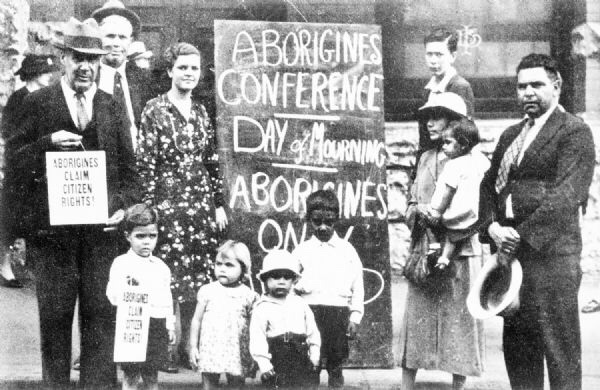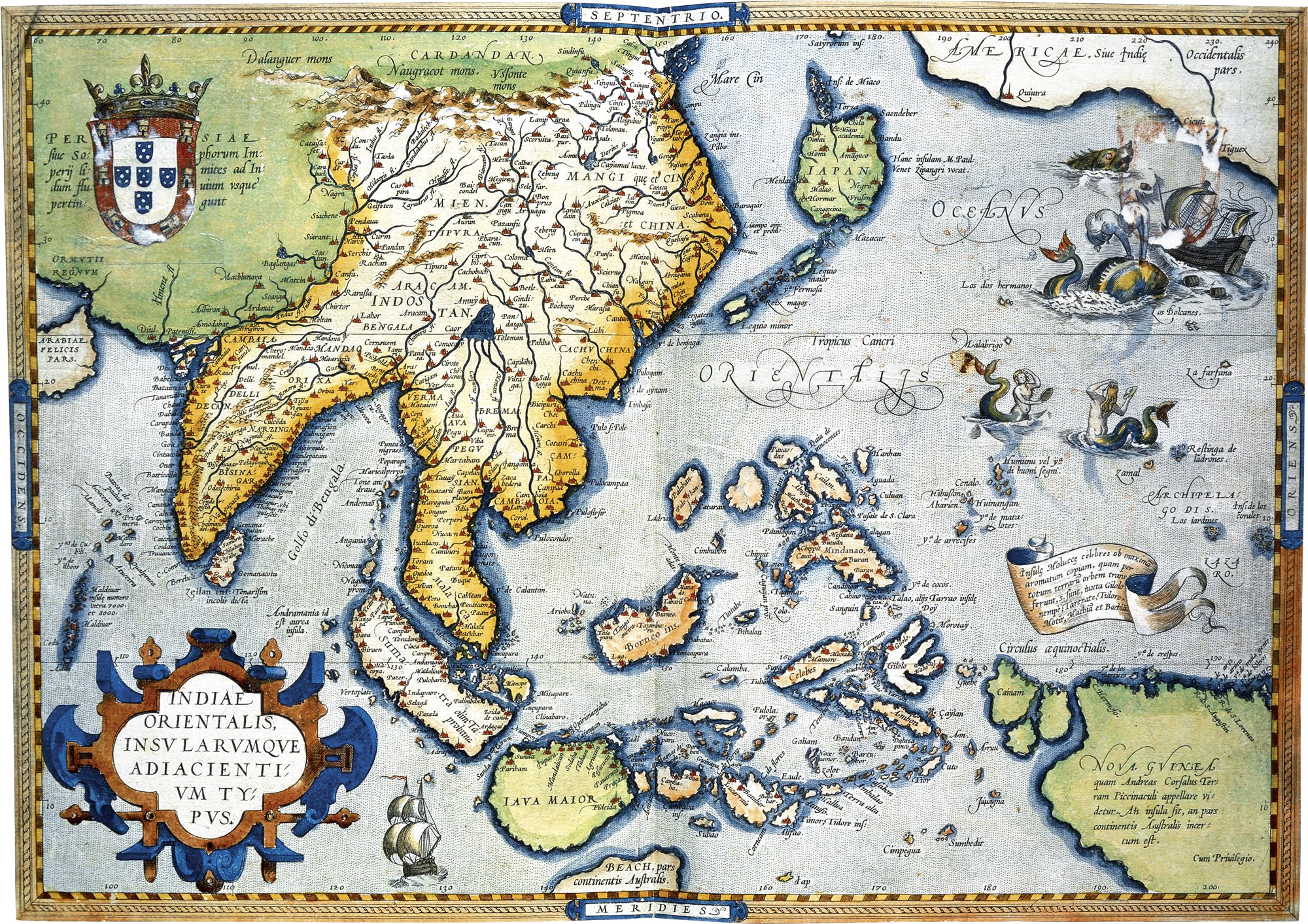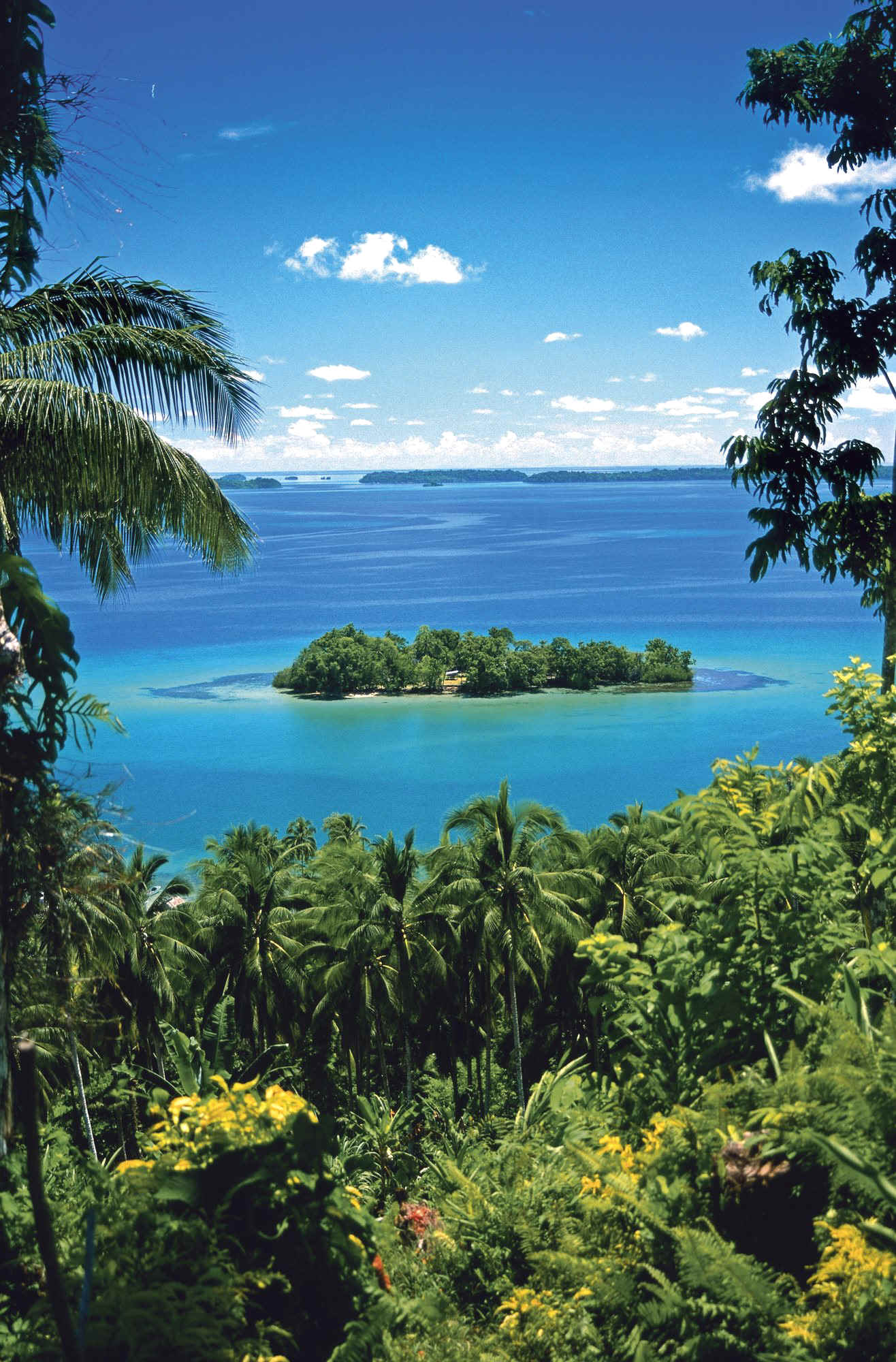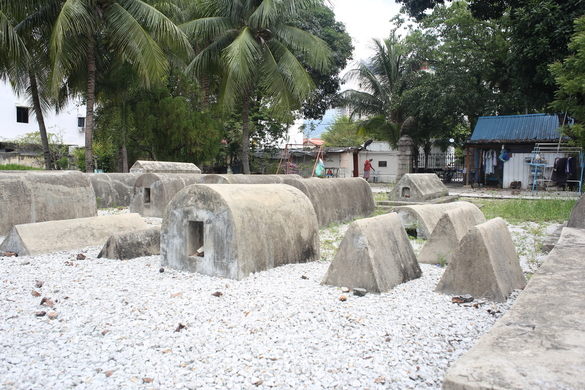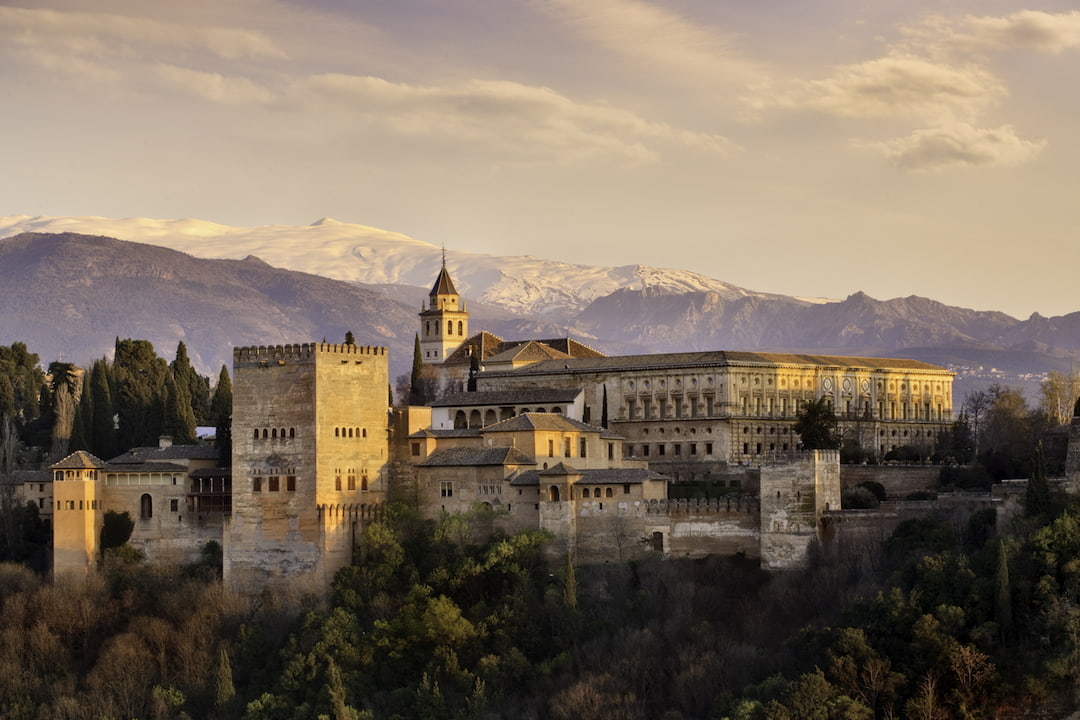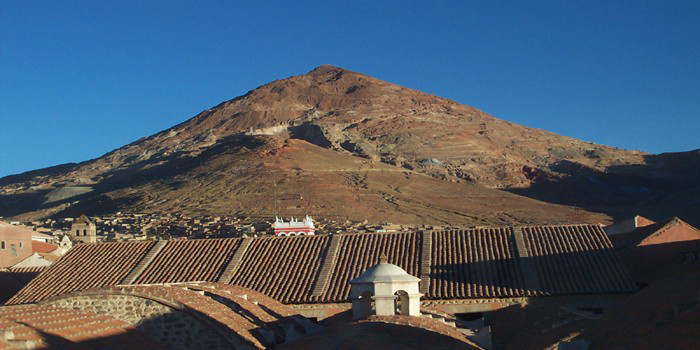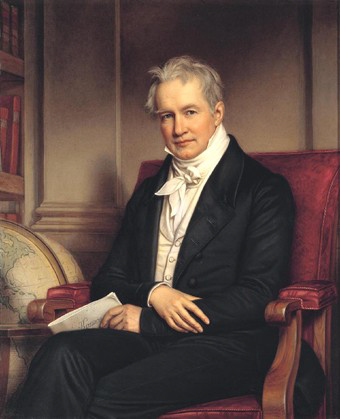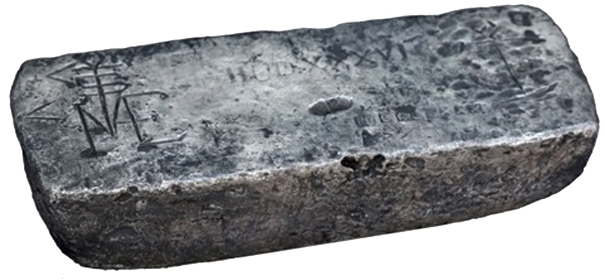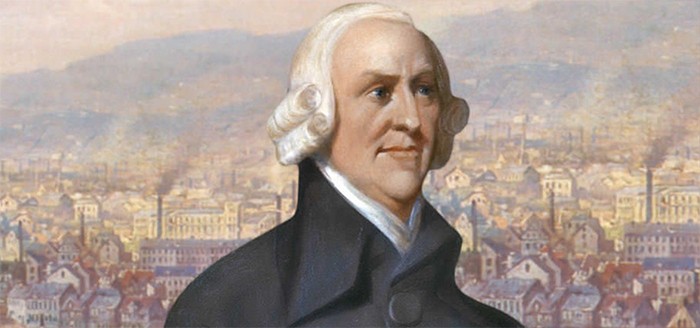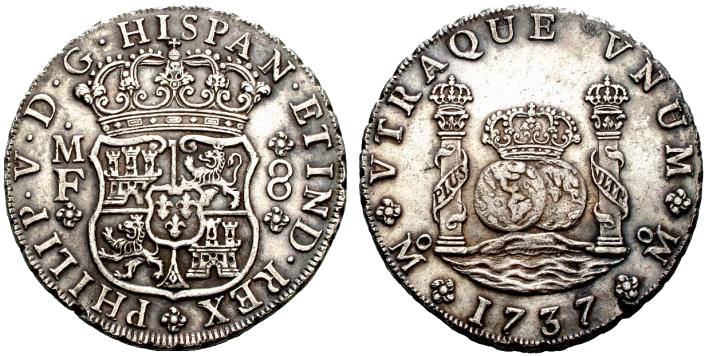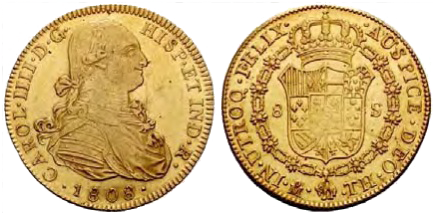|
What a drag it is getting very old.
In our advancing years, every birthday can occasion reckonings with an
increasingly voluminous and unwieldy past, sparking fond reminiscences
alongside warts-and-all inventories of the years that might inspire
reaffirmation of familiar paths, or a wholly new start, or leave us
altogether unsettled and chastened, staring blankly toward a diminishing
future.
Turns
out this can be true even for cities. San Antonio turns 300 this May,
and the city’s tricentennial commemoration of its founding has turned
out so far to be a mixed bag of brightly festooned anticipation,
remarkable creative outpourings, deep historical reflections—and an
unmistakable seeping ambivalence. The city’s official programming has
been plagued by confusion and early misfires. Nonetheless, San Antonio
“obsessives” all over town are seeking out the hidden meanings of
this auspicious anniversary.
Historians,
artists, journalists, and curators are sorting through myriad narratives
of our city’s past and their elusive echoes into the present,
imagining what the city may yet become. In effect, though there are many
official programs and initiatives, the best observances of the city’s
founding are transpiring as a yearlong crowd-sourced event. San Antonio
de Béjar is revealing itself to itself, from the ground up.
Historian
Andrés Tijerina, who consulted with the Witte Museum on their
impressive “Confluence and Culture” tricentennial exhibition,
believes the city’s three-hundredth anniversary has a special
importance. “San Antonio is, was, and will remain the heart of the
story of Texas,” he recently told me. “What happens in San Antonio
has always been at the heart of Texas.”
Tijerina is among a generation of historians whose work over the
last thirty years has reminded us that Texas’s story began not with
the Siege of the Alamo, but long before, and from the south. The fall of
Aztec Tenochtitlán, the Conquest, and the emergence of New Spain and
Mexico was our Plymouth
Rock. San Antonio’s founding two hundred years later arose from those
events, complete with the echoes of first encounters between the
indigenous and Spanish worlds and the emergence of a mestizo settlement.
It was this historic pedigree that made San Antonio the place where
modern Texas would be born, connecting our Mexican origins to an
American future. And, with its abiding, indelible ambiente Mexicano and the
ongoing burgeoning of the state’s Latino population, Tijerina
observes, San Antonio will likely prove to be a decisive community in
the orientation of Texas’s future.
In
the words of one of my mentors, the late San Antonio writer Virgilio
Elizondo: “The future is mestizo.”
SAN ANTONIO
IS, WAS, AND WILL REMAIN THE HEART OF THE STORY OF TEXAS. WHAT HAPPENS
IN SAN ANTONIO HAS ALWAYS BEEN AT THE HEART OF TEXAS.
In
2015, that understanding of our city’s history was affirmed when
UNESCO added the five San Antonio Missions, built between 1718 and 1756,
in the era of New Spain, to its auspicious list of World Heritage Sites.
It’s the sole World Heritage Site in Texas, and one of only 23 in the
United States, including the Statue of Liberty; Independence Hall, in
Philadelphia; La Fortaleza, in San Juan, Puerto Rico; and the ruins of
Chaco Culture National Historical Park, in New Mexico. “World Heritage
Site status wasn’t given to the River Walk,” Tijerina points out.
“They gave it to the Missions! And the Missions is the Indians, it’s
undeniable. The Native Americans were the reason everybody came.
They’ve been here all along!” Indeed, many of the descendants of the
Mission Indians continue to reside in the neighborhoods surrounding the
Missions in present-day San Antonio, illustrating the abiding, and
continuously evolving, nature of San Antonio’s now centuries-old
narrative.
For an event that was three hundred often
strife-torn years in the making, an opportunity to observe and celebrate
San Antonio’s uniquely rich indigenous and mestizo American legacy, it
was cringe-making for many Bejareños to see the launch of the city’s
tricentennial commemoration year with a shambolic New Year’s Eve
kickoff fiesta—headlined by Pat Benatar and REO Speedwagon, two
stellar acts of a hoary yesteryear with no relevance to the city’s
epic Tejano saga.
Watching the live broadcast of the concert at home with my wife on
a frosty night in the Alamo City, the scene reminded us of the
frequently seen bumper sticker slogan: “Keep San Antonio Lame,” with
the a in
lame rendered in the shape of the Alamo.
Just
six weeks before this inaugural event, in November of 2017, Edward
Benavides, CEO of the city’s Tricentennial Commission since its
creation in 2015, resigned after revelations of anemic fundraising, a
thicket of mismanaged contracts, and reports of general managerial
disarray. Aspirations for $50 million in public and private funds to
support an ambitious slate of events and programs were scaled back to
$20 million.
San Antonio’s efforts were soon being unfavorably compared with
tricentennial ceremonies taking shape in New Orleans. San
Antonio Express-News reporters Josh Baugh and Brian Chasnoff, attending Mardi Gras
in January, heard Mayor Mitch Landrieu describe the mission of their
year to be celebrating “with the world the history of the great city
of New Orleans, our culture, our music, our art, and essentially the
greatest asset that we have, which is our people.”
The Nola 300 website is
full of cultural and historical narratives, video, and links to diverse
archival resources, whereas the San Antonio 300 site tilts
toward a festively presented log of partnering events, comparatively
thin on culture and history. The marketing approach is more
parti-colored and fiesta-flavored than philosophically inflected with
any historical gravitas. And, as Baugh and Chasnoff reported, “New
Orleans shaped its celebration without controversy, a result of better
use of resources, more engaged leadership, and less dependency on
municipal government.”
By contrast, Bexar County, the historic Texas condado that
once reached all the way west to New Mexico and north to Colorado and
Nebraska, has been focusing on the horizon of the tricentennial since
2012, beginning with the considerable efforts to secure the World
Heritage Site status. The county’s tricentennial initiative got under
way in 2015 with Nuestra
Historia (“Our History”), an exhibition of artifacts and documents
relating to San Antonio’s origins in Iberia and New Spain, followed by
a series of three historical symposia in the years since.
The
county’s most ambitious undertaking has been the creation of a linear
“culture park” that will ultimately stretch 2.5 miles through
downtown San Antonio along the banks of the restored San Pedro Creek.
The first section is due for inauguration during the tricentennial
celebration in the first week of May of 2018. Archaeologists have
revealed that the creek was the scene of human settlement going back
10,000 years, and it was also the place of the city’s first settlement
in the time of New Spain, as well as the locus of much of the city’s
early development. Using interpretive historical signage, mythic word
art inscriptions (which, full disclosure, I played a role in creating),
and public art, the park will present the city’s millennial story for
pedestrian visitors.
The city of San Antonio’s Tricentennial Commission is now under
new management, has made grants to support numerous tricentennial-themed
programs, and is focusing on a slate of events planned for
“Commemorative Week” in the first week of May. Still, how could such
a terrific opportunity to tell San Antonio’s incomparable American
story be so awkwardly fumbled out of the gate? The city’s feverish culturati are
agitated and opinionated. One local analyst of cultural goings-on
observed that neither the former mayor, Ivy Taylor (under whose auspices
the commission was created in 2015), her successor, Ron Nirenberg, who
took office in June of 2017, nor the city manager, Sheryl Sculley, were
San Antonio natives.
Mayor
Nirenberg, a longtime San Antonio denizen, regrets the stumbles, but
after the course correction, he’s hopeful. “The tricentennial,” he
explained to me, “is an opportunity for San Antonio on a world stage
to demonstrate why people locally and around the world should care to
spend time, be interested in, and invest in our city. It has an
extraordinary heritage, rich diversity, and this is an opportunity to
celebrate the city we have become and the city we are growing to be.”
What
all of this may reveal is that San Antonio’s heritage is too expansive
to be managed by a single municipal commission. And, perhaps still more
telling, amid the recent confusion, history uncannily seems to be
repeating itself.
A century ago, San Antonio politicos attempted
to plan for a grandiose bicentennial fair to celebrate the city’s
two-hundredth birthday, only to have citizens vote down a $1 million
bond initiative, half the anticipated budget. Ultimately, the event was
abandoned altogether. Could it be that, alongside pride in the city’s
history, there also lingers a deeper ambivalence about San Antonio’s
indigenous and New Spain origins that partly accounts for the reticence
and missteps surrounding our indecision about how to commemorate and
recall its past?
We’ll never know what ancient geomancy may have aided the First
Peoples in divining this fertile place of (once) abundant waters, where
the springs of San Pedro Creek and the Blue Hole headwaters of the San
Antonio River are separated by gentle hills and dales with an escarpment
to the north and rolling river plains to the south. It was a verdant
place that would become a crossroads of peoples traversing the landscape
through the millennia, leading to the fateful encounters that would
eventually bring about the creation of a presidio, a mission, a villa,
then a town, and then an American city—and whatever it is we are still
to become. San Antonio was born in 1718 under the sun of another empire,
at the remote northern frontier of New Spain, in the lands that had once
been known as las tierras bárbaras or las
tierras de los infieles—the barbaric lands of the infidels.
That was the beginning of the Tejano saga, much of which has been left
out of official histories, until recently.
San
Antonio’s Tejano history is of a place born of meetings between
strangers in a propitious natural setting, first between the indigenous
and the newly arrived Spaniards at the farthest edge of a short-lived
empire, then briefly reimagined as the legendary scene of the birth of
the Texas republic, and then reimagined once again as a city at the
frontier of yet another empire to which many people of the world would
come. That’s the story of how we became American.
Yet despite all the changes in nations and governments of this
place since its founding, San Antonio’s origin in the unfolding story
of Mexico is a part of our destiny that continues to play out, like one
plot line in an endlessly unspooling movie. According to census data
from 2010, Hispanos make
up 63.2 percent of the city’s population, a “majority minority”
population as it has recently been dubbed. Or, as I think of it, the
demography of a longtime “secret” Mexican city.
The Tejano historian and folklorist Américo
Paredes has argued that we remain within the spiritual and cultural
patrimony of a “Greater Mexico,” a sanctuary of history and memory,
which includes all who’ve come here to partake in it. (My family, like
so many others, has found refuge here over the last century.) This
legacy may be particularly discomfiting in these fractious times, when
the borderlands are contested, policed, and mortally catalyzed, and the U.S.-Mexico border appears to be
as abscessed a wound as ever. It’s a political border in search of an
elusive cultural partition.
And
in addition to the implications of the unresolved story of our Mexican
birth and our American maturation, San Antonio looms like a grizzled,
wild-eyed prophet in the Texas epic, telling anyone who will listen that
regimes rise and fall, empires come and go, and they can blow away from
one day to the next like dry leaves from a pecan tree. Nueva España. La
República de Mexico. The Republic of Texas. The United States of
America. Each of these transitions was another occasion for bloody
conflict.
It’s a litany of unlikely and violent reinventions, yet this is
the saga of San Antonio de Béjar. Still, what is it a story about?
In that query may lie the still germinal promise of San Antonio’s
tricentennial, regardless of what comes of the official observances.
Across the communities of San Antonio, the anniversary has occasioned a
serendipitous coalition of museums, art galleries, performance spaces,
and journalists—each with their own testimonio regarding San Antonio’s
origins, history, and unfolding destiny. These emerging acts of witness
reveal how everyone carries their own story of their connection to the
saga of San Antonio, and what these stories may yet mean for the future
of the city, Texas, and America alike.
AT ITS
DEEPEST, SAN ANTONIO’S STORY IS A MYTHIC TALE ABOUT INDIGENOUS,
SPANISH, MEXICAN, TEXAN, AND AMERICAN BECOMING.
Betty
Bueché, director of the Bexar Heritage & Parks Department, put it
this way: “It doesn’t matter when you got here. If your ancestors
came 10,000 years ago, 287 years ago, when the Canary Islanders
[creators of the first civil government in 1731] arrived, or ten years
ago, everybody is a part of this story.”
At its deepest, San Antonio’s story is a mythic tale about
indigenous, Spanish, Mexican, Texan, and American becoming.
Over three centuries, it has come to involve people of all nations—a ciudad
cósmica, or cosmic city. It’s a story that is unashamed of its
astounding metamorphoses, daring the world to demur from our changes
through the three centuries.
How
is this deeper story being told in this tricentennial year? Here are a
few ways people around the city are answering that question, with
destinations that might merit a road trip.
“San Antonio 1718: Art from Viceregal Mexico”
The San Antonio Museum of Art
The
exhibition greets visitors with a prophetic and corrective epigraph from
a letter Walt Whitman wrote in 1883 in observance of the 333rd
anniversary of Santa Fe’s founding, referred to as “The Spanish
Element in Our Nationality.”
“We
Americans have yet to really learn our own antecedents,” Whitman
wrote. “We tacitly abandon ourselves to the notion that our United
States have been fashioned from the British Islands only . . . which is
a very great mistake.”
Organized
around the themes of “People and Places,” “The Cycle of Life,”
and “The Church,” the SAMA exhibition is a trove of paintings,
sculptures, religious implements, and personal effects that illuminate
myriad aspects of San Antonio’s genesis in the viceregal world of New
Spain. It was imagined and curated by Marion Oettinger Jr., the longtime
SAMA curator of Latin American art and internationally noted expert in
the art of Viceregal New Spain. “It’s not about art history,”
Oettinger told me. “It’s about the history of San Antonio, told
through art.”
The show reveals how, from its inception, the city’s birth was
inflected with a mystical, evangelical fervor. There is a grand portrait
of Sor María de Jesús de Ágreda, a legendary Spanish nun of the
seventeenth century who never visited the New World, much less San
Antonio—at least not in her body. Instead, she claimed to have
“astrally” projected her spirit through a series of 500 metaphysical
bilocations, appearing to the Chichimeca natives of northern New Spain,
in Tejas and New Mexico, as an apparition of a blue lady,
“preparing” them for their eventual evangelization. The Spaniards
believed that the all the “savages” of the mundo nuevo had
to be converted before Christ would return. Her connection to San
Antonio was through the work and missionary efforts of one of her
devotees, the Franciscan Fray Antonio Margíl de Jesús, also
represented in the exhibition, who journeyed here in 1720 to found
Mission San José y San Miguel de Aguayo in partial fulfillment of Sor
María’s prophecies towards building the City of God.
There is also a collection of fifteen exquisitely rendered castas paintings
by José de Páez from 1780, the genre which depicted the unique race
“science” that emerged from the delirious mestizaje,
or mixing of peoples of many nations, in colonial Mexico. If this
phenomenon could not be controlled, the Sistema de Castas sought to
classify the mixed offspring in a hierarchical taxonomy, with Spaniards
at the crown of social rankings. The paintings routinely show a nuclear
family, father of one ethno-racial extraction, mother of another, and
the resulting child of union. While the paradigmatic union was Español y India produce Mestizo, (Spanish and Indian produce Mestizo), there were as many as 95
permutations of racial and ethnic mixtures represented in the “caste
system” of New Spain, many of which appear as descriptions in the
earliest censuses of San Antonio de Béxar, part of what historian Gary
Nash has called “the hidden history of mestizo America.”
What
is the message this show imparts to San Antonio’s tricentennial
commemoration? “Our ties with Mexico go very, very deep and far, and
we wanted to show there was life before the ‘A’ word [Alamo],” he
said, laughing.
Referring to the castas paintings,
he sees the show as an emblem representing San Antonio’s place in the
emergence of la raza cósmica (the cosmic race)
in Texas, using the phrase coined by Piedras Negras–born Mexican
philosopher and politician José Vasconcelos to describe Mexican
mestizos as a race of all races. “We will never have a relationship in
this country’s future that’s more important than Mexico. We’re
joined at the hip, and we’ve got to figure out a way to honor that!”
“Confluence and Culture, 300 Years of San Antonio History”
The Witte Museum
This
exhibition seeks to comprehensively span the centuries of the city’s
story, but it begins with an immersive, synesthetic evocation of the
city’s cosmic identity as a crossroads of all nations. Visitors enter
a darkened, cave-like gallery space partitioned by a series of stone
arches in the style of San Antonio’s missions. Video projections of
photos drawn from the city’s history move kaleidoscopically up, down,
and across the walls—landscapes, buildings, historic plazas, mission
scenes, faces, and skyline views through the years.
The work, titled Cacophony, is
by artist and composer George Cisneros, and the transfixing visual
panorama is complemented by a 40-minute loop of sound art, a 48-channel
track playing through 16 speakers that overlays natural sounds of water
flowing with industrial machine sounds, a typewriter clicking,
helicopter rotors whirring, and words of welcome spoken in myriad
languages. You hear Coahuilteca, Gregorian, and Buddhist chants with the
Muslim call to prayer, the blowing of the shofar, gospel organ, and
song. “It is Cacophony,”
Cisneros told me, “but I also call it ‘(My) Faith in San Antonio,’
with the ‘my’ in parentheses.”
Through
six galleries, the show’s historical narratives draw on recent
developments in the historiography of San Antonio and south Texas by
such historians as Gerald Poyo, Jesus F. de la Teja, Amy Porter, Antonia
Castañeda, and the show’s historical consultant, Andrés Tijerina.
“It used to be that historians were teaching that the history of Texas
starts out on the British Isles,” Tijerina said. “But now they’re
teaching that the history of Texas starts on the Iberian Peninsula.”
After Cacophony, the Witte show proceeds through
galleries beginning with life in la Frontera, then the Missions, the
development of the unique Tejano town and identity, the legacy of San
Antonio’s many battles and military enterprises, and then ending with
industrialization and the emergence of the modern city.
When
I asked Tijerina about the single most important object in the show, he
became animated talking about an extraordinary artifact: the sunburned
leather-bound journal of baptisms from 1718 of Fray Antonio de Olivares,
the founder of the Mission San Antonio de Valero, or Alamo. “This is
the man who built the Alamo. He made San Antonio! He argued, he fought
with the Viceroy and the generals, and brought Spain. He founded this
place,” Tijerina explained emphatically. “It’s called the book of
baptisms, in his handwriting, and he names every person. And let me tell
you something: Those are Indians, there’s Spaniards, there’s
Mexicans. But you want the birth of the people of San Antonio? They were
the Native Americans, and he’s got who was born and what date!”
Tijerina
sees this artifact as a record of the city’s conception and birth, a
text that records the meeting of the indigenous and Spanish worlds, a
complex union forever imprinted on the city’s future.
“This
is not a book of the baptism of an Indian,” Tijerina insists.
“It’s the book of the baptism of San Antonio. This is your birth
certificate! Cities don’t have a birth certificate. San Antonio’s
got one, by God. It’s signed, original.”
The
“Confluence and Culture” exhibition also presents a chronicle of the
human toll in the battles for all of our becoming: the bloody battle of
Medina (1813), Concepción (1835), the Siege of Béjar (1835), the Alamo
(1836), the Civil War, World Wars I and II, Vietnam. Complemented by an
account of the creation of the U.S. Army’s Fort Sam Houston and Kelly,
Lackland, and Randolph Air Force Bases (which helped create a Mexican
American middle class), it’s a telling of how we became known as
Military City, USA. It’s a part of the San Antonio story that
takes on a mythic meaning, a recollection of the Homeric struggles
through which our antecedents fought to achieve broadening forms of
civil government that might yet seek protections for all, perhaps
against all odds, shirking the histories of discord and exclusion.
The
“Confluence and Culture” exhibit bookends these narratives with an
homage to the birth of San Antonio as a modern American city. This
gallery includes the lectern that JFK used during his visit to San
Antonio on November 21, 1963, when he inaugurated an aeronautics
research center at Brooks Air Force Base. A poignant video shows the
speech he gave that day, passionately arguing how space science would
transform the fields of technology, atmospheric science, and human
biology and medicine. The next day he was assassinated in Dallas.
“Common Currents”
This is the ultimate crowd-sourced testimonio to
San Antonio’s tricentennial. Initiated by Southwest School of Art,
it’s an ongoing collaborative project with five other local arts
organizations. Each institution designated two artists, who each chose
two other artists, who each reached out to two others, and so on. Now
it’s a dendritic coalition of 300 artists, each of whom was given a
year of San Antonio’s history to evoke, respond to, imagine anew, or
otherwise commemorate. “300 artists for the 300 years” was the
project slogan. The sizzling exhibitions, including works in every
genre, continue through early May.
Joe Harjo’s contribution to the project is titled Muskoke
Indian standing and breathing at Yanaguana (ancient indigenous name for
San Antonio) in the exact spot other Indians stood and breathed in 1749
and for thousands of years before. A monoprint of the artist’s
footprints, in red paint on white paper, punto.
Terry Ibañez’s work, a remembrance of 1888, pays homage to the
legacy of the eighteenth-century tale of Pedro Huizar, stone carver of
Mission San José’s legendary sacristy Rose
Window. The multimedia piece depicts interlocking hands surrounding the
elaborately carved window, overlaid upon faded cartographic images of
the Huizar Spanish land grants in the Mission environs. Huizar’s
legacy is a classic San Antonio story of transformation. He was recorded
in his earliest census entry as a Moro, denoting an African-Mexican
person in the Sistema
de castas, and he appeared in a later census as a Mulato, of mixed origins,
suggesting his social station had risen. And then, once he’d become an
accomplished citizen of San Antonio, he is recorded in a final census as
an Español, an exemplar of the fungibility of identity and prestige early in
San Antonio’s history. Huizar’s story also illuminates an often-heard critique of
current tricentennial initiatives that ignore African American legacies
in San Antonio. And yet his story is also testimony to San Antonio’s
heritage of protean changes, as if to say that all can find their
sanctuary here and, through struggle, make their own way.
Bexar County’s San Pedro Creek Culture Park Project
This $125 million project may prove to
be the signature achievement of San Antonio’s tricentennial
commemoration, set for inauguration in early May. The Culture Park will
last long beyond the tricentennial year; in fact, it’s meant for
perpetuity.
It grew out of the county government’s involvement with the
Museum and Mission Reach extensions of the San Antonio River, which
garnered great community response for their incorporation of public art
and site-specific cultural narrative. In a recent conversation, County
Judge Nelson Wolff, head of Bexar County’s Commissioner’s Court,
told me that the San Pedro Creek Project was conceived of and designed
by the San Antonio–based architectural firm Muñoz & Co., noted
for their practice of a unique style of “mestizo regionalism” and
“Latino Urbanism.” Early designs for the project included a
multicolored, vaulting bridge structure recalling the ancient jácales
of indigenous peoples and lighting fixtures draped with illuminated
teardrops. The company got a lot of pushback from the community. “Too
much color, too glitzy,” Wolff explained. But to his credit, it
evolved into Let’s
tell the story of San Antonio on the creek.
Where
the River Walk experience has morphed into touristic simulacra of things
Mexican and Texan, San Pedro Creek Culture Park is intended to be an
immersive encounter with the city’s millennial legacy. The creek’s
route through San Antonio’s historic downtown traces a path deep into
the city’s origins. Large illuminated panels of punched metal cladding
on the hydrological plant at the trailhead depict the stars in the sky
in May of 1718. Along the creekside path, historical texts tell of the
first human settlement going back thousands of years, of the Spanish
founding of Mission San Antonio de Valero, of the first land grants, of
the first industry, of the community of Italians, of the first African
Methodist Episcopal church, of the legendary Alameda Theater.
While the first stretch is currently under construction, already
installed is a sprawling, brilliantly colored tile mural on one of the
park’s walls created by San Antonio artist Adriana Garcia. The mythic
tale she unfolds there invokes the “place of herons,” the legendary
homeland of the Mexica people who would build Tenochtitlán in the
valley of Mexico. The Coahuiltecas are there, hunting, planting, and
harvesting, as are the Spanish settlers who would come long after. Other
immigrant arrivals appear in the sprawling scene. And at the center of
the panorama, Garcia has depicted her own mother’s family, seated on
the banks of the abundant waters that have nurtured generations. Nearby
is one of the wall inscriptions that reveals the title for the mural: De Todos Caminos, Somos Todos Uno.
From all roads, we are all one.
MORE FROM THIS COLLECTION
San Antonio at 300
From billionaire Kit Goldsbury to artist Ana Fernandez to former
NBA All-Star Tim Duncan, seventeen San Antonians reveal why their
historic city may be the most interesting place in America right now. Read more.
Sent by Andres Tijerina, Ph.D.
andrest@austincc.edu
|
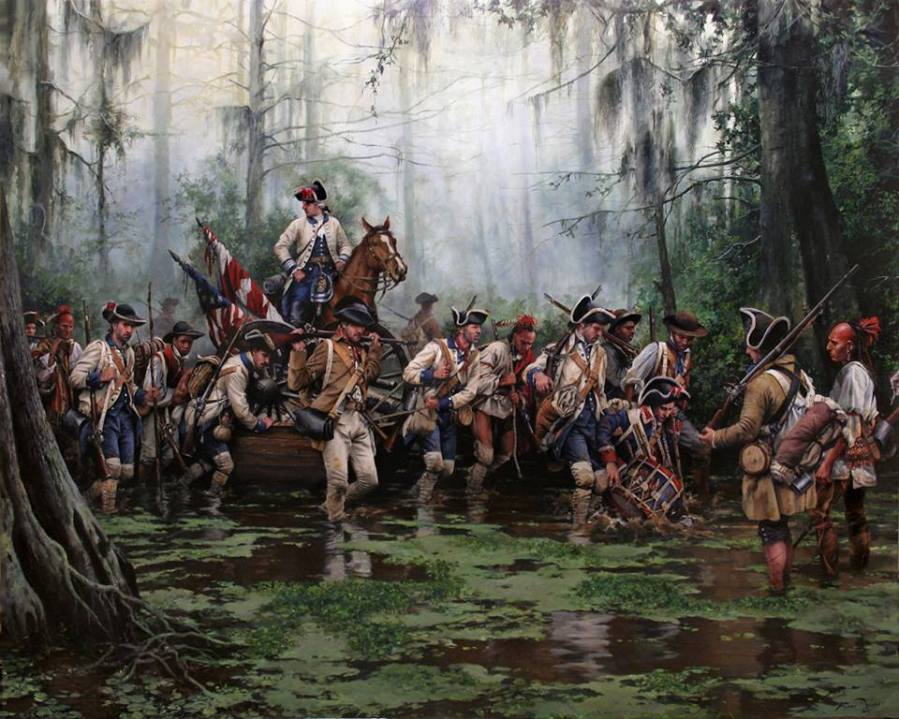



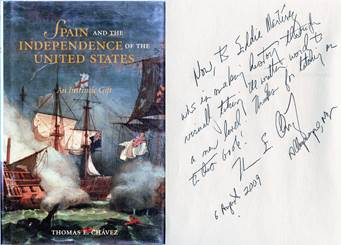

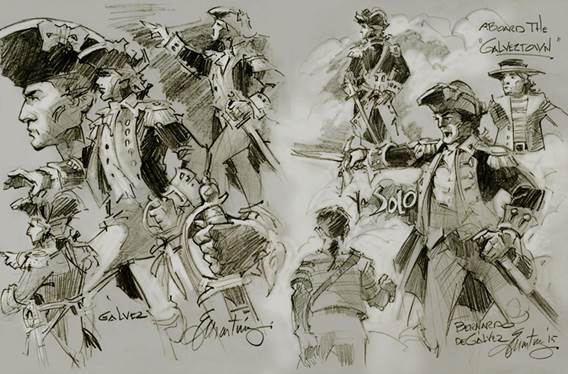
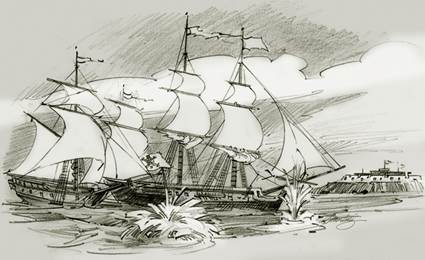
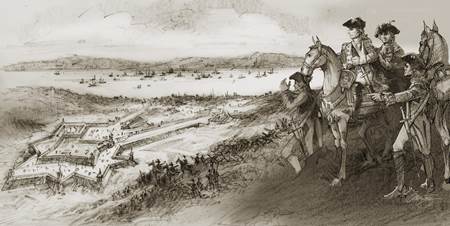
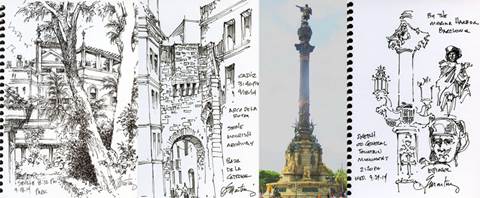
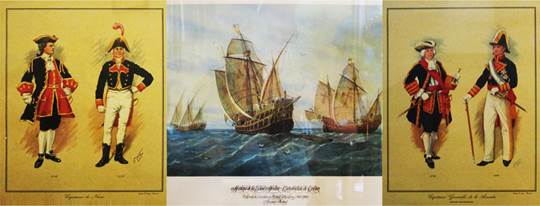




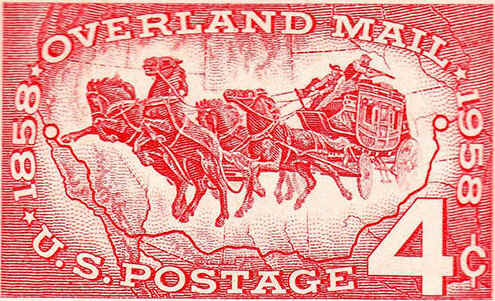

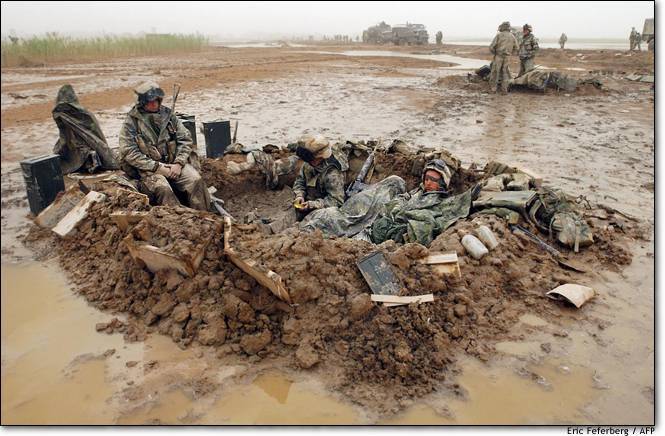
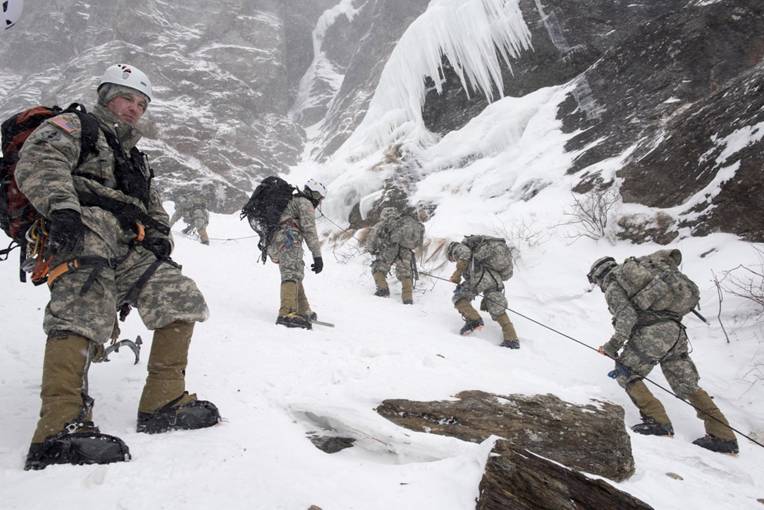


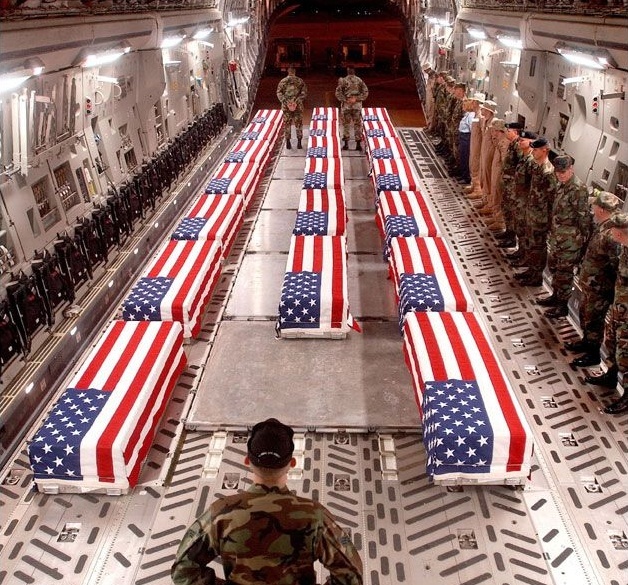


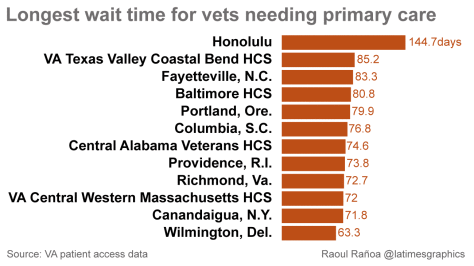
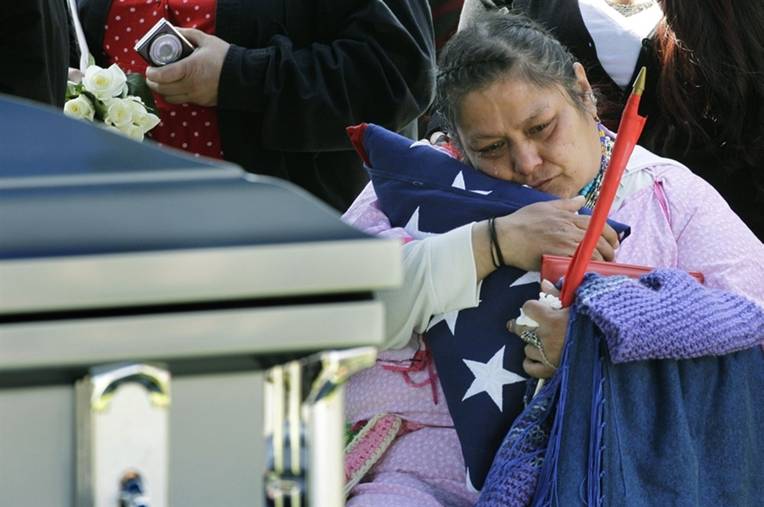
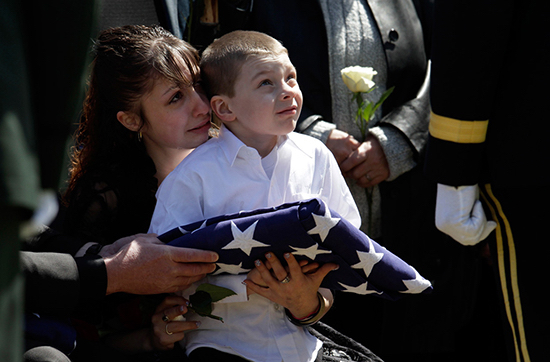
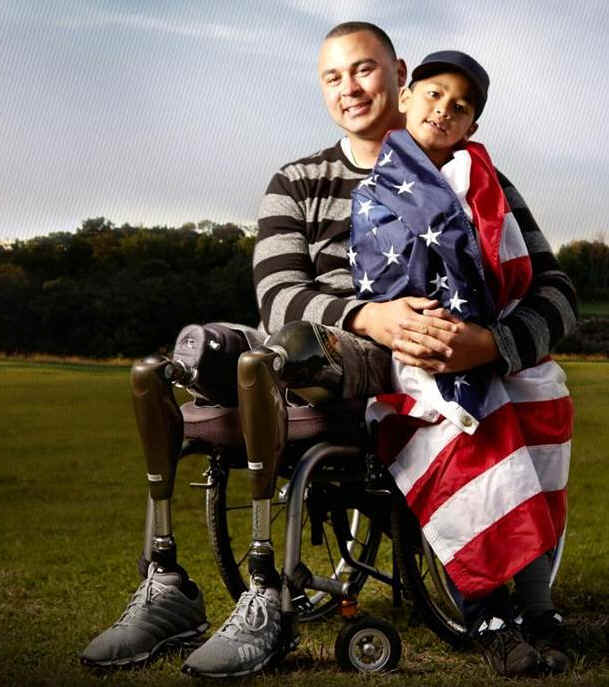
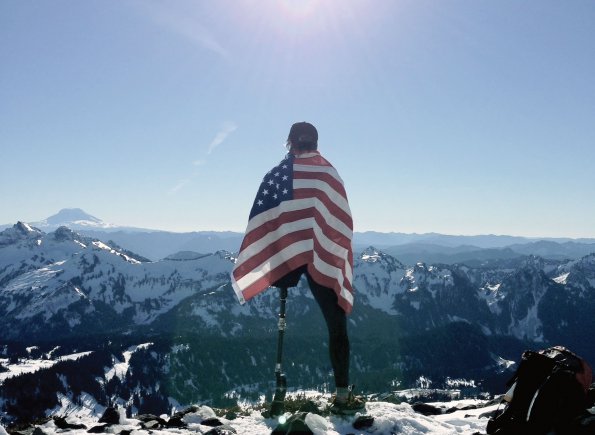


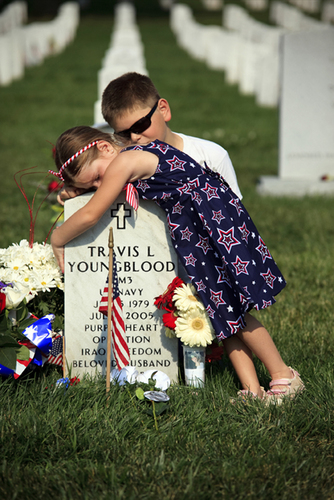
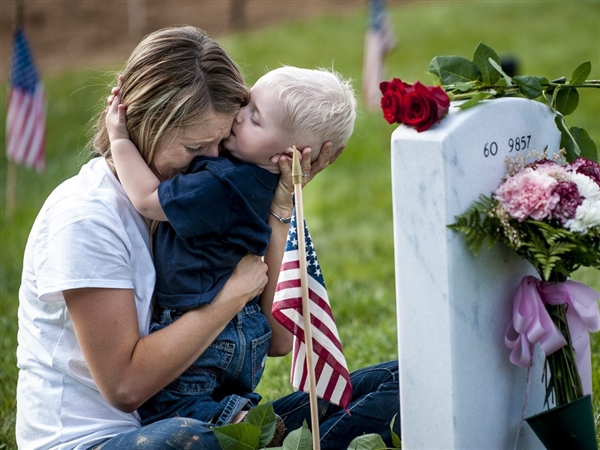
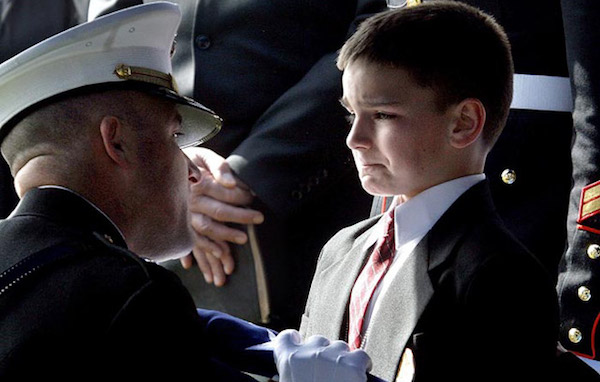



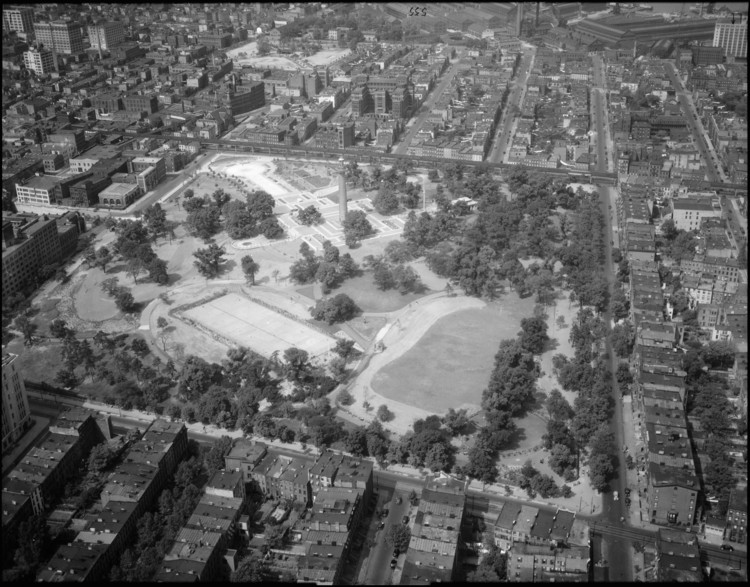
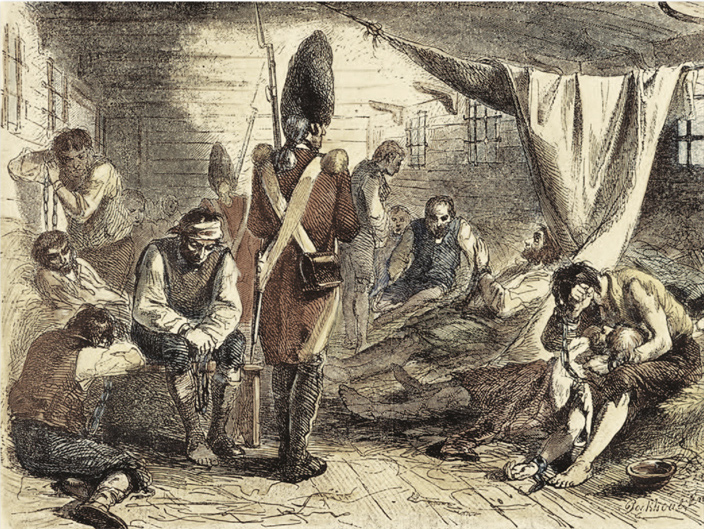
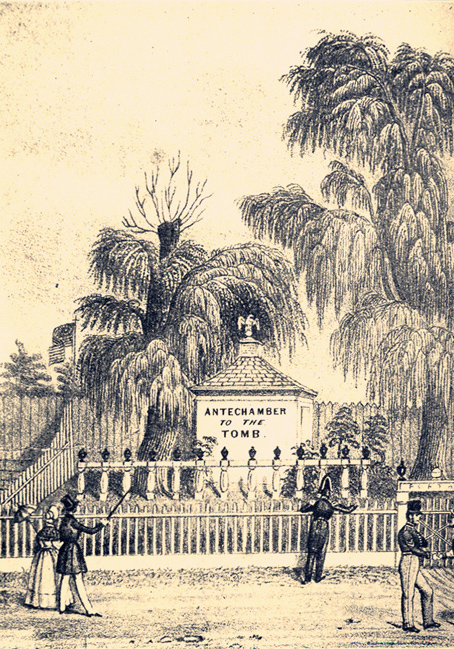 As
captives on the Prison Ships perished, their bodies thrown into the East
River and left to the tide, residents
As
captives on the Prison Ships perished, their bodies thrown into the East
River and left to the tide, residents 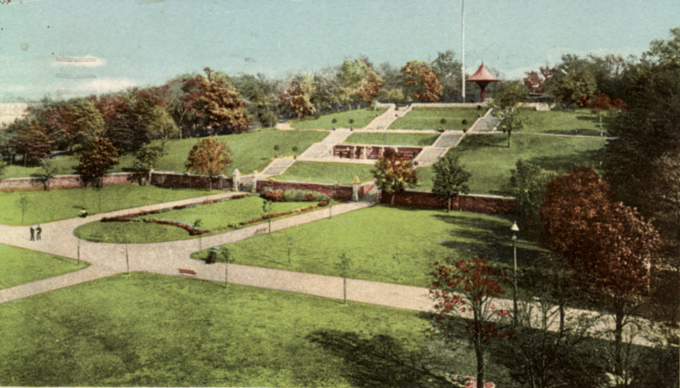
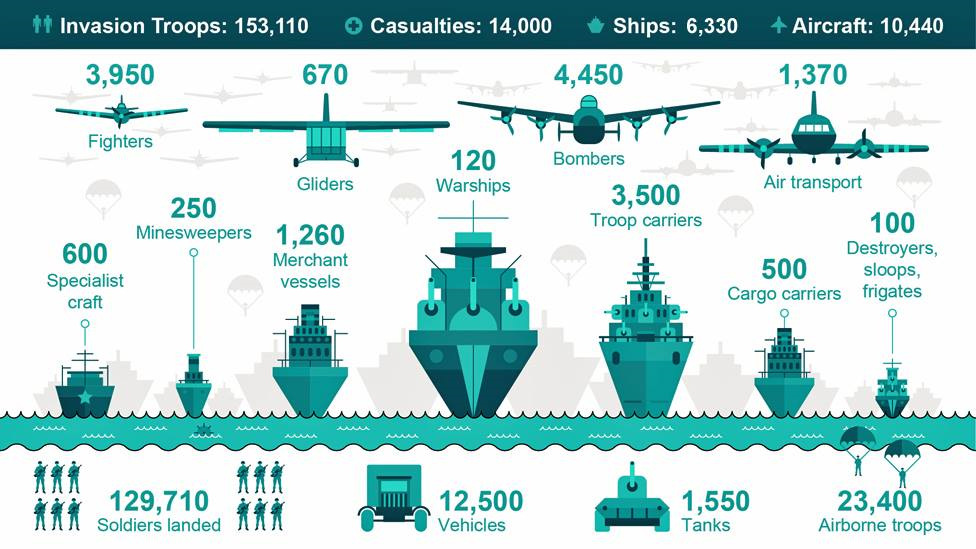






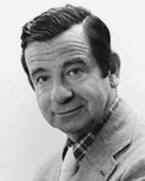
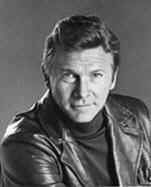
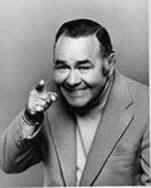
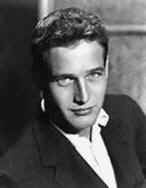
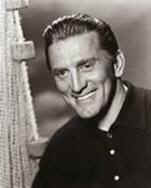

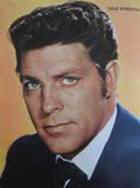
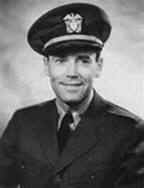
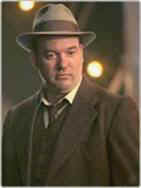
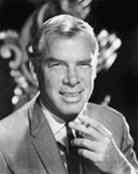

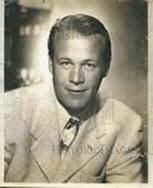
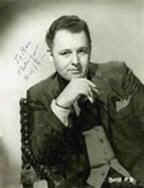
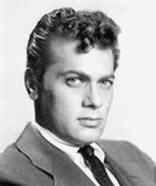
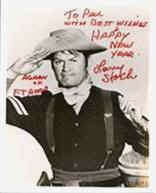
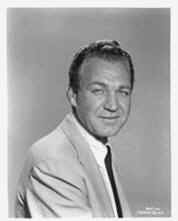


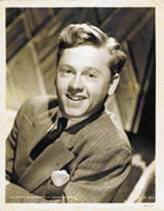
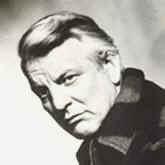
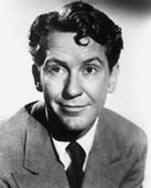
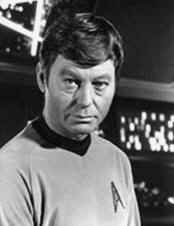
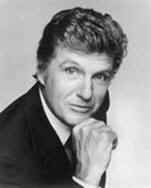
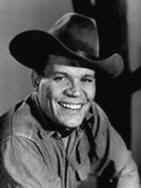
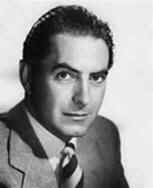
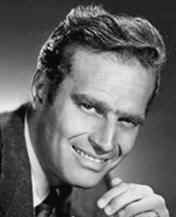

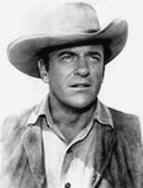
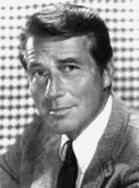
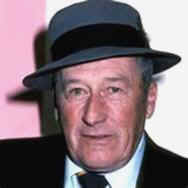
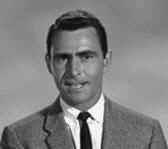
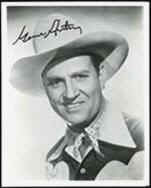
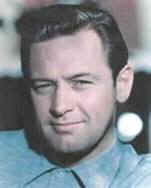
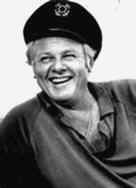
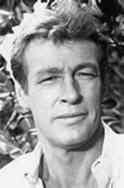
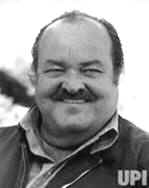
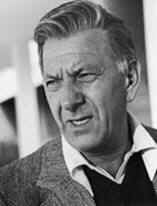
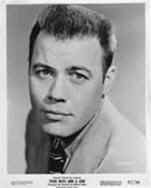
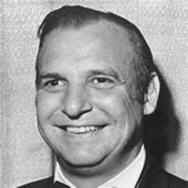
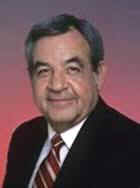
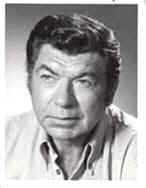
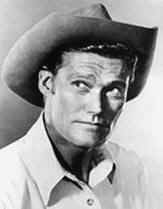
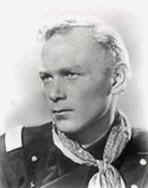
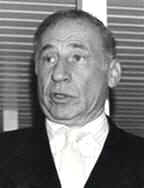
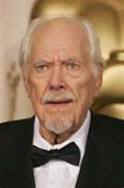
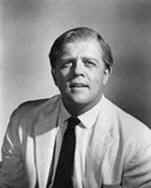
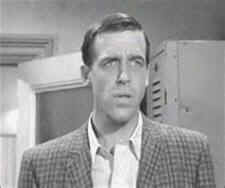
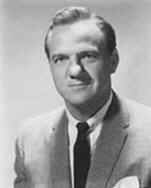
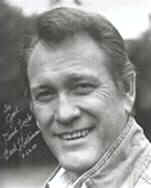
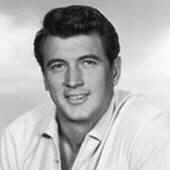
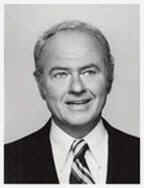
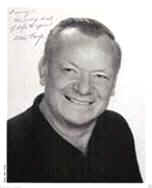
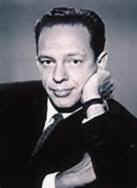
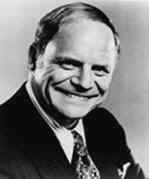
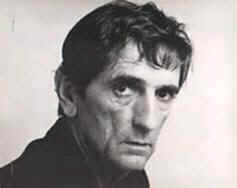

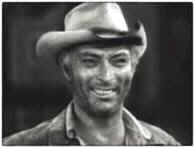
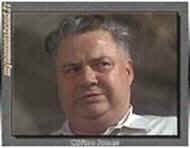
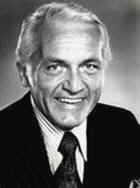
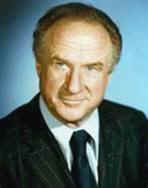
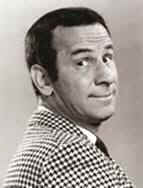
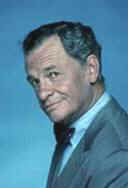
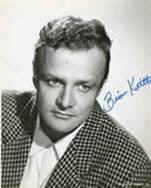
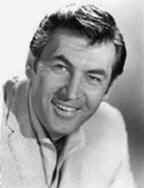
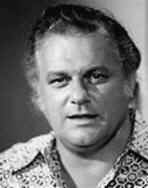
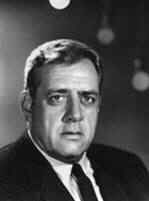
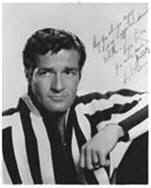
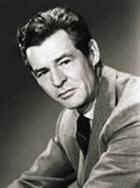
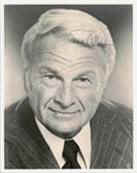
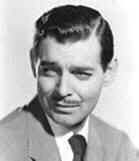
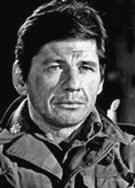
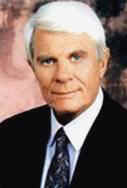
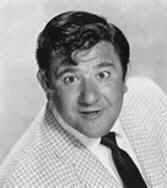

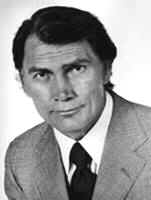
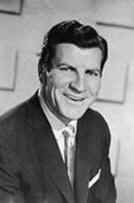
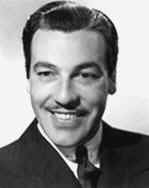
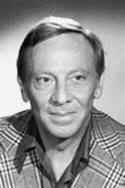
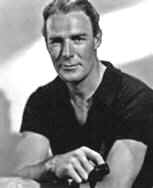

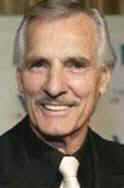
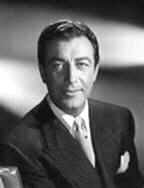
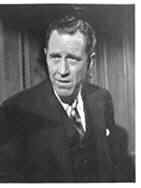
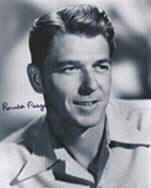
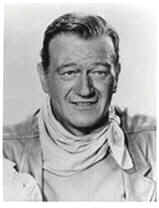
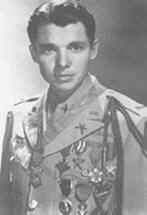
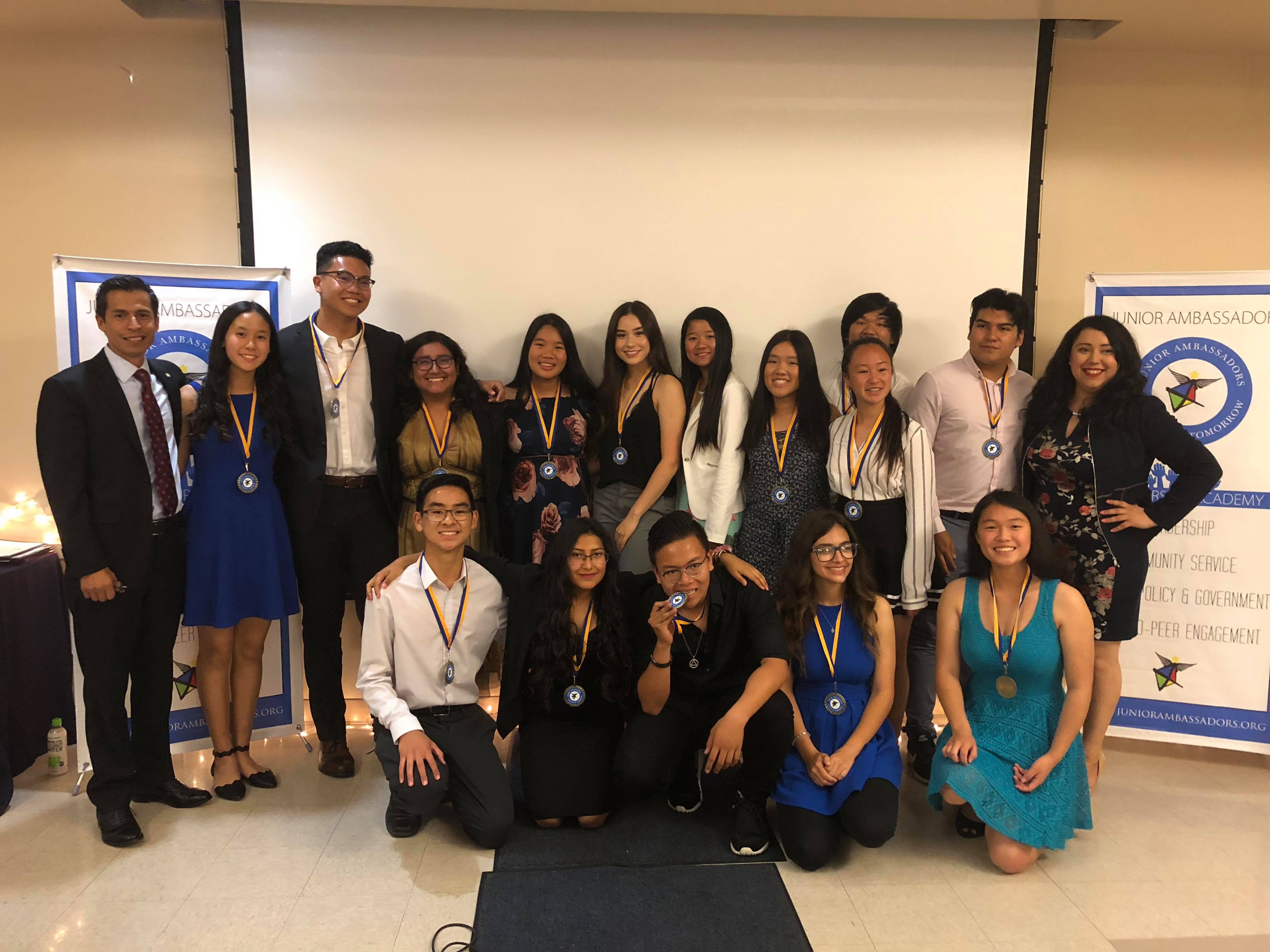
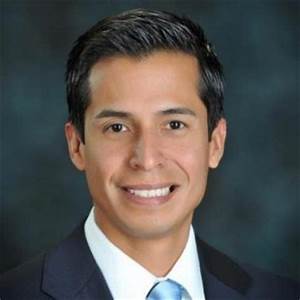 Sergio Contreras, the principal organizer of the Westminster Jr.
Ambassador, Councilmember, Westminster City shared:
Sergio Contreras, the principal organizer of the Westminster Jr.
Ambassador, Councilmember, Westminster City shared: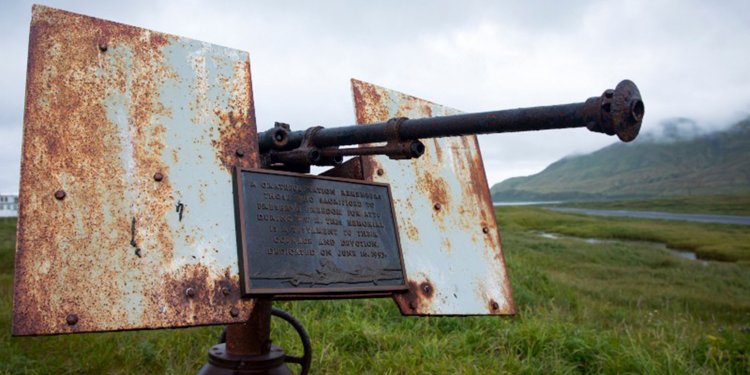
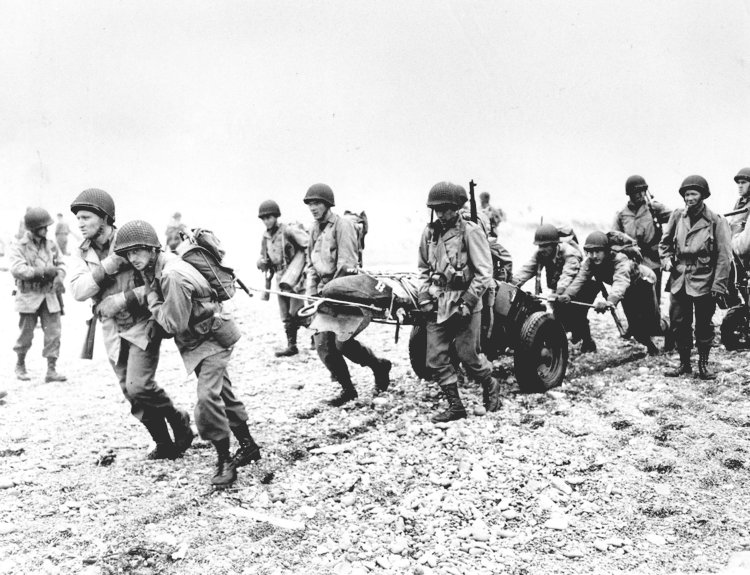
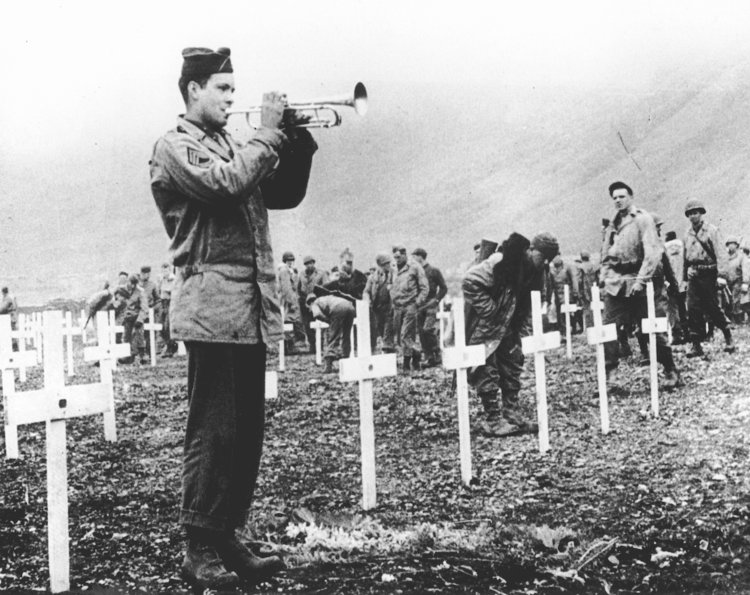
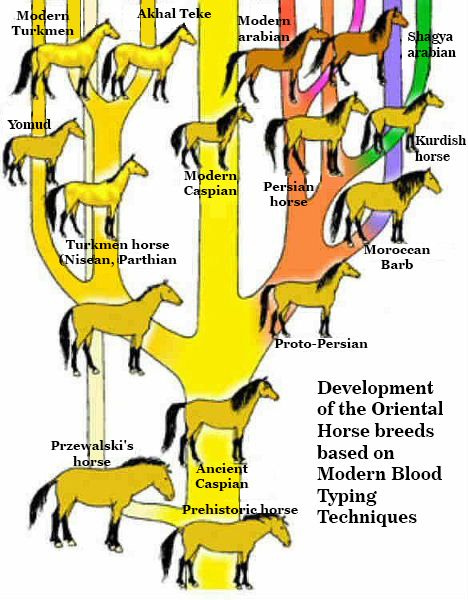

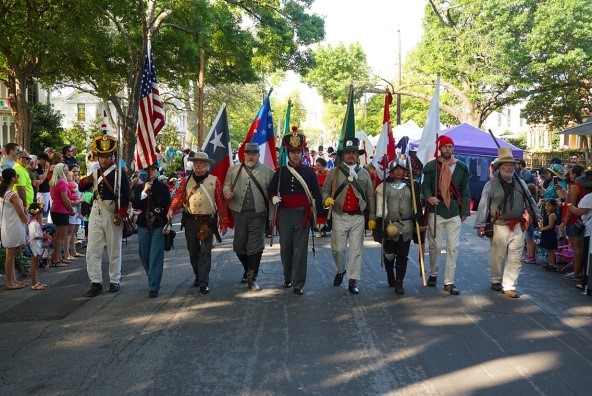
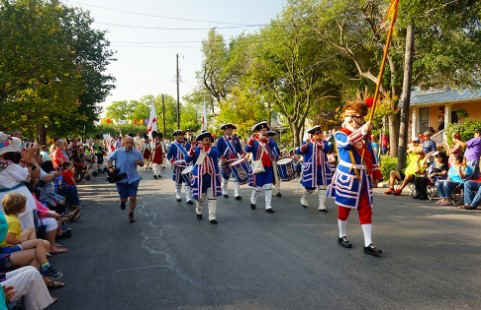
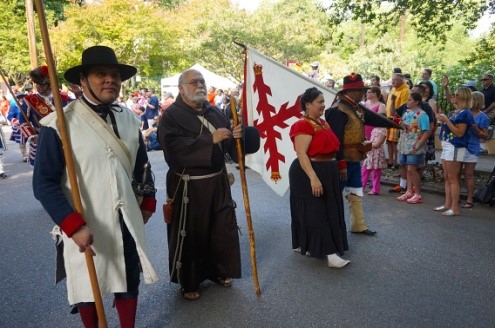
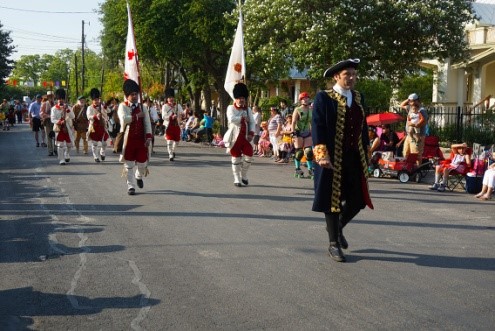
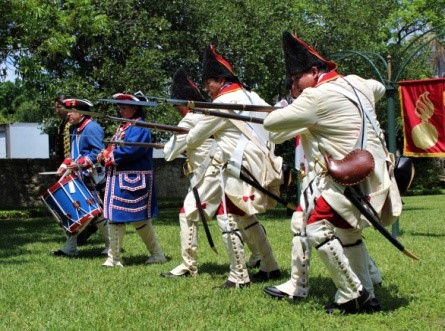
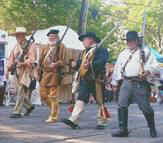
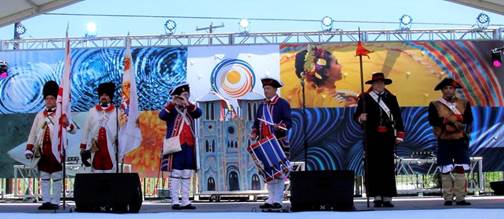

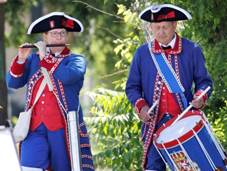
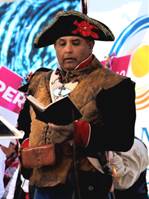

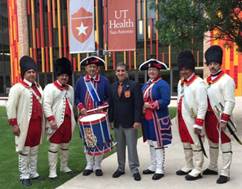
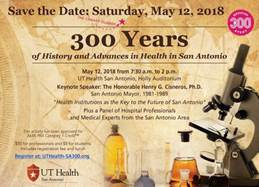
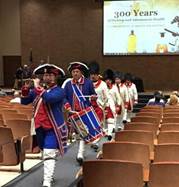
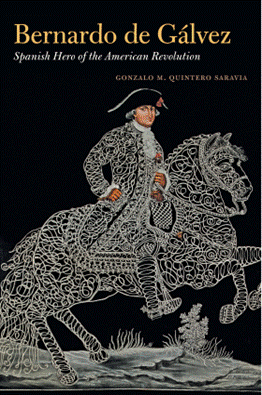
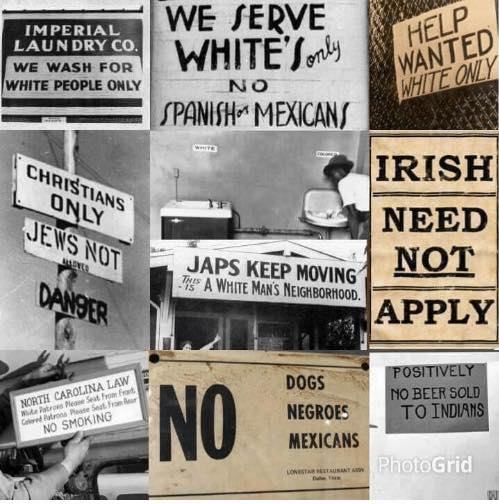
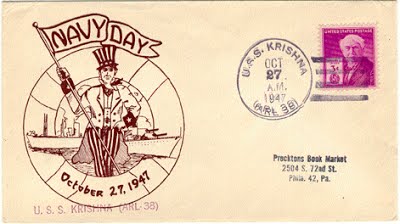
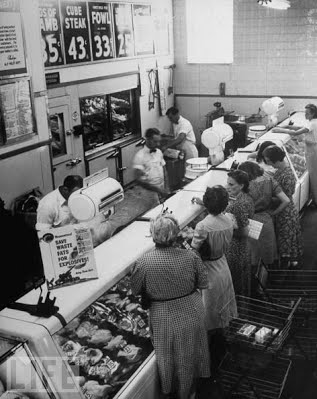
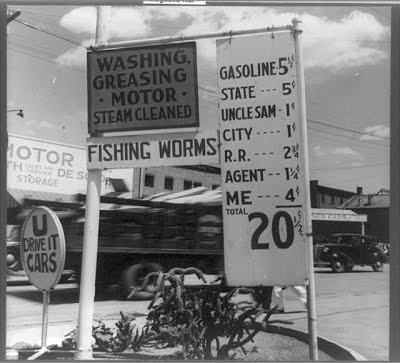
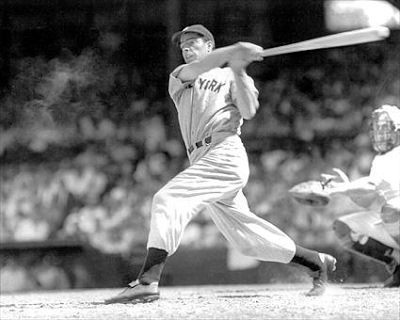


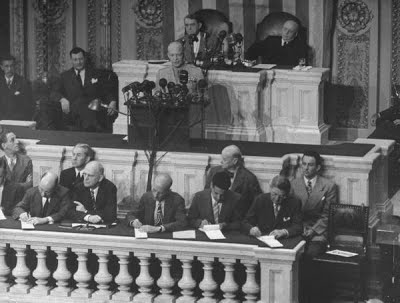
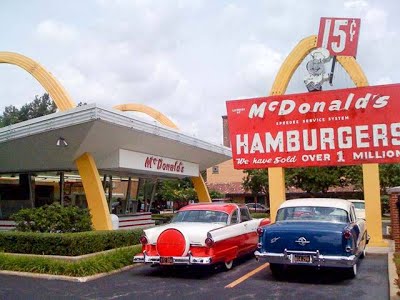
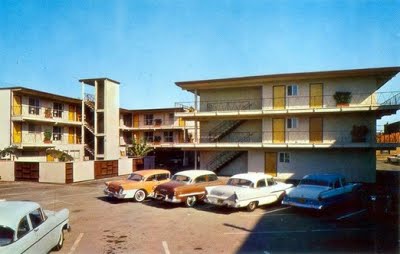

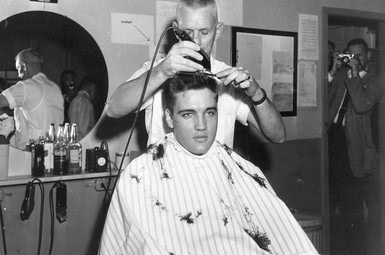
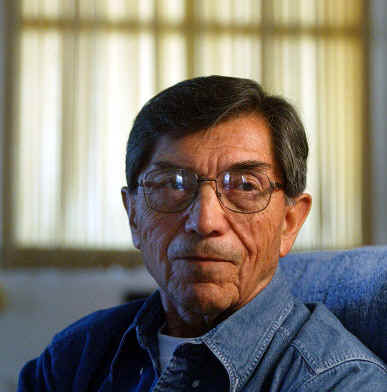
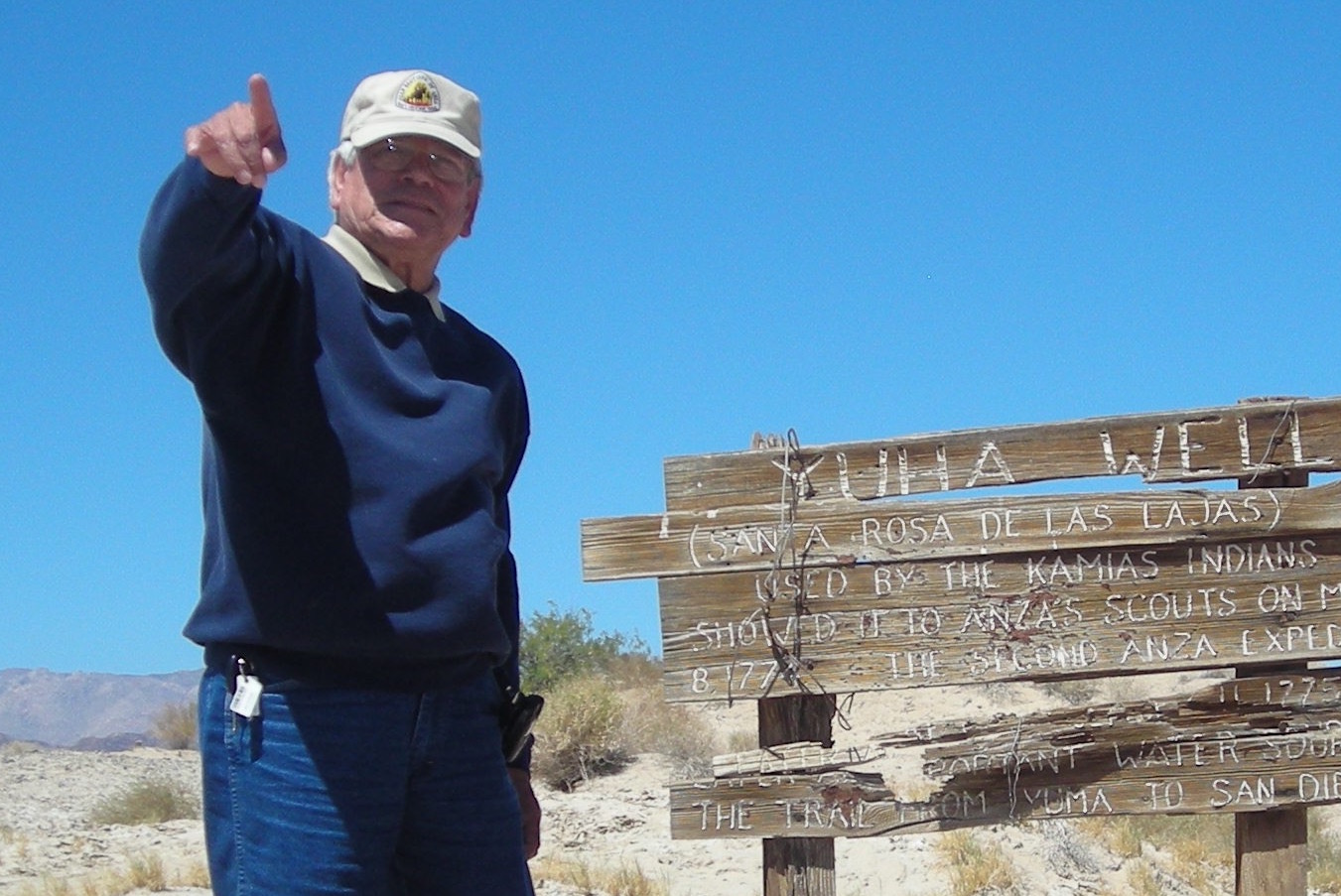
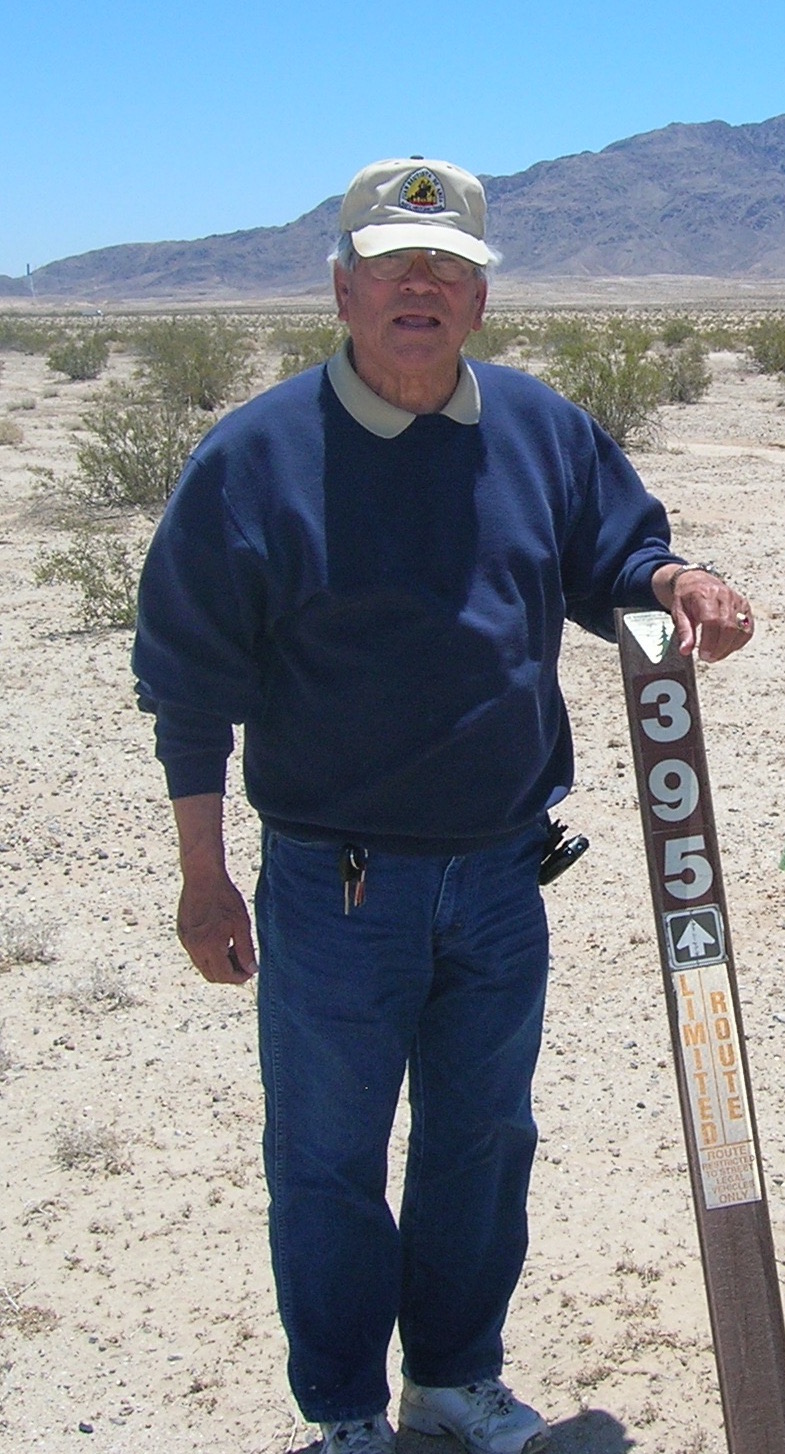
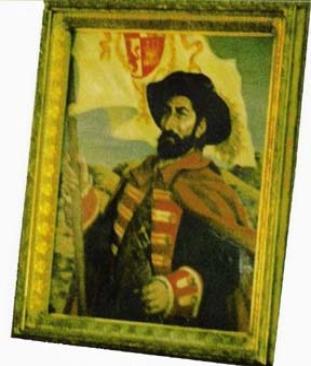

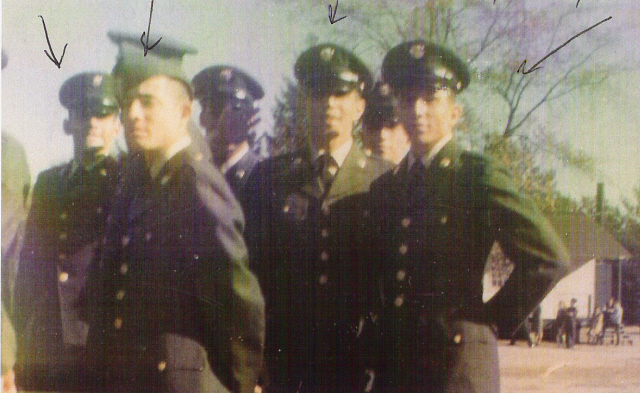
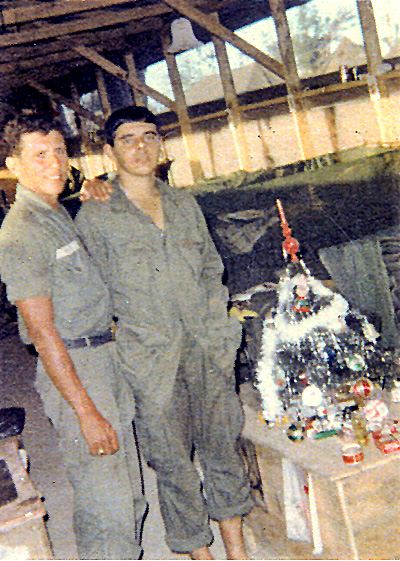

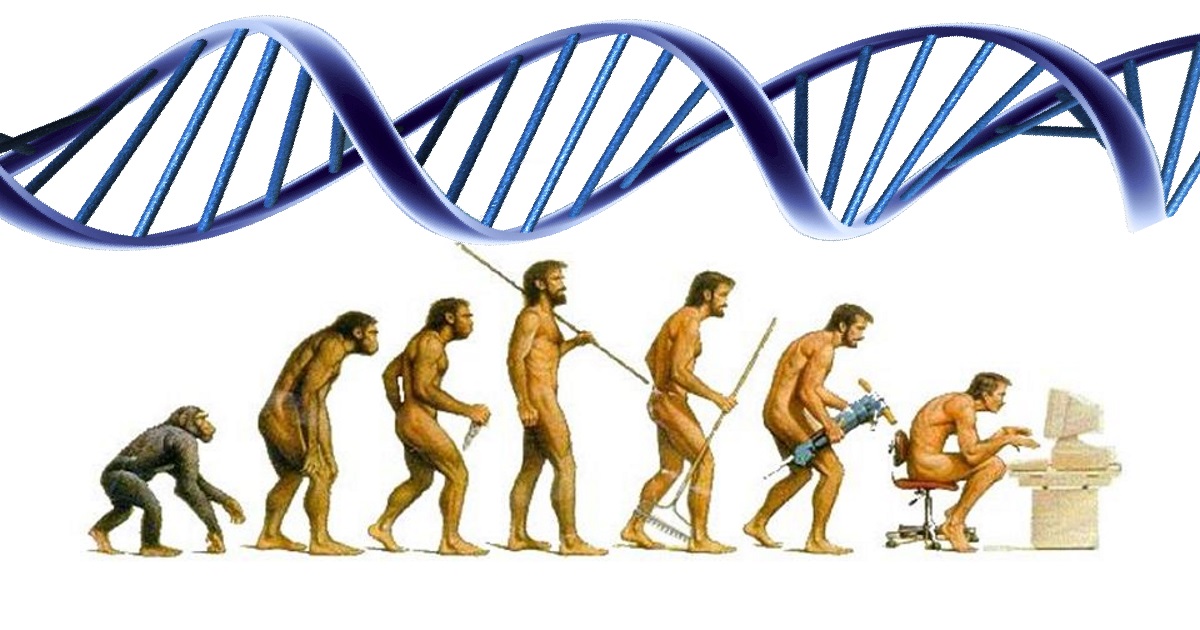
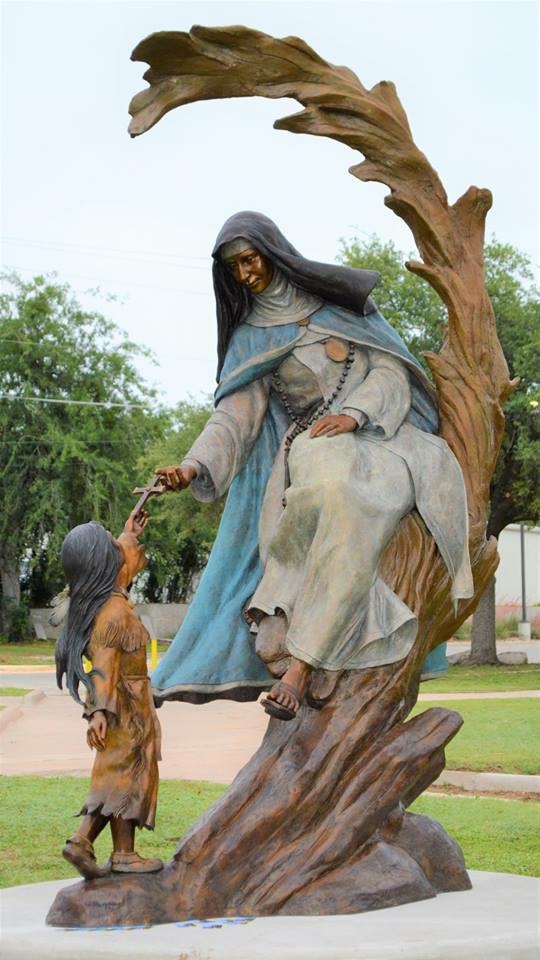
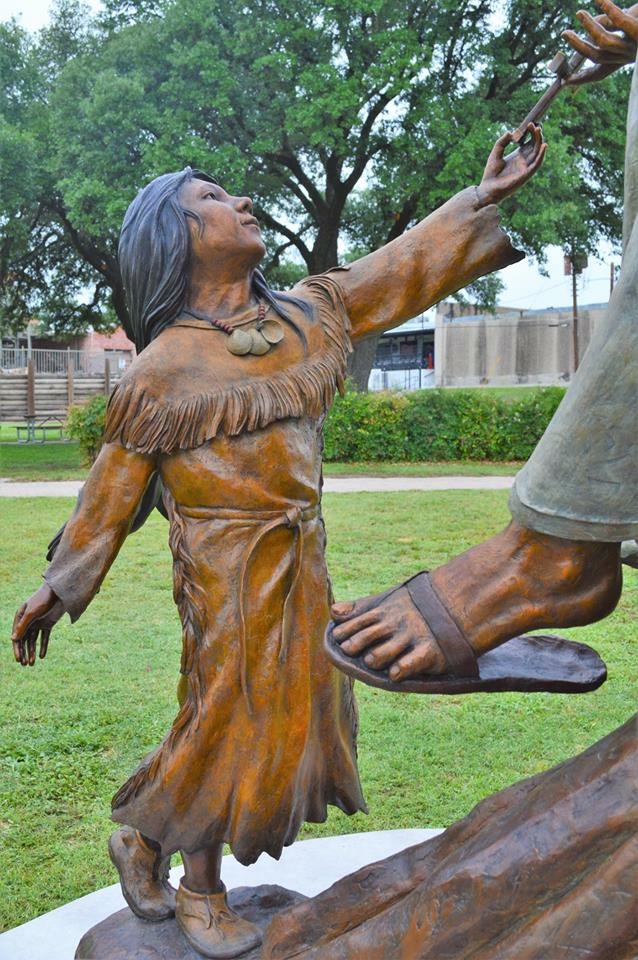
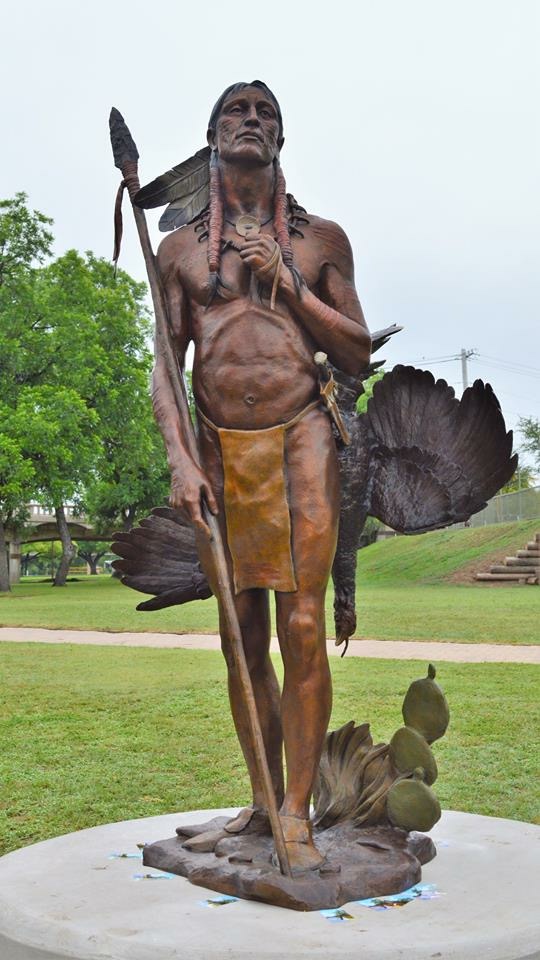
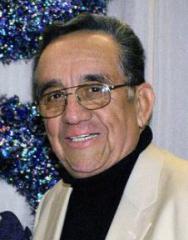 Photos
sent by
Photos
sent by 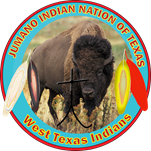 M
M
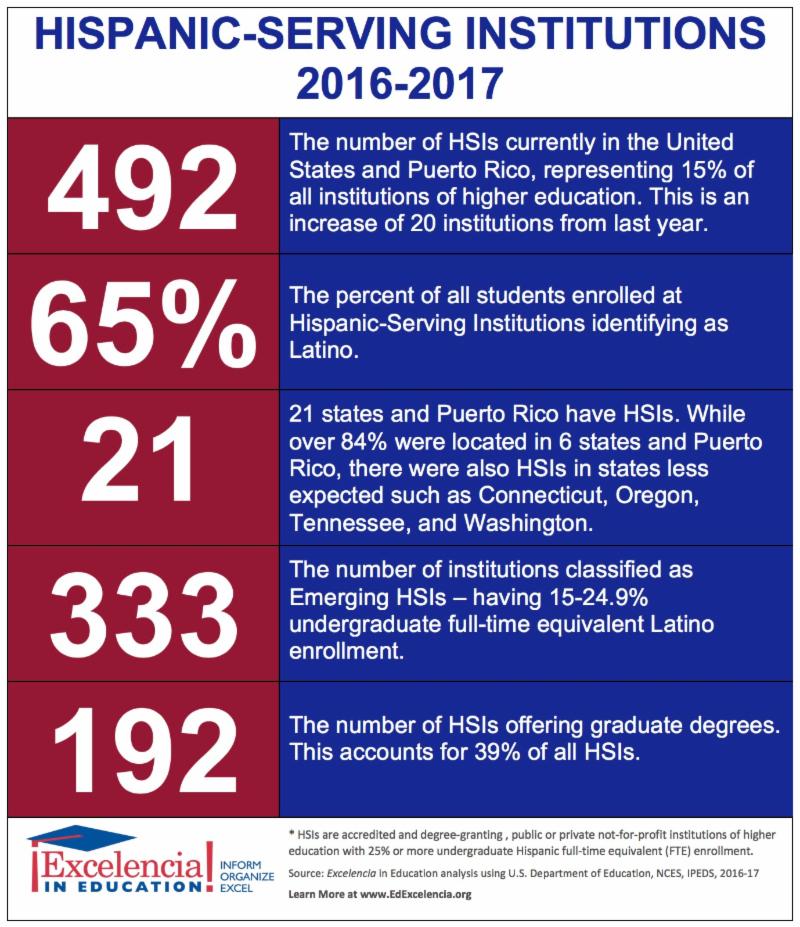
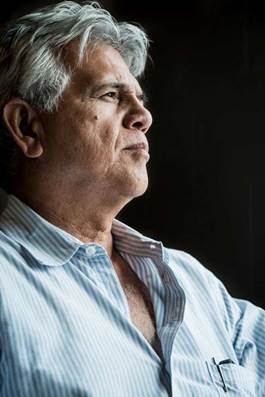
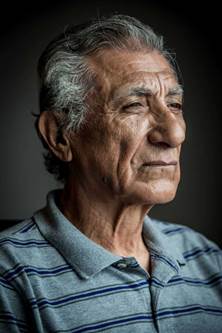
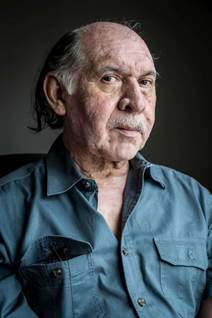
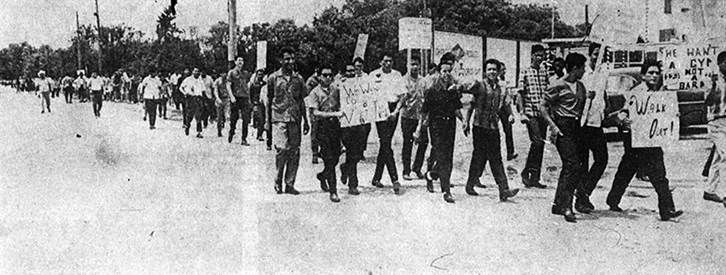
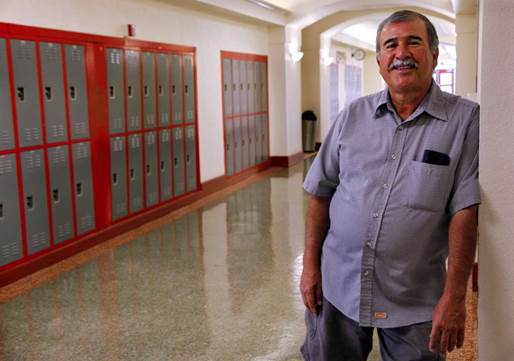
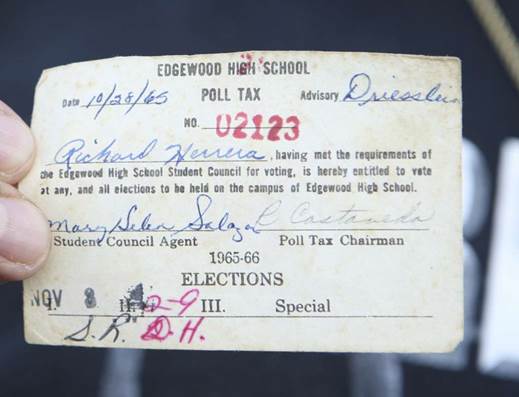
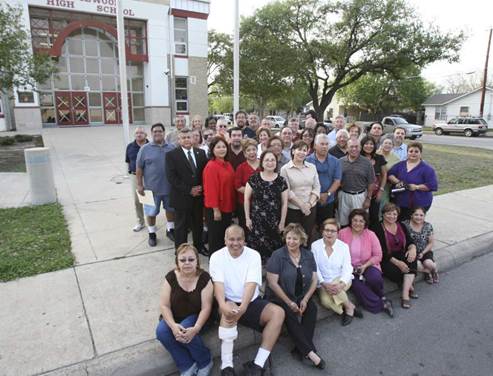 Former Edgewood High School students who were
involved in the 1968 walkouts stand in front of what is now Edgewood
Academy. They were marking the 40th anniversary of the 1968 student
walkouts at Edgewood, Lanier, Kennedy and other San Antonio schools.
The walkouts were triggered by inequities in funding and facilities.
Photo: HELEN L. MONTOYA /EXPRESS-NEWS FILE PHOTO / SAN ANTONIO
EXPRESS-NEWSPhoto: HELEN L. MONTOYA /EXPRESS-NEWS FILE PHOTO
Former Edgewood High School students who were
involved in the 1968 walkouts stand in front of what is now Edgewood
Academy. They were marking the 40th anniversary of the 1968 student
walkouts at Edgewood, Lanier, Kennedy and other San Antonio schools.
The walkouts were triggered by inequities in funding and facilities.
Photo: HELEN L. MONTOYA /EXPRESS-NEWS FILE PHOTO / SAN ANTONIO
EXPRESS-NEWSPhoto: HELEN L. MONTOYA /EXPRESS-NEWS FILE PHOTO



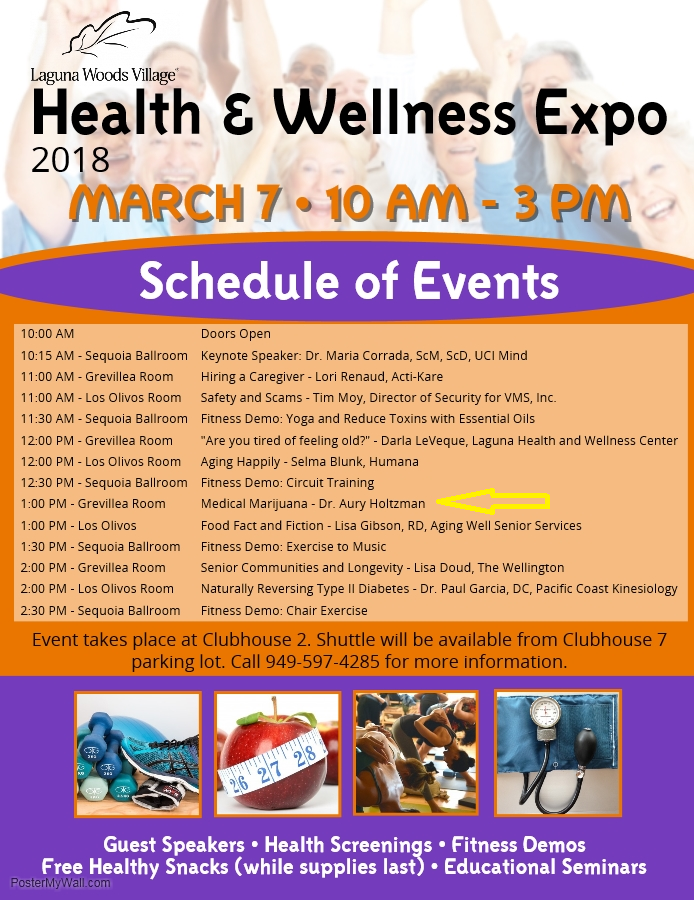
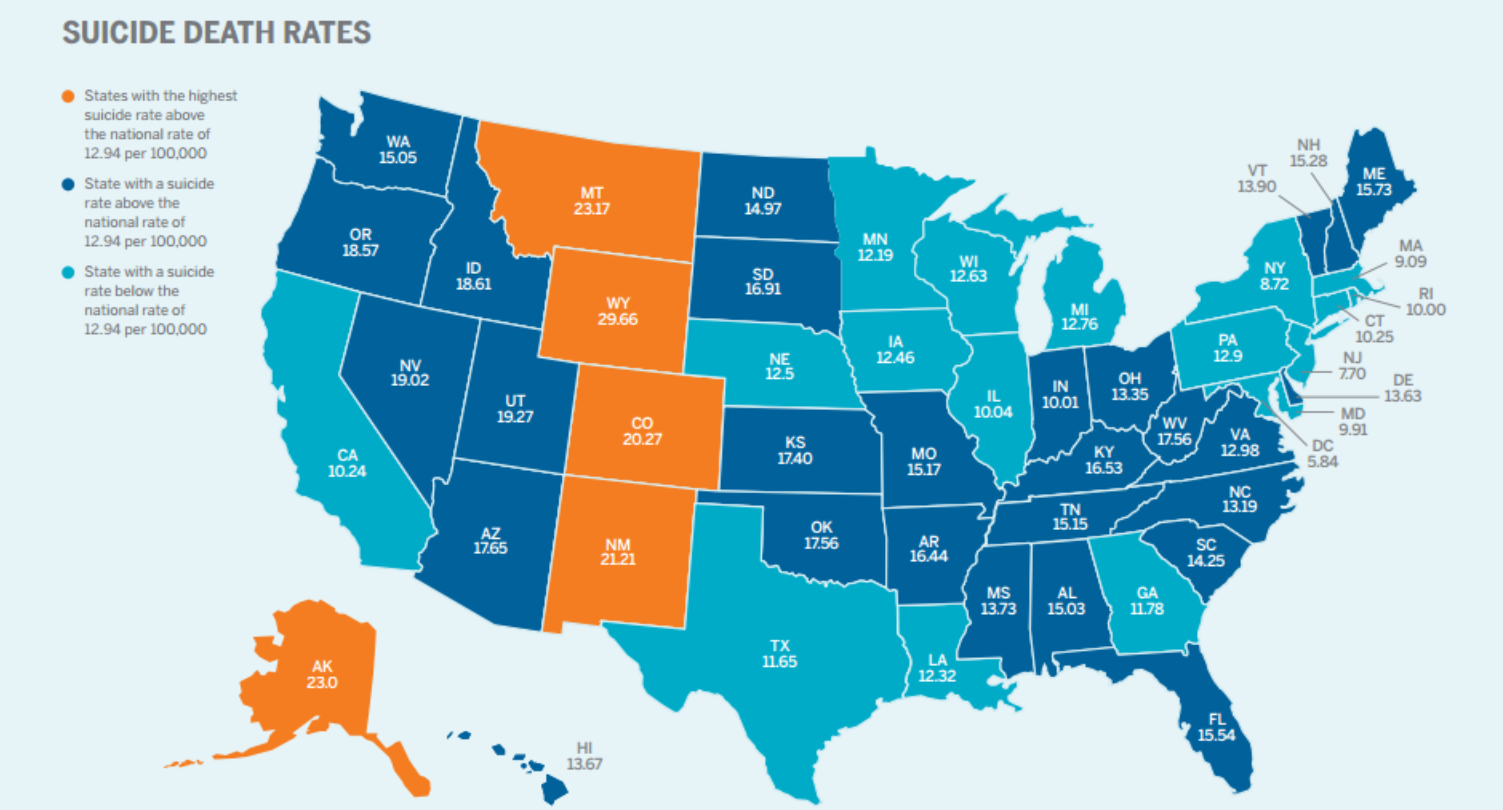
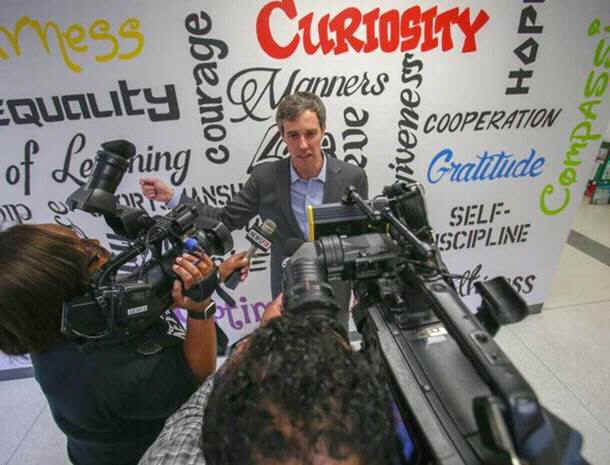
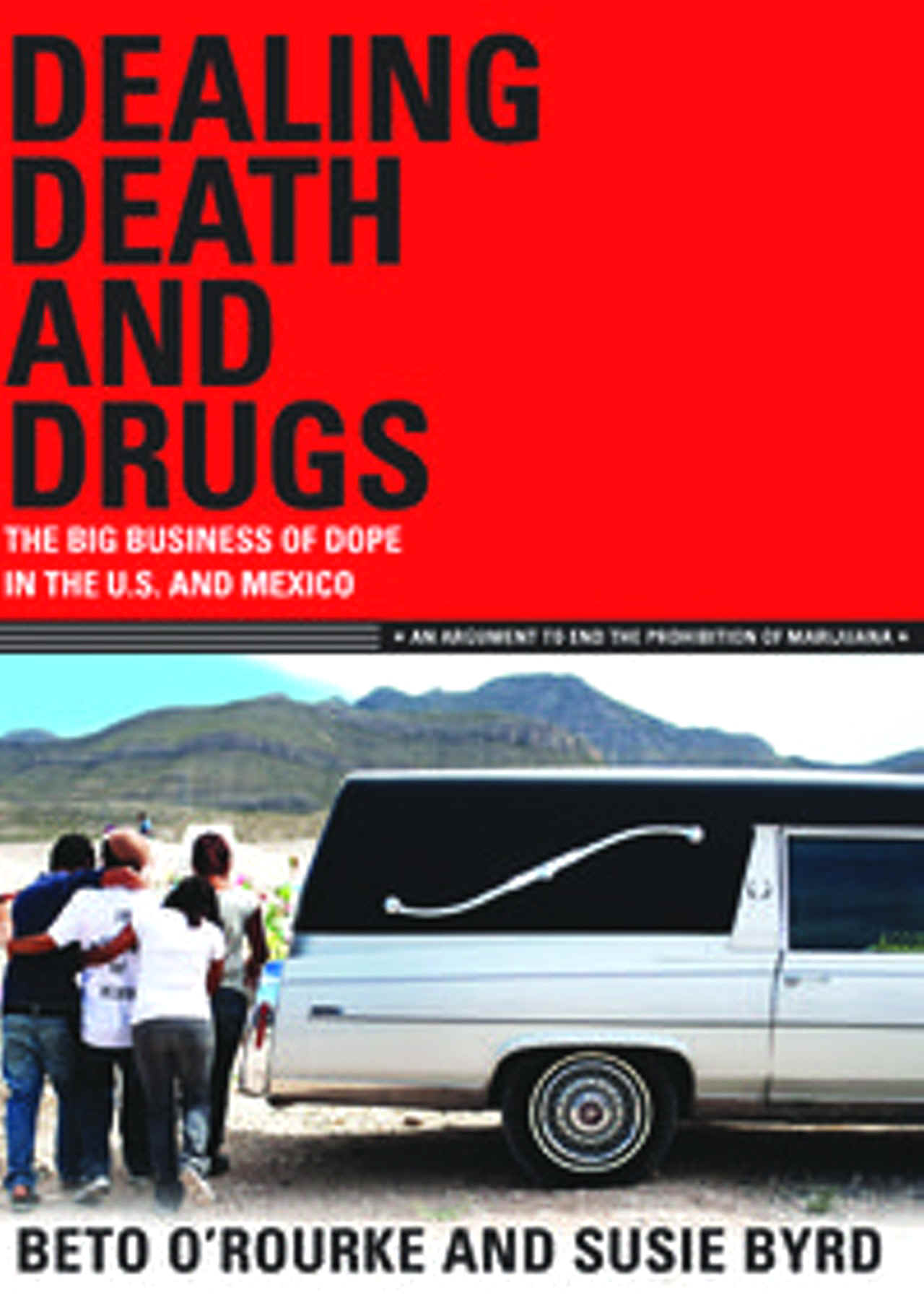

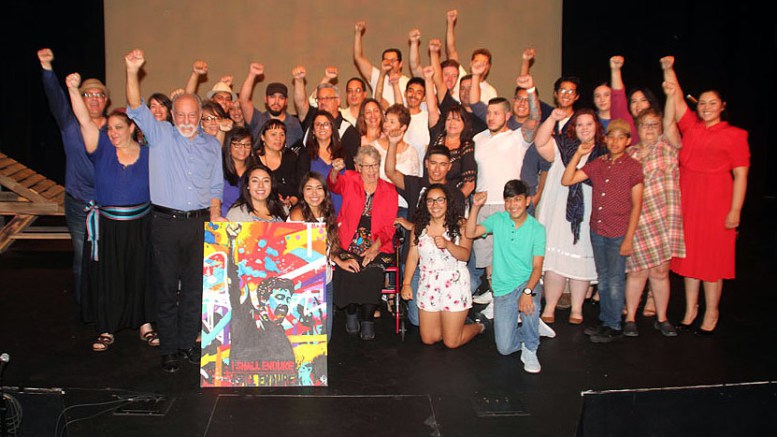
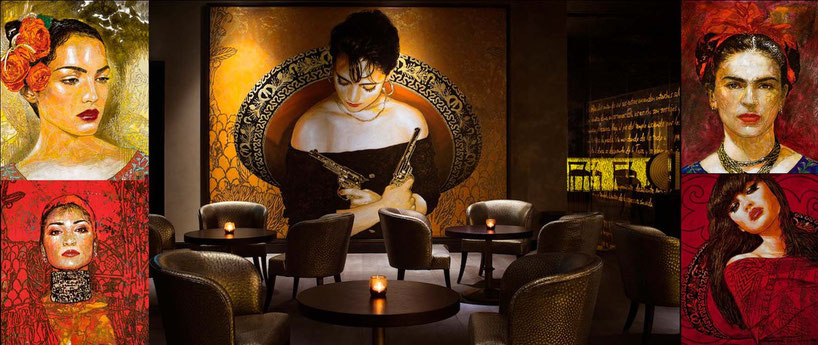
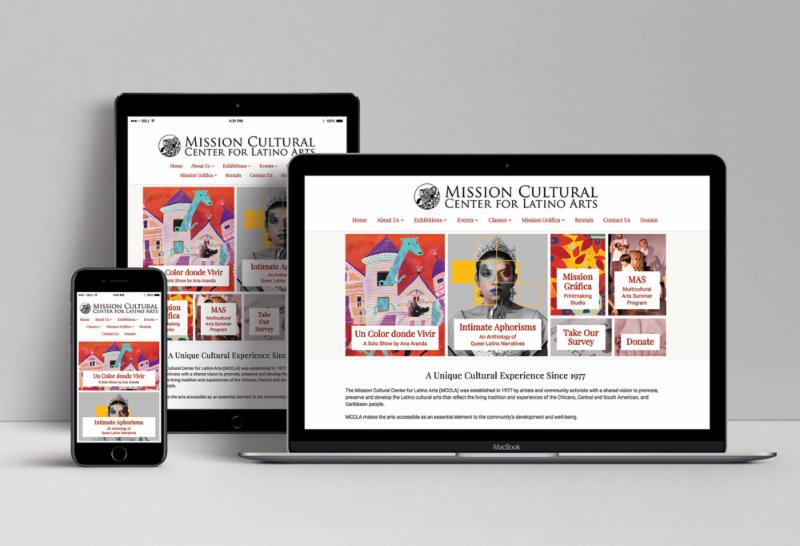
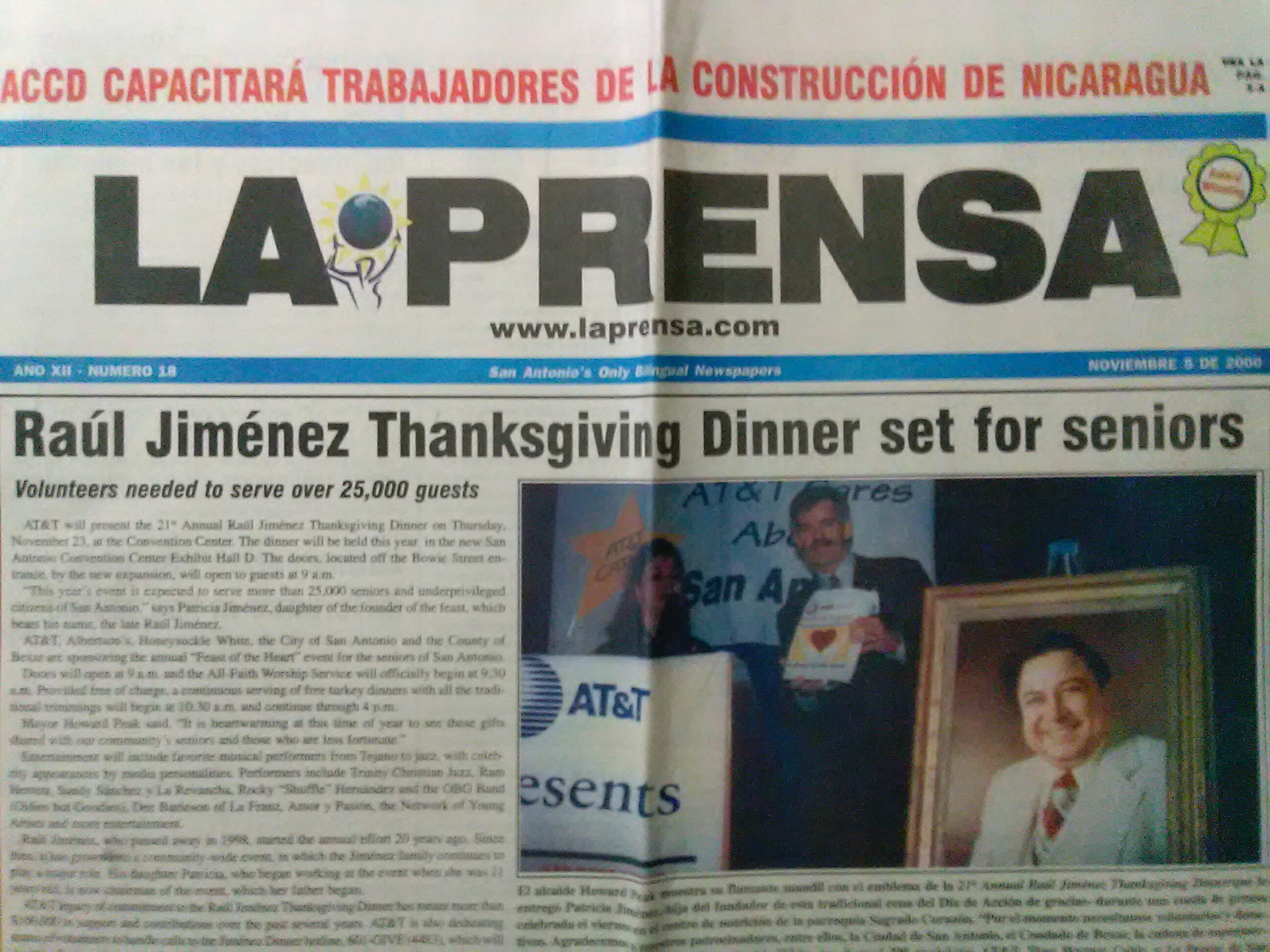
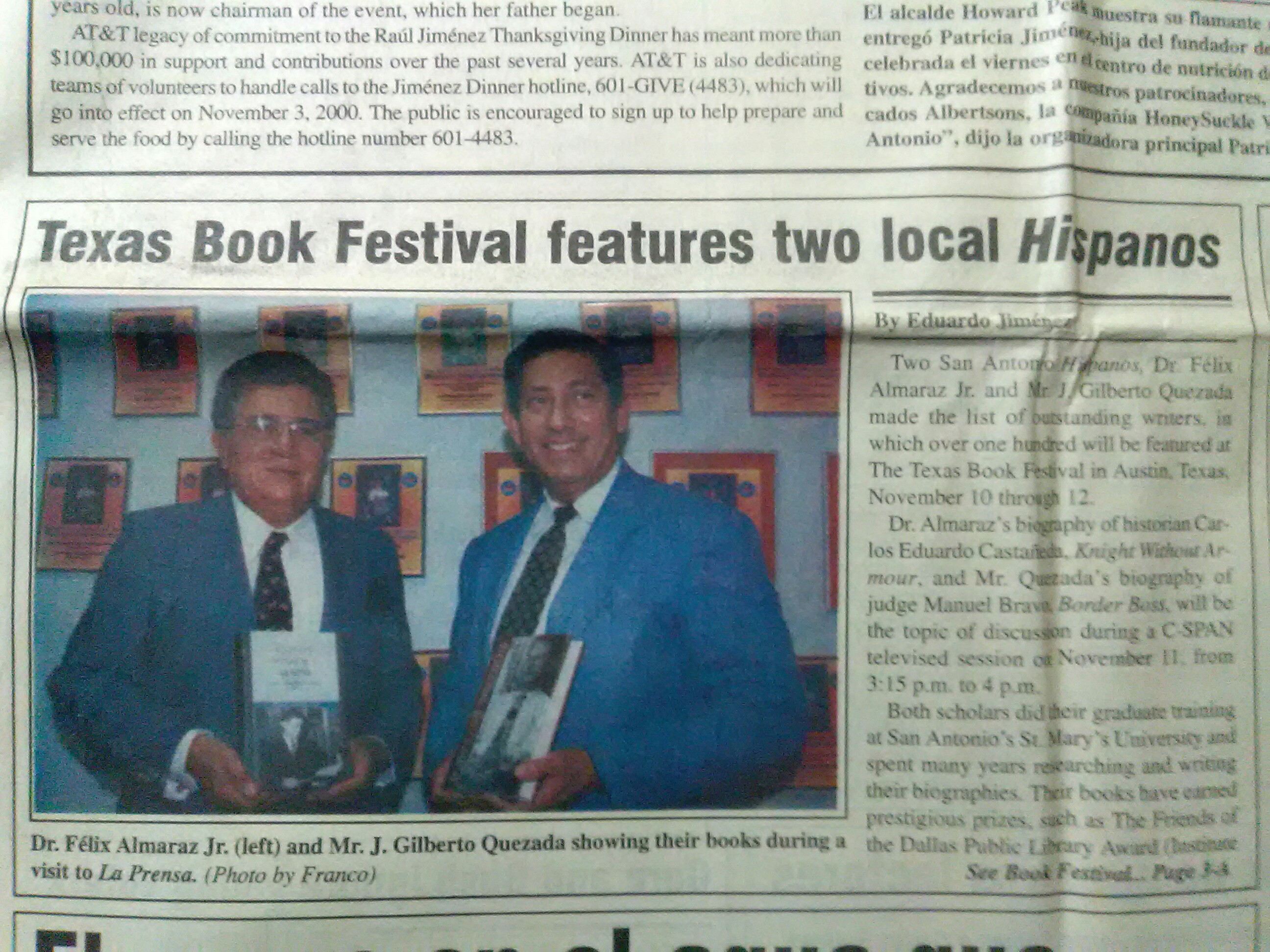
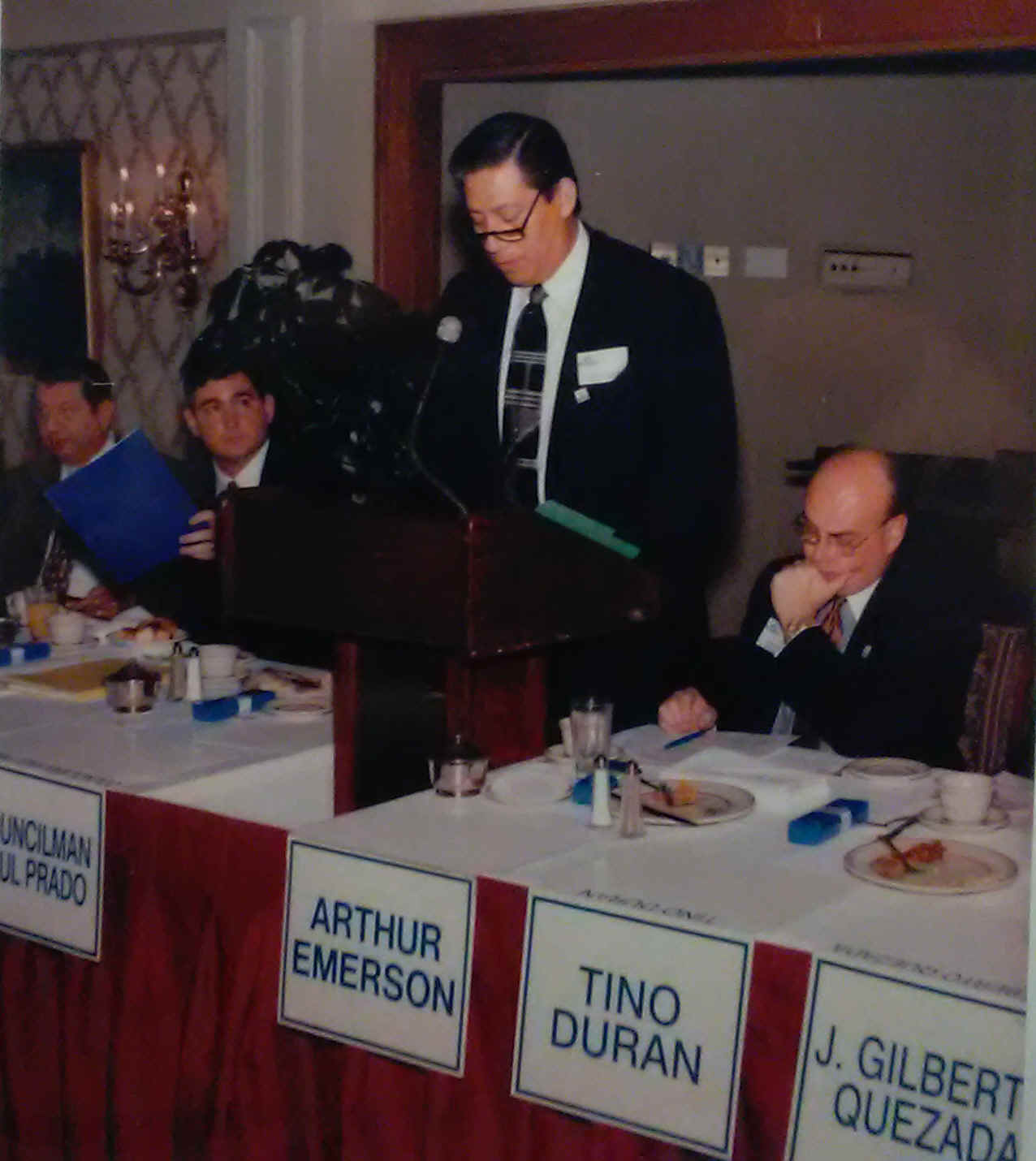
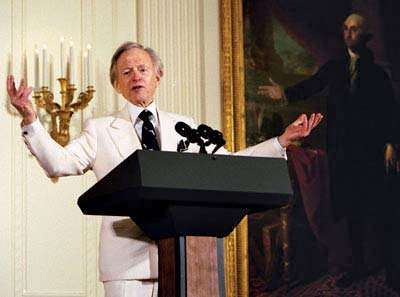
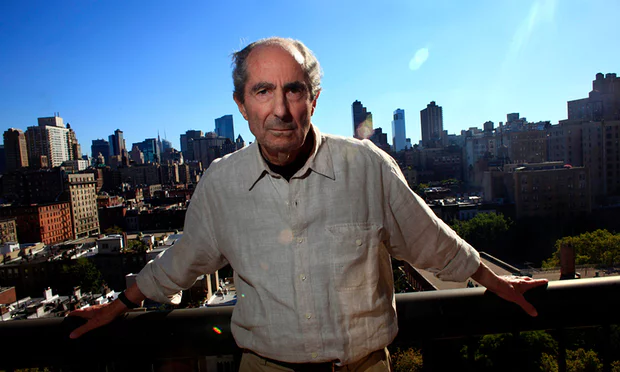
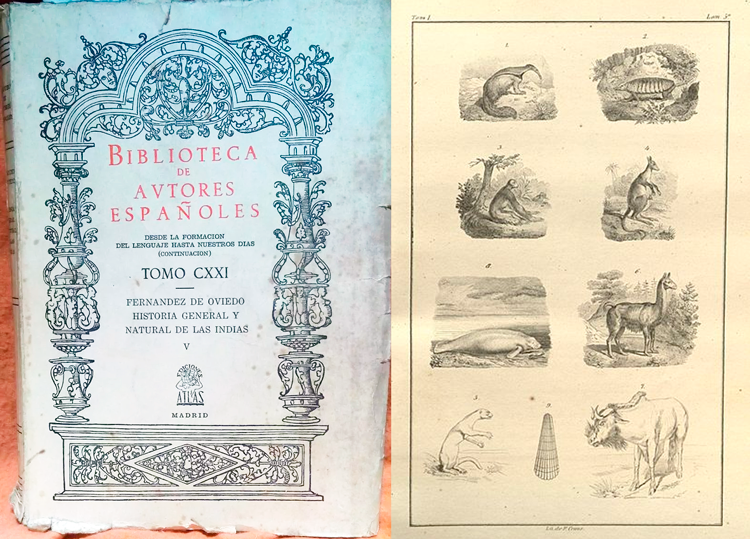
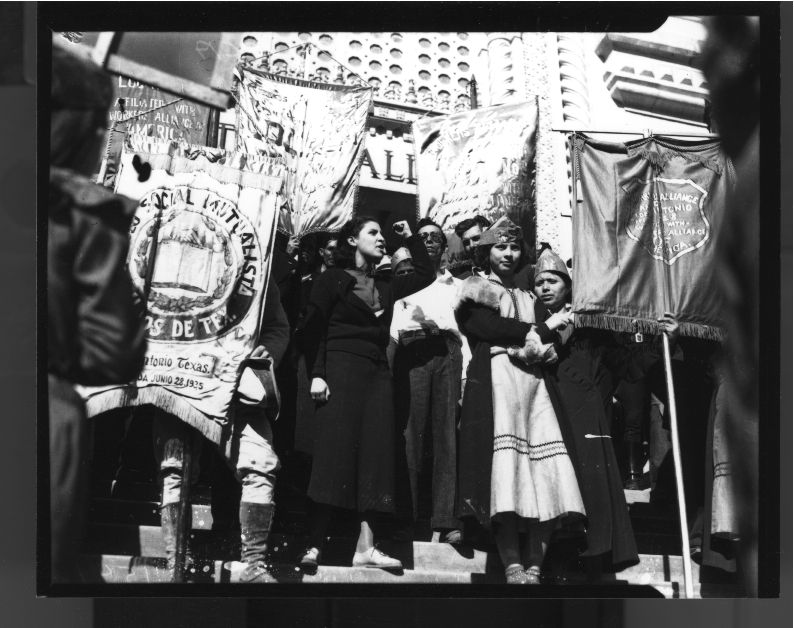 “Anne
looked at these images and saw a rigid self-conscious hierarchy.
Division of labor at its most proscribed by race, class and gender.
Each in his place made obvious by clothing, gaze, and gesture.”
“Anne
looked at these images and saw a rigid self-conscious hierarchy.
Division of labor at its most proscribed by race, class and gender.
Each in his place made obvious by clothing, gaze, and gesture.”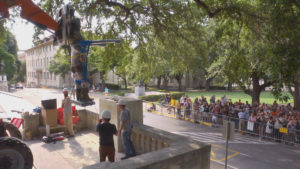 Most
white Texans associate San Antonio with the Alamo and the first
strongholds of Texas colonialism, as well as diverse Latinx and
Chicanx culture. They are rarely aware that San Antonio has a history
of labor struggle, and one that specifically addresses the
intersecting oppressions faced by poor Latina women. It may be said
that the state’s propping up of heroes and myths of colonialism and
capitalist exploitation have been critical in the obfuscation of these
histories. Texas would rather portray its history as anti-government,
centered around white families desperate to forge a new, free life (at
the expense of those who already lived there). Emma Tenayuca’s story
has been gaining new prominence, with a successful play, Emma Tenayuca’s
Struggle for Justice, running in San Antonio currently, and a general
trend toward uncovering histories of marginalized women. Her story
breaks the bounds of the Texas myth, proving the power that laborers,
especially Black and Latinx people, have on Texas history.
Most
white Texans associate San Antonio with the Alamo and the first
strongholds of Texas colonialism, as well as diverse Latinx and
Chicanx culture. They are rarely aware that San Antonio has a history
of labor struggle, and one that specifically addresses the
intersecting oppressions faced by poor Latina women. It may be said
that the state’s propping up of heroes and myths of colonialism and
capitalist exploitation have been critical in the obfuscation of these
histories. Texas would rather portray its history as anti-government,
centered around white families desperate to forge a new, free life (at
the expense of those who already lived there). Emma Tenayuca’s story
has been gaining new prominence, with a successful play, Emma Tenayuca’s
Struggle for Justice, running in San Antonio currently, and a general
trend toward uncovering histories of marginalized women. Her story
breaks the bounds of the Texas myth, proving the power that laborers,
especially Black and Latinx people, have on Texas history. Unlike
Emma Tenayuca, the other focus of the film, Annie Mae Carpenter, was
not a labor leader, but her insistence on dignity at work was the
catalyst for a remarkable movement. Carpenter was a Black woman
custodian at Stephen F. Austin University in Nacogdoches when she was
asked to clean the bathroom of the boy’s dormitory. Nacogdoches, in
East Texas, has a strong historically Black community, but also a
history of racial violence against Black people, specifically through
the rape of Black women by white men. It was in this context that
Carpenter refused to clean the dormitory, and, with the help of the
NAACP, filed a racial and gender discrimination lawsuit against the
university that took 10 years to litigate. The lawsuit revealed the
discriminatory policy flagging Black job applicants with a circled “N”
on their applications, and an array of other hurdles to gainful
employment for Black people at the university.
Unlike
Emma Tenayuca, the other focus of the film, Annie Mae Carpenter, was
not a labor leader, but her insistence on dignity at work was the
catalyst for a remarkable movement. Carpenter was a Black woman
custodian at Stephen F. Austin University in Nacogdoches when she was
asked to clean the bathroom of the boy’s dormitory. Nacogdoches, in
East Texas, has a strong historically Black community, but also a
history of racial violence against Black people, specifically through
the rape of Black women by white men. It was in this context that
Carpenter refused to clean the dormitory, and, with the help of the
NAACP, filed a racial and gender discrimination lawsuit against the
university that took 10 years to litigate. The lawsuit revealed the
discriminatory policy flagging Black job applicants with a circled “N”
on their applications, and an array of other hurdles to gainful
employment for Black people at the university.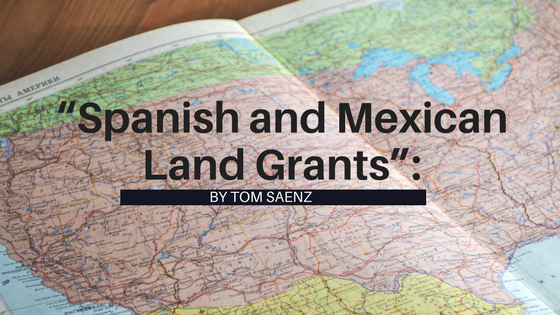
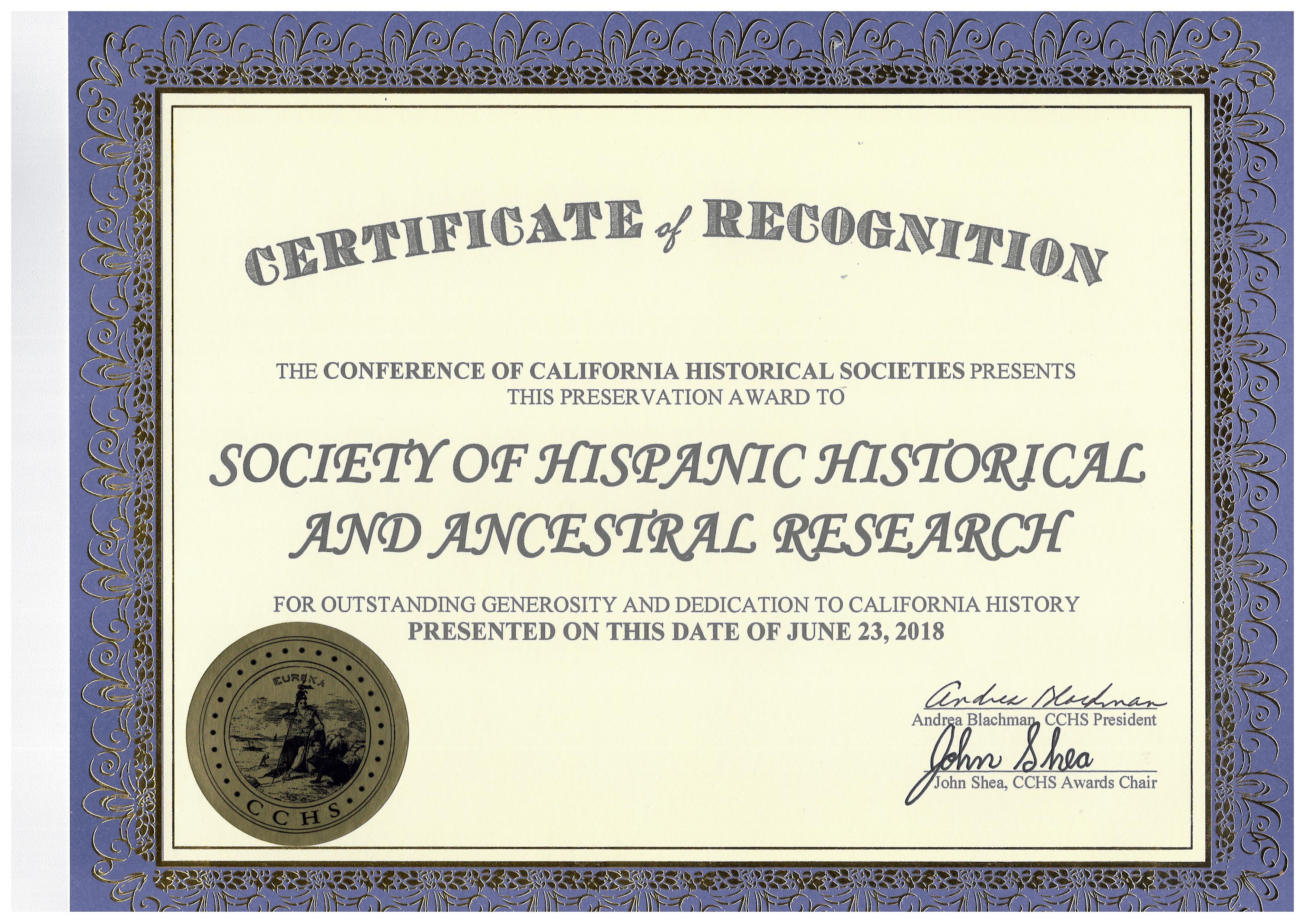
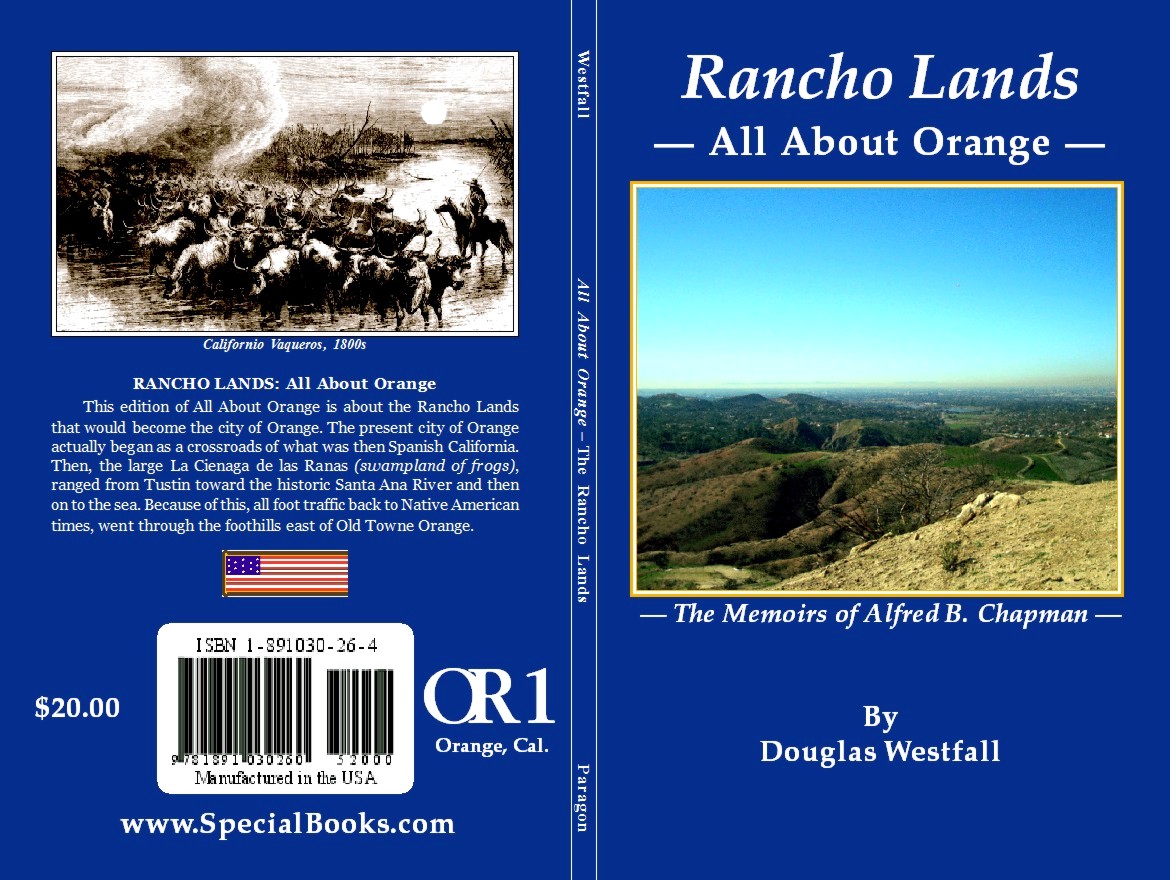
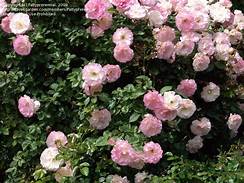 My sister
and I slept in the little bedroom, off the front room. Mom and dad
slept in the front room. What I especially remember was a
beautiful pink floribunda rose bush right outside the bedroom
window. It seemed to always have abundant clusters of baby
roses, and you could seem them from inside, before even getting out
of bed.
My sister
and I slept in the little bedroom, off the front room. Mom and dad
slept in the front room. What I especially remember was a
beautiful pink floribunda rose bush right outside the bedroom
window. It seemed to always have abundant clusters of baby
roses, and you could seem them from inside, before even getting out
of bed. 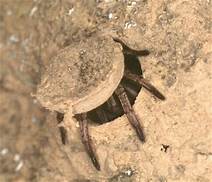
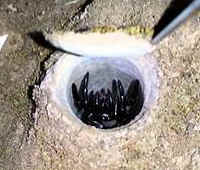
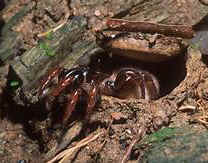
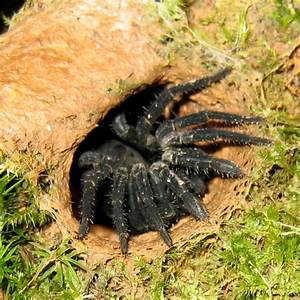

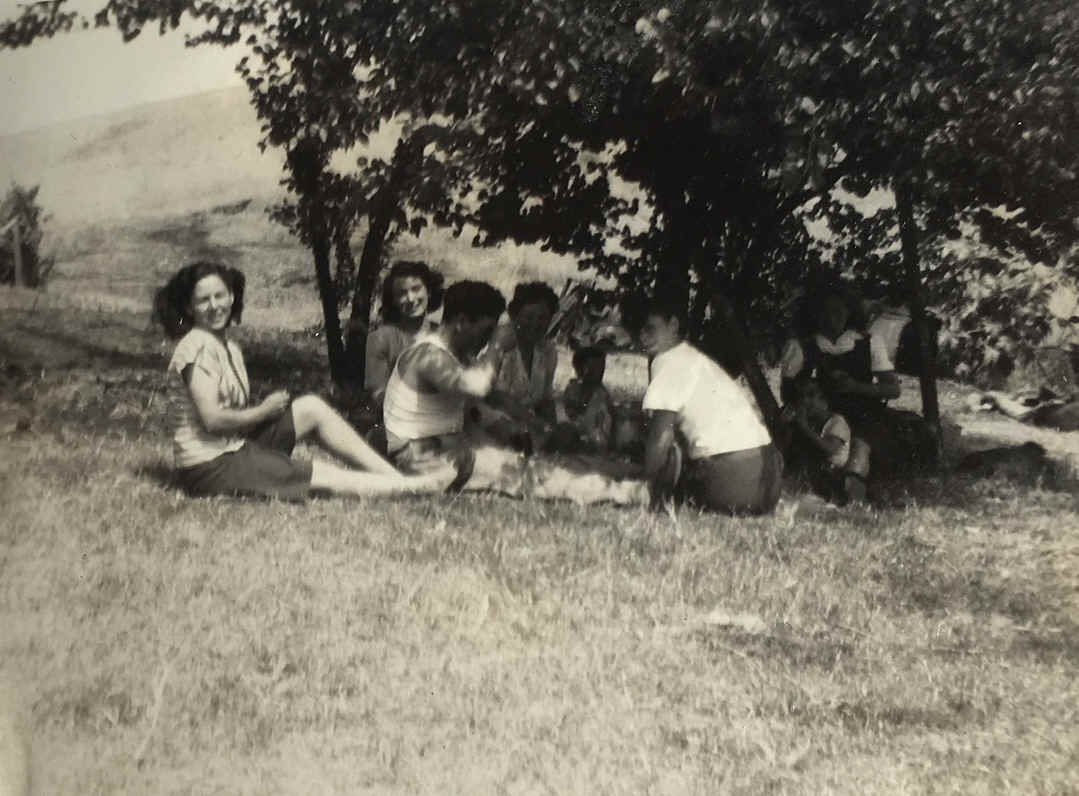



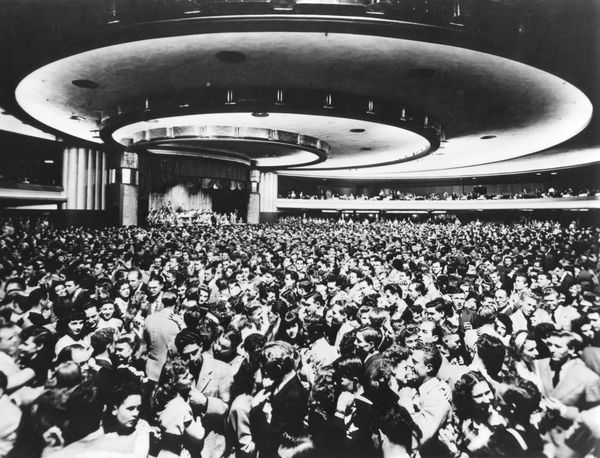
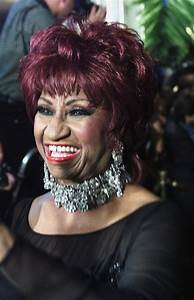 Picture this! A line up of divas waiting for Comadre Helen! Cecilia Cruz
is singing her 'azucar' salsa with the band and balloons are floating
down. My sister Mary is so happy as she embraces her life long friend
and comadre. Both of these ladies were prone to temper flare up, yet
somehow, over time they would reconcile their differences, and the
friendship continued.
Picture this! A line up of divas waiting for Comadre Helen! Cecilia Cruz
is singing her 'azucar' salsa with the band and balloons are floating
down. My sister Mary is so happy as she embraces her life long friend
and comadre. Both of these ladies were prone to temper flare up, yet
somehow, over time they would reconcile their differences, and the
friendship continued.
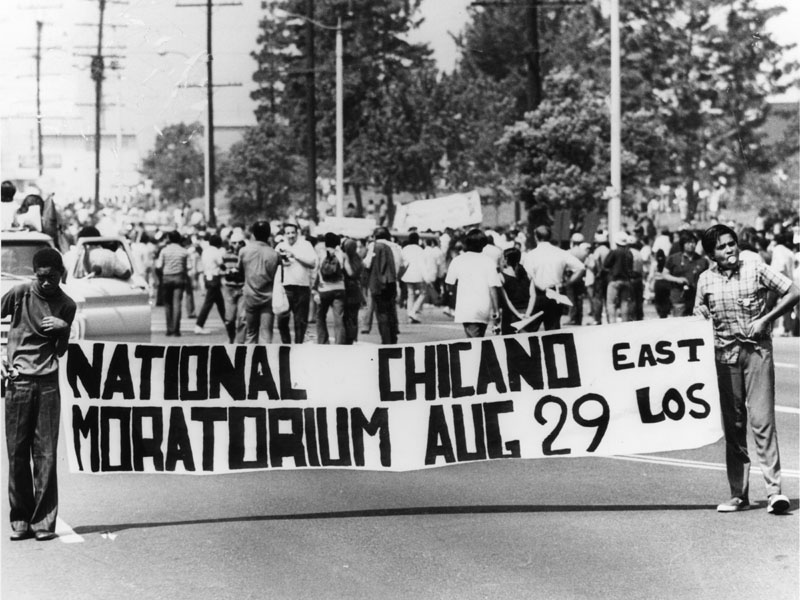
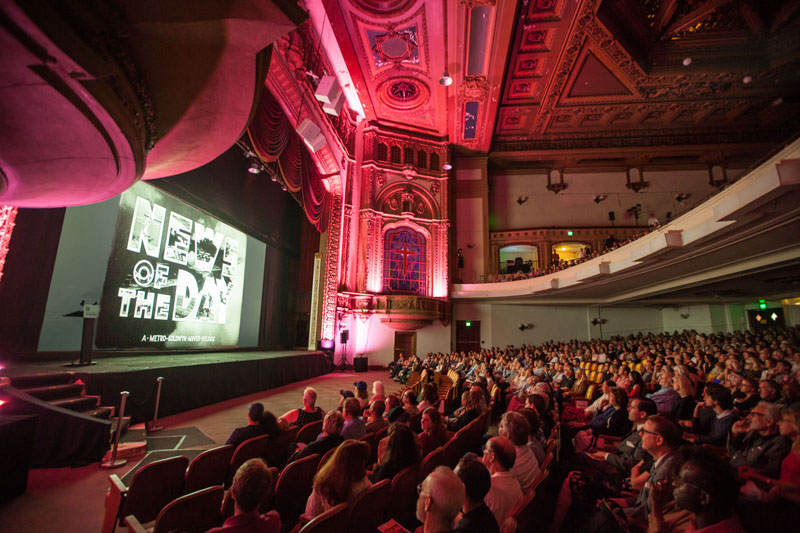
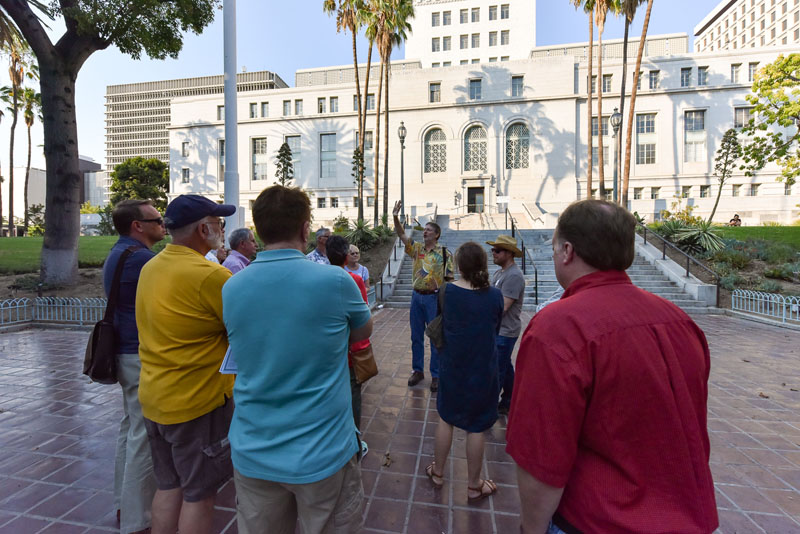
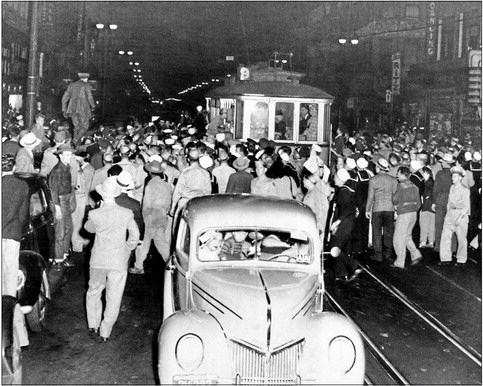 In
Southern California, the flashy attire also is linked to rebellion and
Mexican-American pachuco culture. And 75 years ago this weekend, on
June 3, 1943, the zoot suit became forever tied to one of the darkest
periods in the region’s history when U.S. military men took to the
streets of Los Angeles and attacked young Mexican-American men,
targeting those wearing the suits.
In
Southern California, the flashy attire also is linked to rebellion and
Mexican-American pachuco culture. And 75 years ago this weekend, on
June 3, 1943, the zoot suit became forever tied to one of the darkest
periods in the region’s history when U.S. military men took to the
streets of Los Angeles and attacked young Mexican-American men,
targeting those wearing the suits.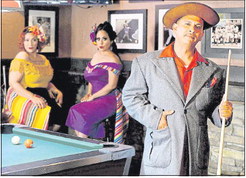 J
J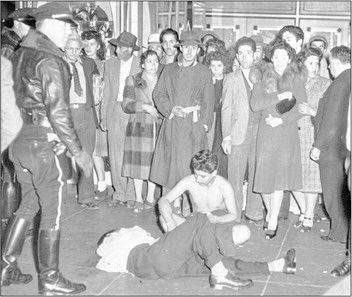 Pagan
noted that the views that preceded the riots included one that “race
caused social danger” and that there are troubling parallels evident
today.
Pagan
noted that the views that preceded the riots included one that “race
caused social danger” and that there are troubling parallels evident
today.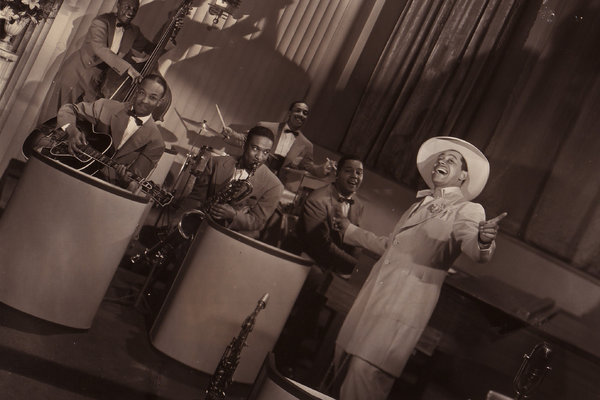
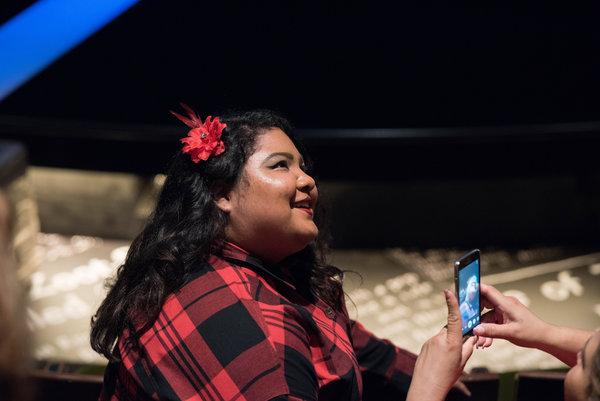
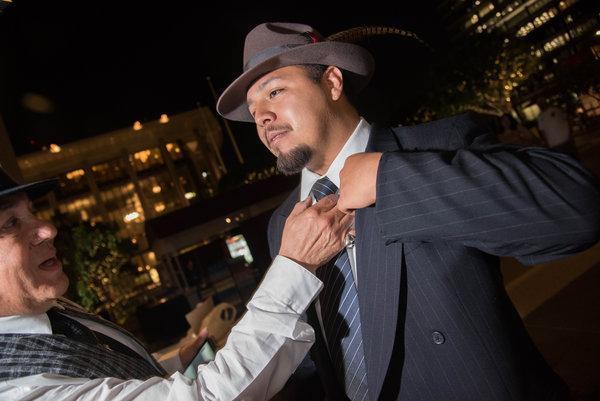

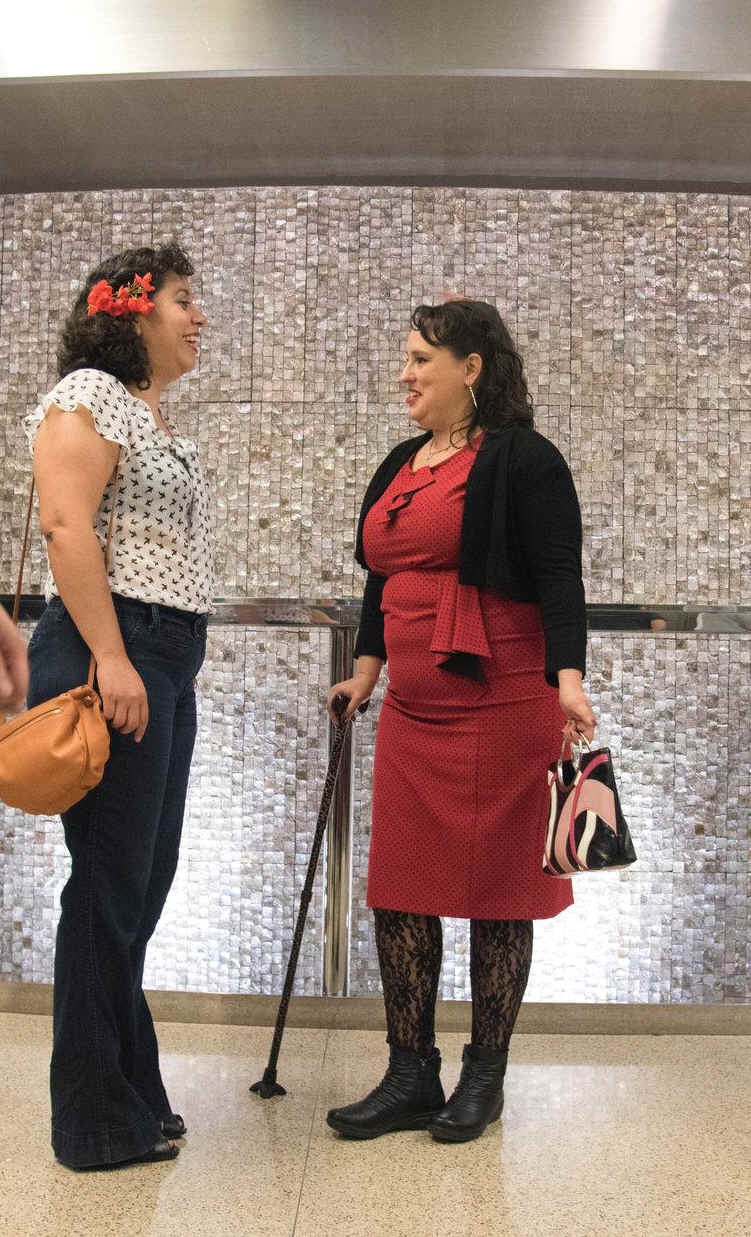
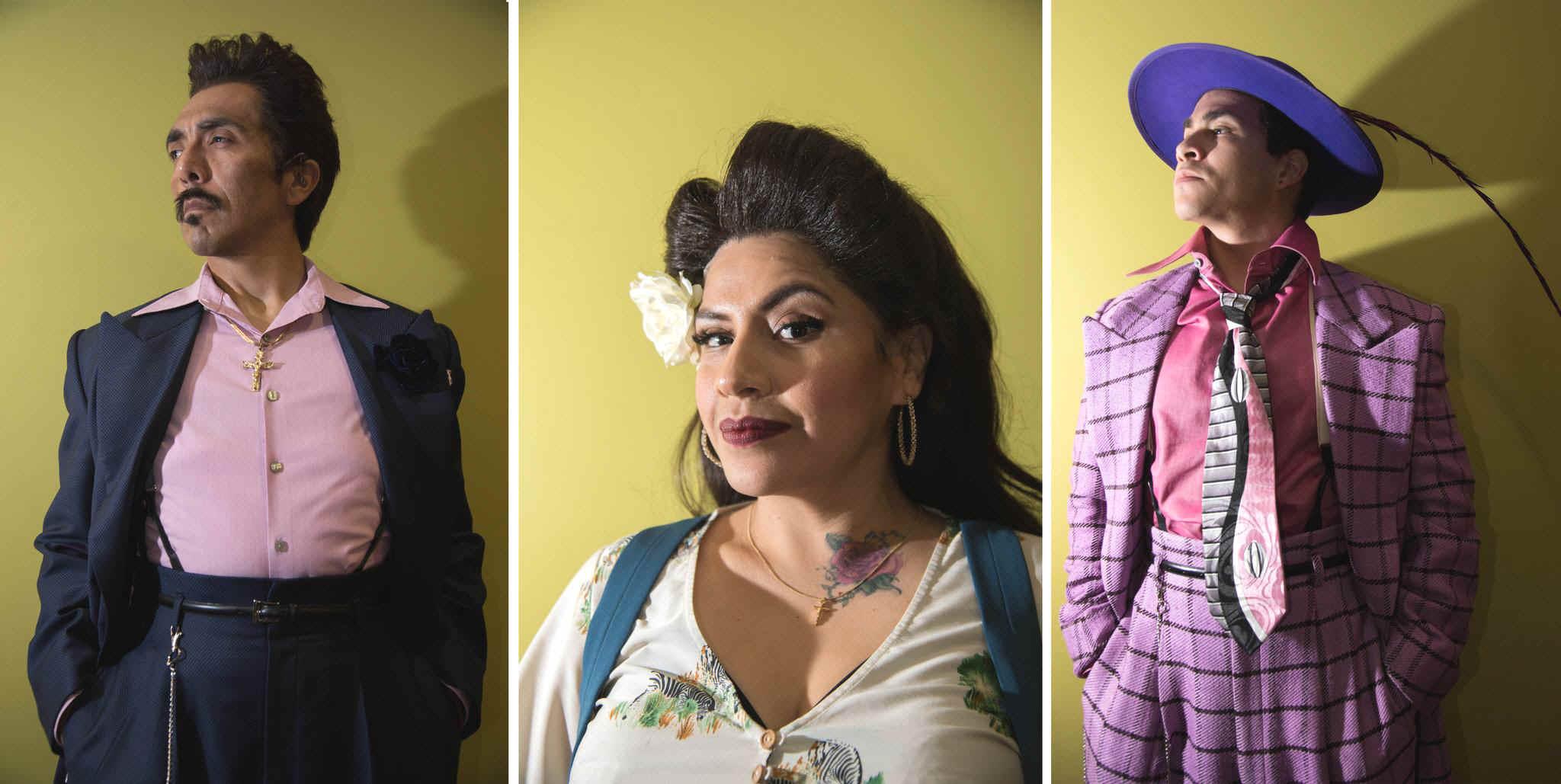
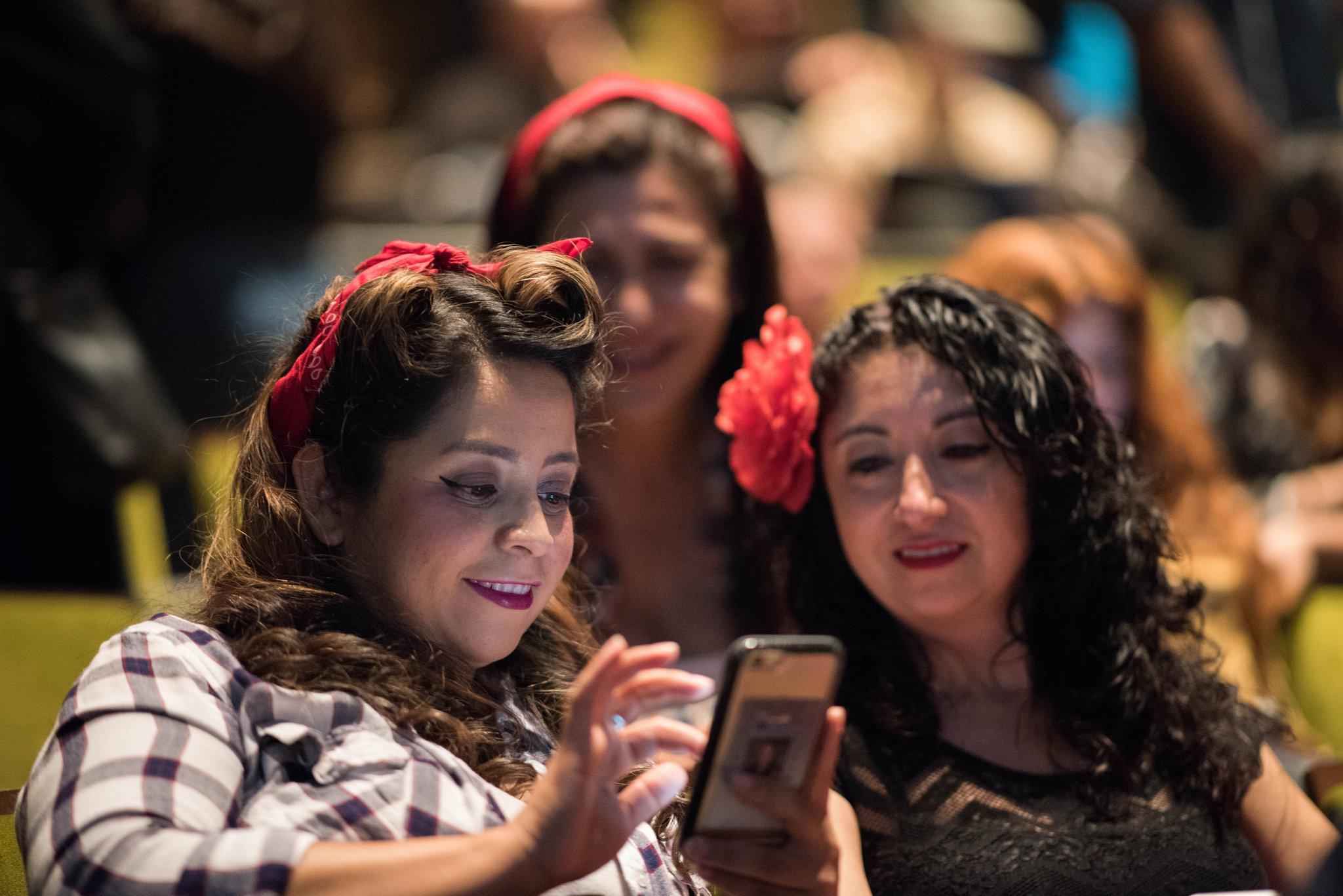 My
father dressed in a zoot suit and later became an advocate for
immigration rights and participated in a lot of the picket lines for
unions. Our parents really helped us understand that nothing is free and
we’re not entitled to things, that it’s a privilege to be a citizen.
It was a little strange to see how similar it was back then as it is
now. The pachucos weren’t given a chance to prove themselves. Back
then your word wasn’t as valid, and you had to be careful what you
signed. That’s still what we see now, when we’re talking about
deportations and explaining why we are not a risk for others’
security.
My
father dressed in a zoot suit and later became an advocate for
immigration rights and participated in a lot of the picket lines for
unions. Our parents really helped us understand that nothing is free and
we’re not entitled to things, that it’s a privilege to be a citizen.
It was a little strange to see how similar it was back then as it is
now. The pachucos weren’t given a chance to prove themselves. Back
then your word wasn’t as valid, and you had to be careful what you
signed. That’s still what we see now, when we’re talking about
deportations and explaining why we are not a risk for others’
security.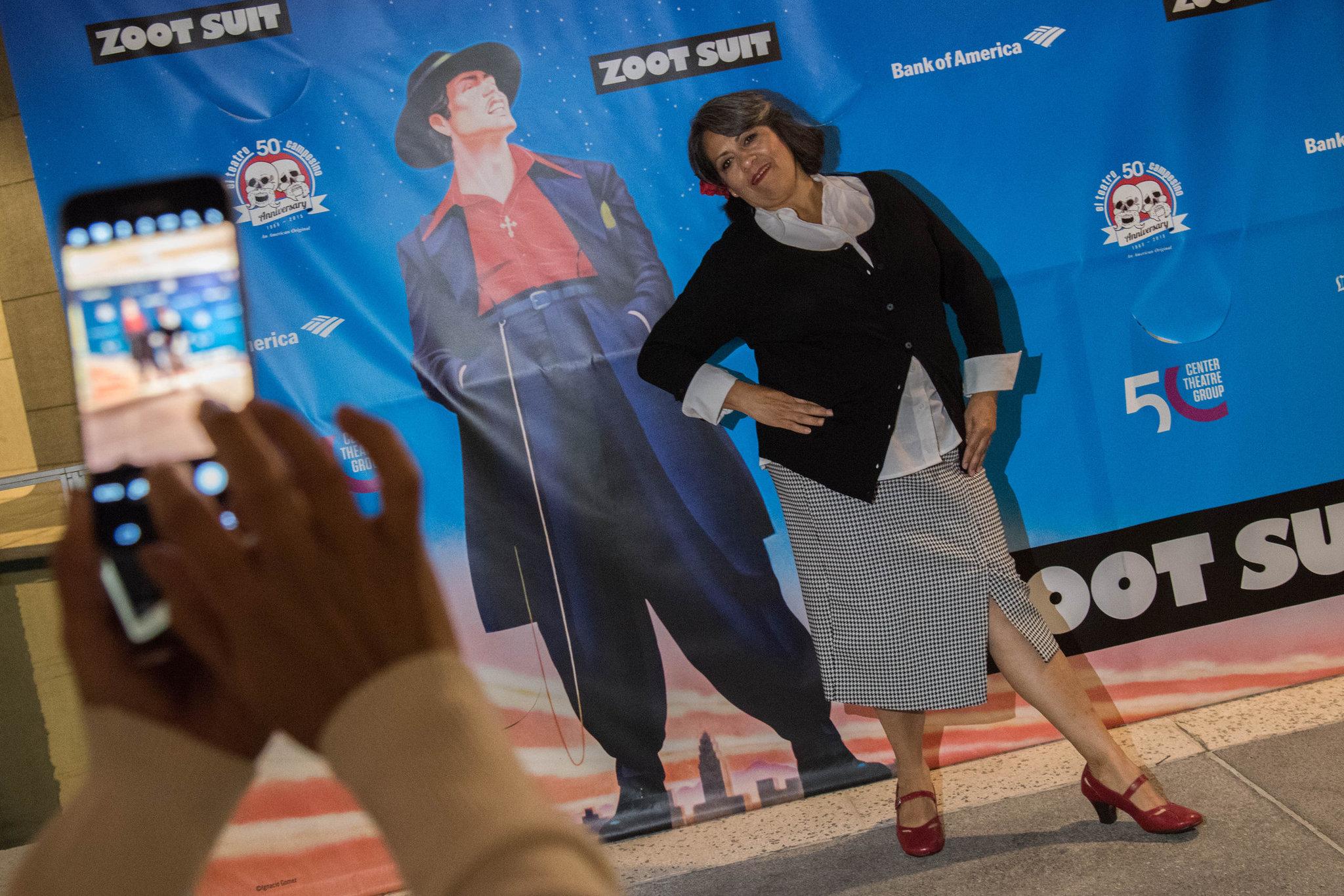
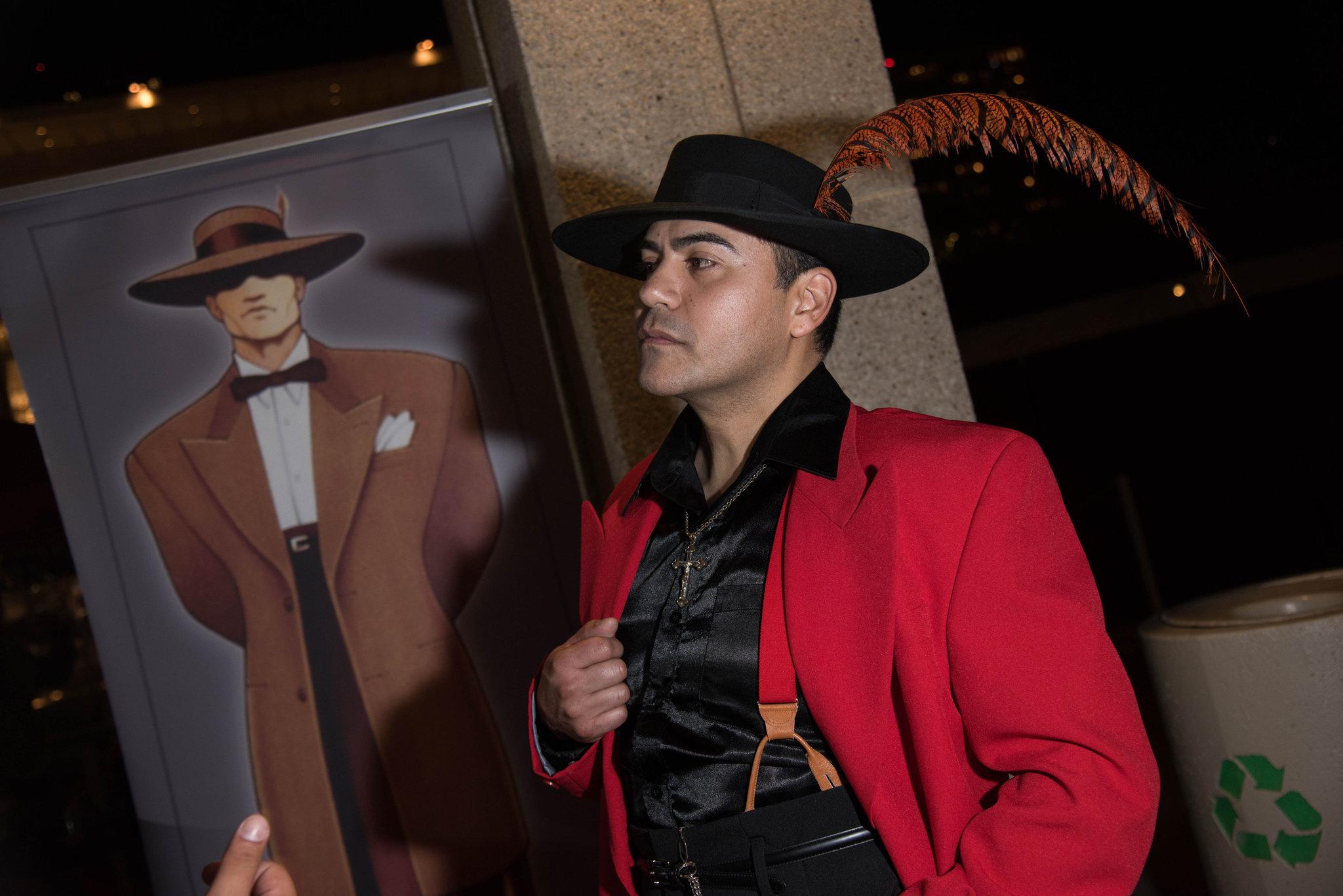
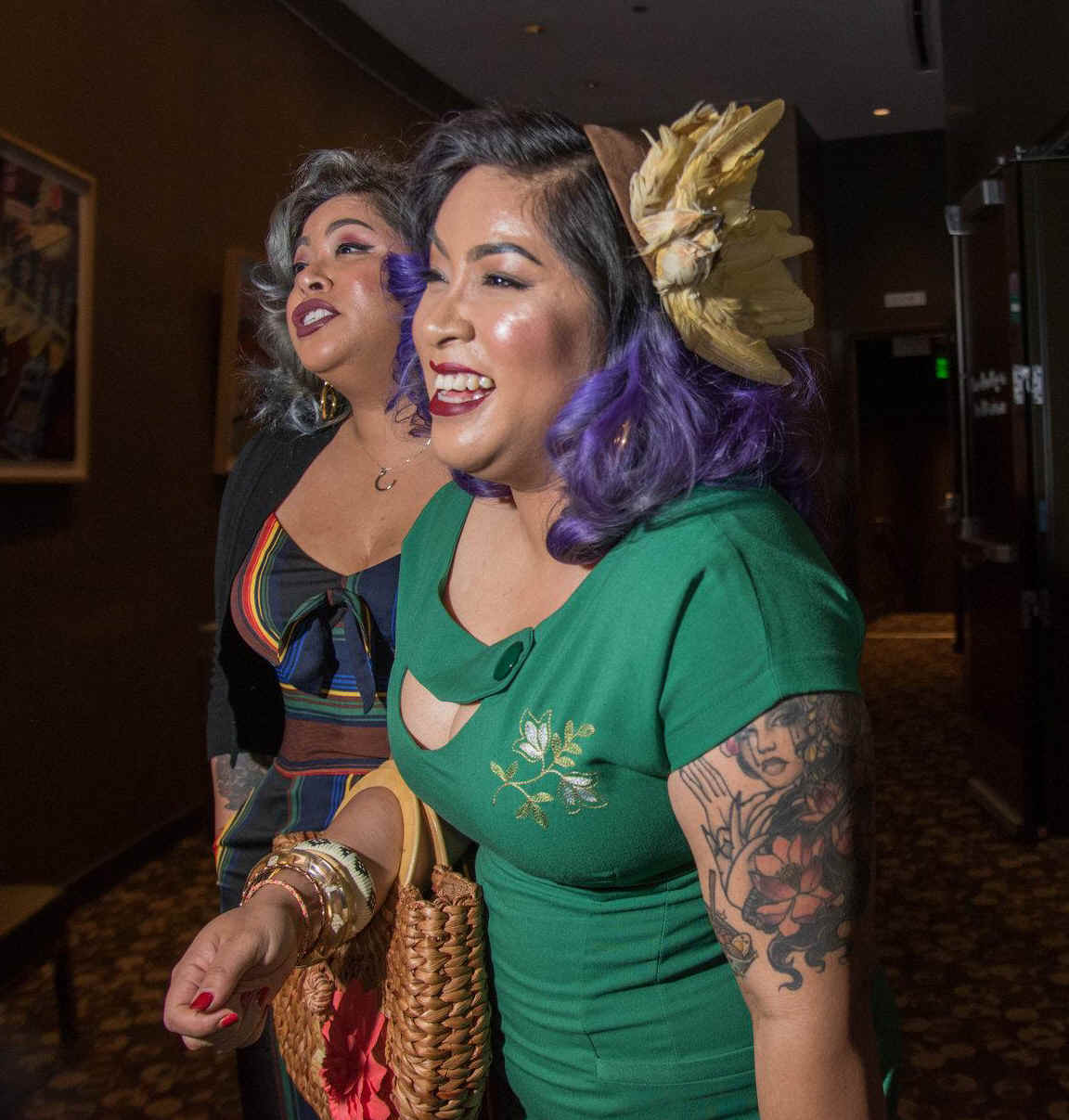
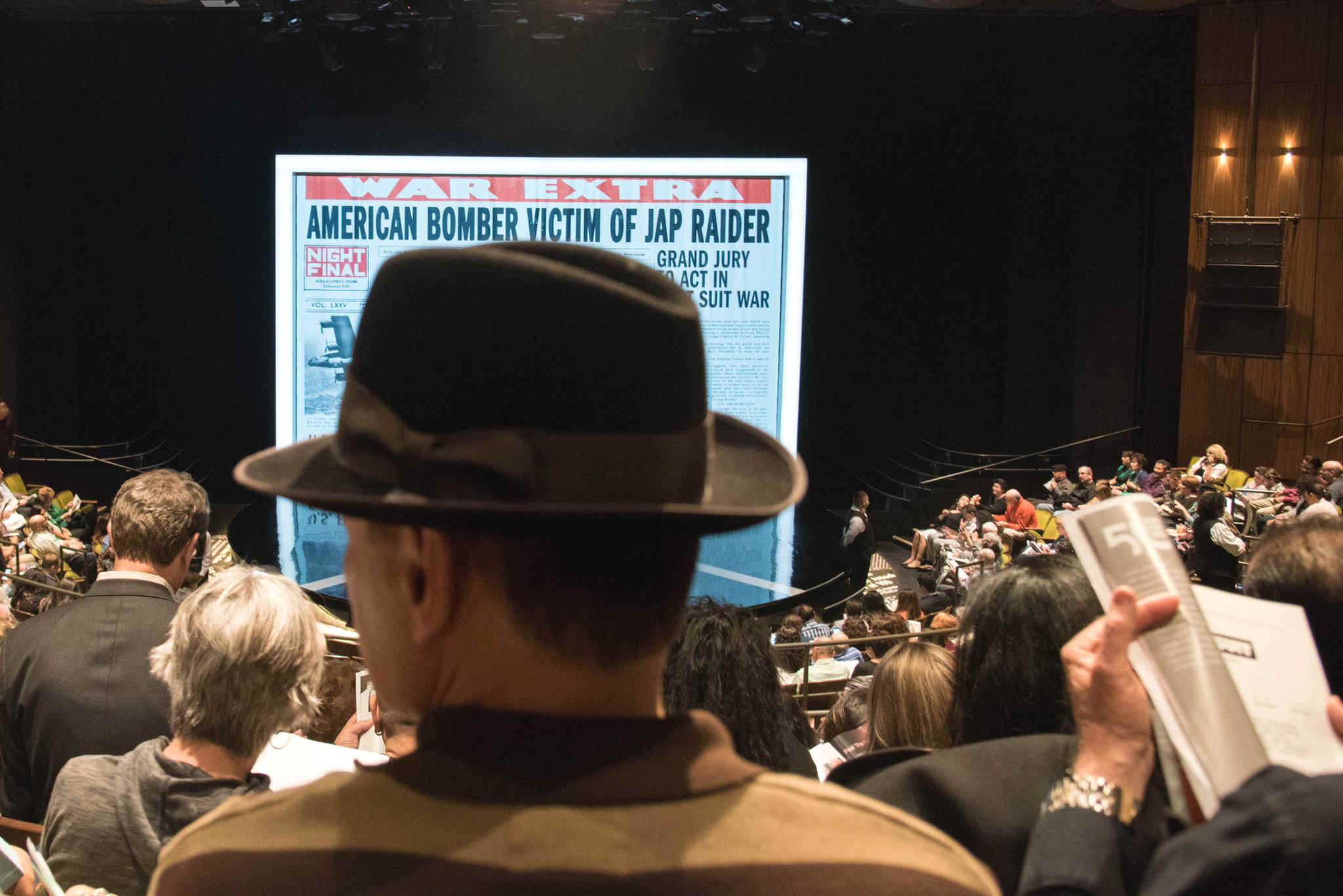
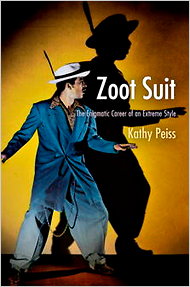 In
his “Hepster’s Dictionary,” the jazz singer Cab Calloway (1907-94)
defined the zoot suit this way: “The ultimate in clothes. The only
totally and truly American civilian suit.” Fans of swing music and
jitterbug dancing favored this suit, a long coat with wide shoulders and
billowing pants pegged at the ankles. Malcolm X recounted in his
autobiography how he saw the look as a symbol of urban sophistication in
the black ghetto in Boston. In the summer of 1942 the War Production
Board effectively banned the suit, saying it used too much material. In
1943 Disney’s animated propaganda film “The Spirit of ’43”
showed Donald Duck being lured into a swastika-studded saloon by a zoot-suit-wearing
tough who morphs into Hitler. Politicians and the press turned against
the zoot suit, linking it to gangsters and depravity after the Zoot Suit
Riots in the summer of 1943, in which white soldiers and sailors started
beating up zoot-suit-wearing Mexican-Americans in Los Angeles during a
period of growing ethnic and racial tension. During five days of riots
that June, more than 110 civilians and servicemen were injured.
In
his “Hepster’s Dictionary,” the jazz singer Cab Calloway (1907-94)
defined the zoot suit this way: “The ultimate in clothes. The only
totally and truly American civilian suit.” Fans of swing music and
jitterbug dancing favored this suit, a long coat with wide shoulders and
billowing pants pegged at the ankles. Malcolm X recounted in his
autobiography how he saw the look as a symbol of urban sophistication in
the black ghetto in Boston. In the summer of 1942 the War Production
Board effectively banned the suit, saying it used too much material. In
1943 Disney’s animated propaganda film “The Spirit of ’43”
showed Donald Duck being lured into a swastika-studded saloon by a zoot-suit-wearing
tough who morphs into Hitler. Politicians and the press turned against
the zoot suit, linking it to gangsters and depravity after the Zoot Suit
Riots in the summer of 1943, in which white soldiers and sailors started
beating up zoot-suit-wearing Mexican-Americans in Los Angeles during a
period of growing ethnic and racial tension. During five days of riots
that June, more than 110 civilians and servicemen were injured.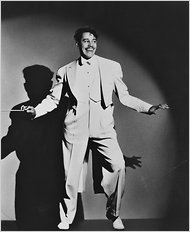 The
Argument: Historians, sociologists and cultural critics have tended “to
understand clothing as primarily having a political meaning so that
aesthetics are subsumed under the political,” Ms. Peiss explained. The
Zoot Suit Riots, for example, are now generally considered a turning
point in the growing political sensibility of Mexican-Americans and the
outfit is seen as an element of black civil-rights activism during the
war years. Ms. Peiss takes another view. “The book argues against the
idea that clothing worn by marginalized and underprivileged youth is
automatically a form of political resistance,” she said. “We do all
read clothing in a variety of ways, say hip-hop style or goth style, as
freighted with meaning, but we really need to examine who is applying
the meaning.” For many wearers, Ms. Peiss said, the zoot suit was
initially an expression of style, no more subversive than the outlandish
hats adorning women at this April’s royal wedding.
The
Argument: Historians, sociologists and cultural critics have tended “to
understand clothing as primarily having a political meaning so that
aesthetics are subsumed under the political,” Ms. Peiss explained. The
Zoot Suit Riots, for example, are now generally considered a turning
point in the growing political sensibility of Mexican-Americans and the
outfit is seen as an element of black civil-rights activism during the
war years. Ms. Peiss takes another view. “The book argues against the
idea that clothing worn by marginalized and underprivileged youth is
automatically a form of political resistance,” she said. “We do all
read clothing in a variety of ways, say hip-hop style or goth style, as
freighted with meaning, but we really need to examine who is applying
the meaning.” For many wearers, Ms. Peiss said, the zoot suit was
initially an expression of style, no more subversive than the outlandish
hats adorning women at this April’s royal wedding.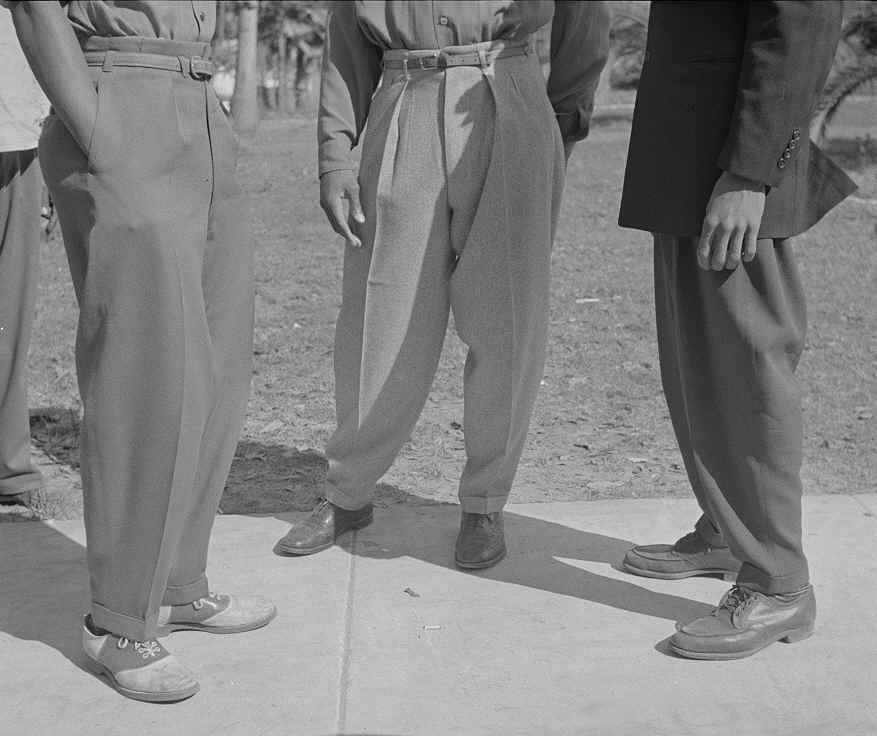
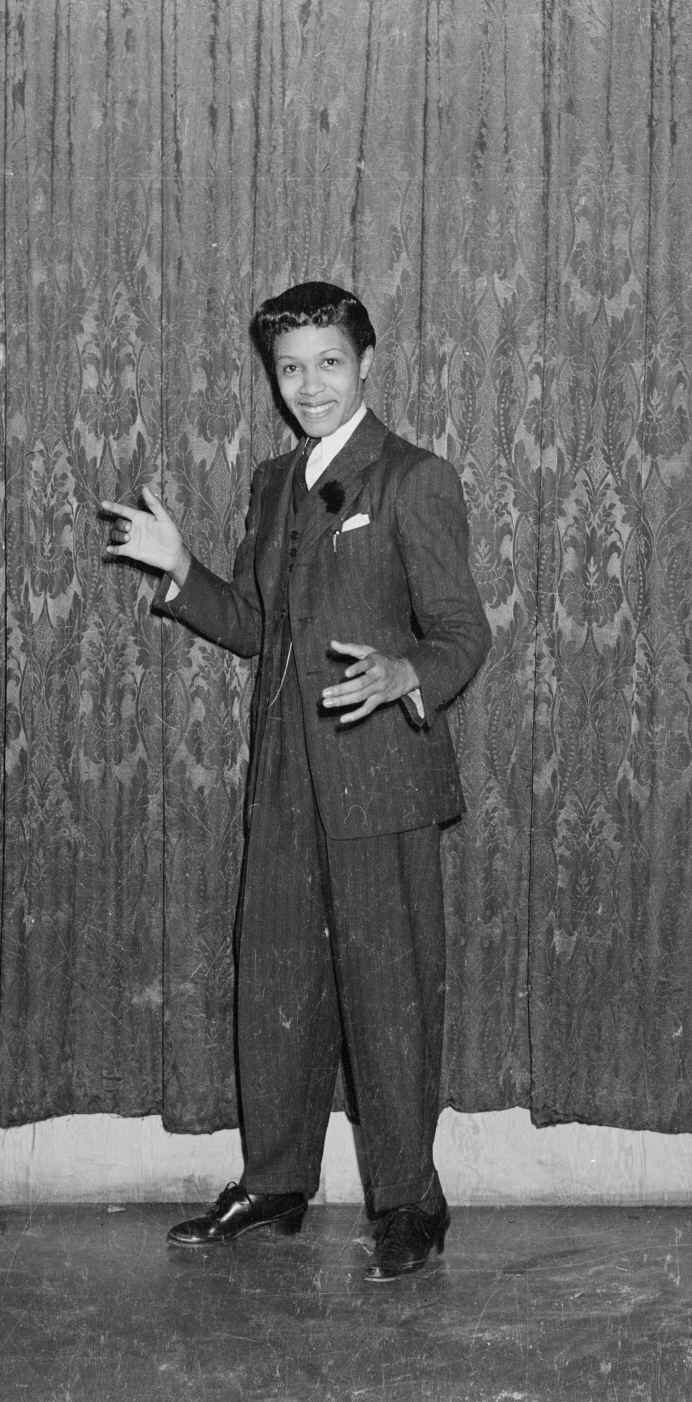 A woman wearing a zoot at the Harlem Casino in
Pittsburgh, Pennsylvania, in 1939. (Charles ‘Teenie’ Harris/Carnegie
Museum of Art via Getty Images)
A woman wearing a zoot at the Harlem Casino in
Pittsburgh, Pennsylvania, in 1939. (Charles ‘Teenie’ Harris/Carnegie
Museum of Art via Getty Images)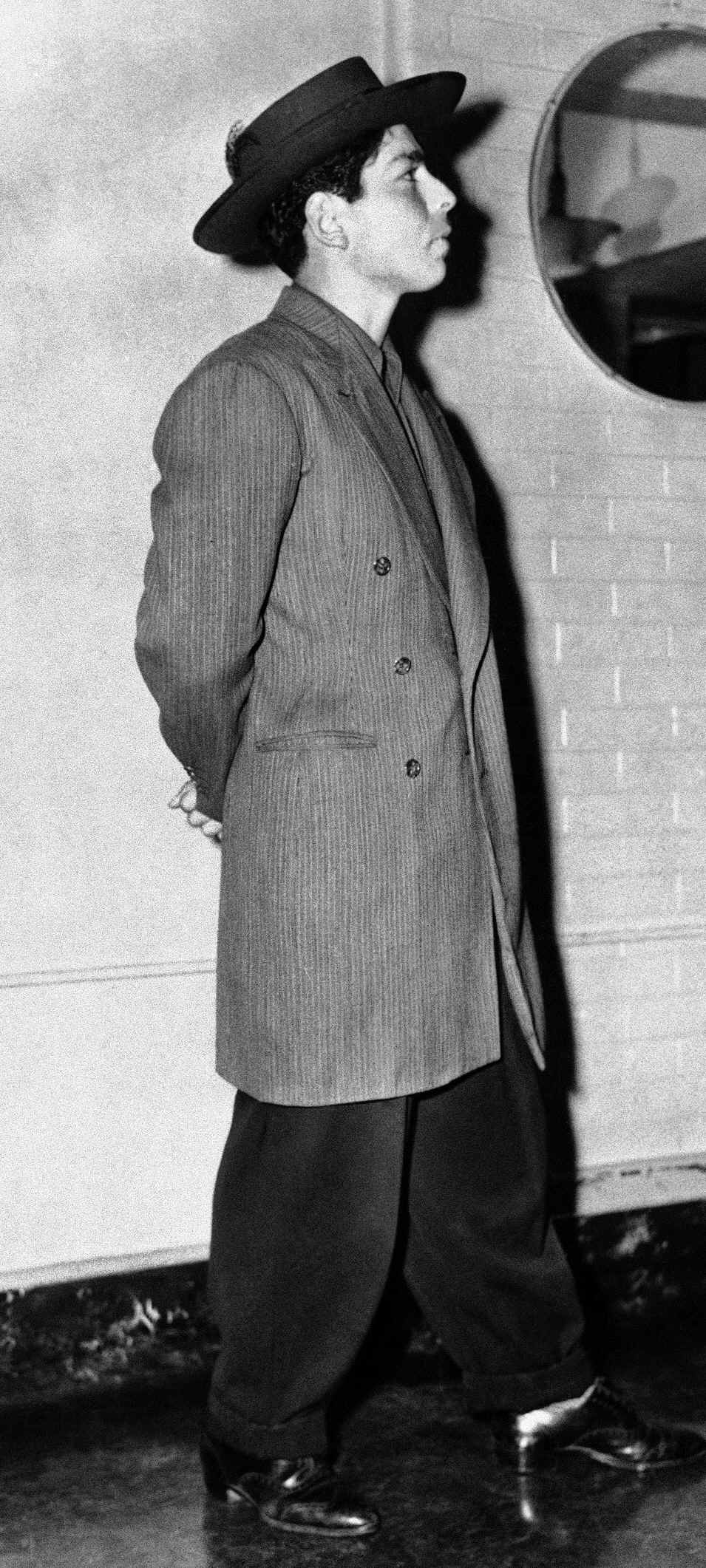 A young pachuco sporting a zoot suit being held on
vagrancy charges in Los Angeles County jail during the Zoot Suit Riots of
1943. (AP Photo)
A young pachuco sporting a zoot suit being held on
vagrancy charges in Los Angeles County jail during the Zoot Suit Riots of
1943. (AP Photo)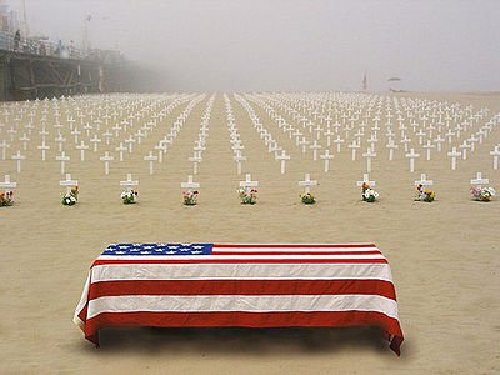

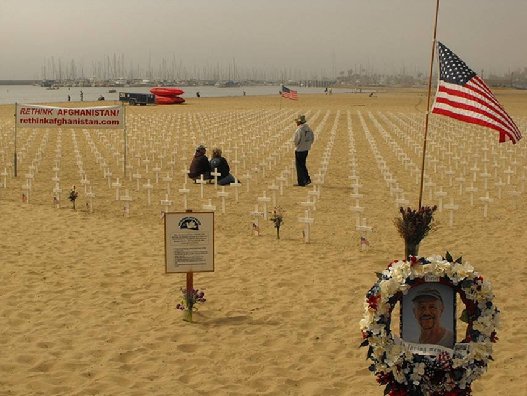
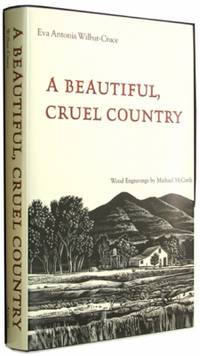
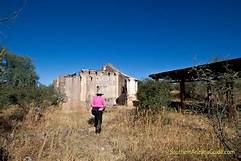 We
found our way back by a climbing a hill where we spotted the
Wilbur-Cruce Ranch in the distance. Dr. R. A. Wilbur,
"Grandfather", founder of the Wilbur Ranch, was a
Harvard educated physician who landed a job in Arivaca as
physician to the Cerro Colorado Mining Company. He had arrived in
Arizona Territory sometime in the 1860's with Charles Poston, the
man who is widely considered to be the Father of Arizona. (You can
find Poston's gravesite monument on top of a hill just
outside Florence, AZ.) When the Cerro mining operation failed, Dr.
Wilbur began homesteading. His ranch grew from 140 acres to some
472 acres and 1170 leased acres. In 1989 Eva sold the ranch to the
Nature Conservancy. The ranch ended up in the hands of the Buenas
Aires National Wildlife Refuge, BANWR. Eva writes about the horses
of the ranch. The story of the Wilbur-Cruce horse is also an
interesting one. The horses were brought to the Wilbur Ranch in
1885 from Rancho Delores in Sonora Mexico by Grandfather Wilbur.
Rancho Delores was one of the Mission Ranches that Father Kino had
founded. These "Rock" horses were direct descendants of
the Spanish "Barb" horses brought from the Old
World to the far Northern Frontier of New Spain by Father Kino.
These horses were bred for their strength and stamina. These
descendants were almost extinct until it was discovered that Eva
had over 100 of them. Here is an interesting story about
the legacy of the Rock horse here. From time to time
the Tubac Presidio State Park presents talks about the
origin of this horse. Some of these horses are used in the Anza
Day Festival in Tubac.
We
found our way back by a climbing a hill where we spotted the
Wilbur-Cruce Ranch in the distance. Dr. R. A. Wilbur,
"Grandfather", founder of the Wilbur Ranch, was a
Harvard educated physician who landed a job in Arivaca as
physician to the Cerro Colorado Mining Company. He had arrived in
Arizona Territory sometime in the 1860's with Charles Poston, the
man who is widely considered to be the Father of Arizona. (You can
find Poston's gravesite monument on top of a hill just
outside Florence, AZ.) When the Cerro mining operation failed, Dr.
Wilbur began homesteading. His ranch grew from 140 acres to some
472 acres and 1170 leased acres. In 1989 Eva sold the ranch to the
Nature Conservancy. The ranch ended up in the hands of the Buenas
Aires National Wildlife Refuge, BANWR. Eva writes about the horses
of the ranch. The story of the Wilbur-Cruce horse is also an
interesting one. The horses were brought to the Wilbur Ranch in
1885 from Rancho Delores in Sonora Mexico by Grandfather Wilbur.
Rancho Delores was one of the Mission Ranches that Father Kino had
founded. These "Rock" horses were direct descendants of
the Spanish "Barb" horses brought from the Old
World to the far Northern Frontier of New Spain by Father Kino.
These horses were bred for their strength and stamina. These
descendants were almost extinct until it was discovered that Eva
had over 100 of them. Here is an interesting story about
the legacy of the Rock horse here. From time to time
the Tubac Presidio State Park presents talks about the
origin of this horse. Some of these horses are used in the Anza
Day Festival in Tubac.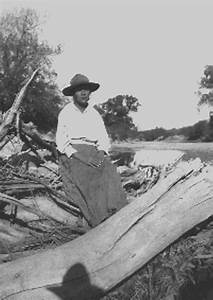


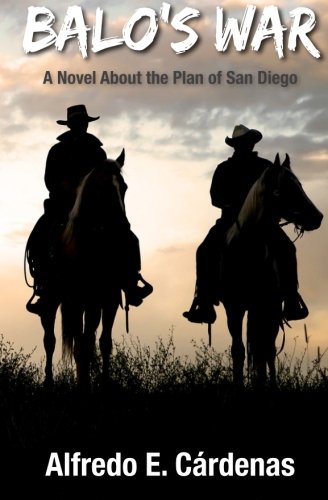
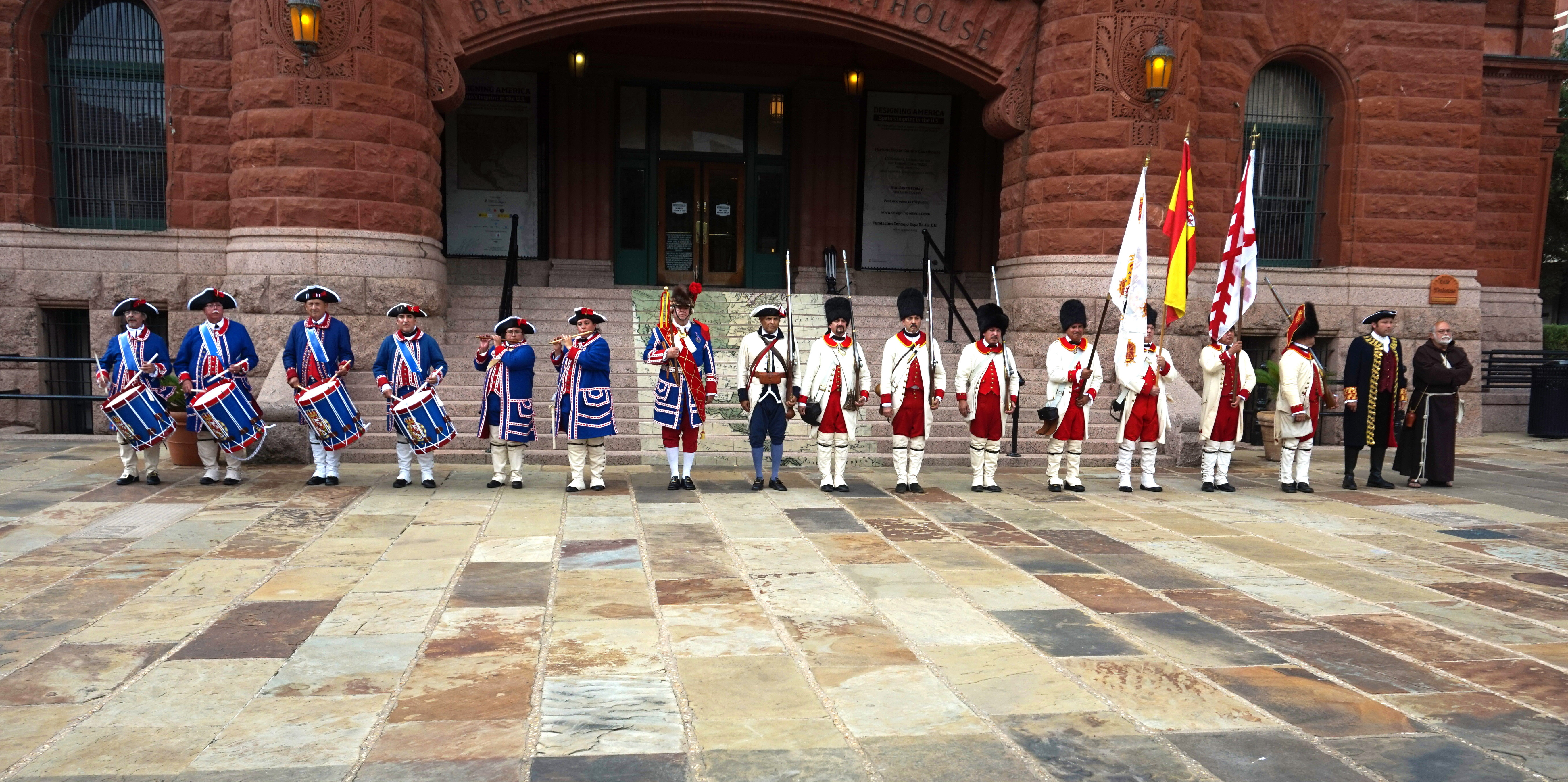
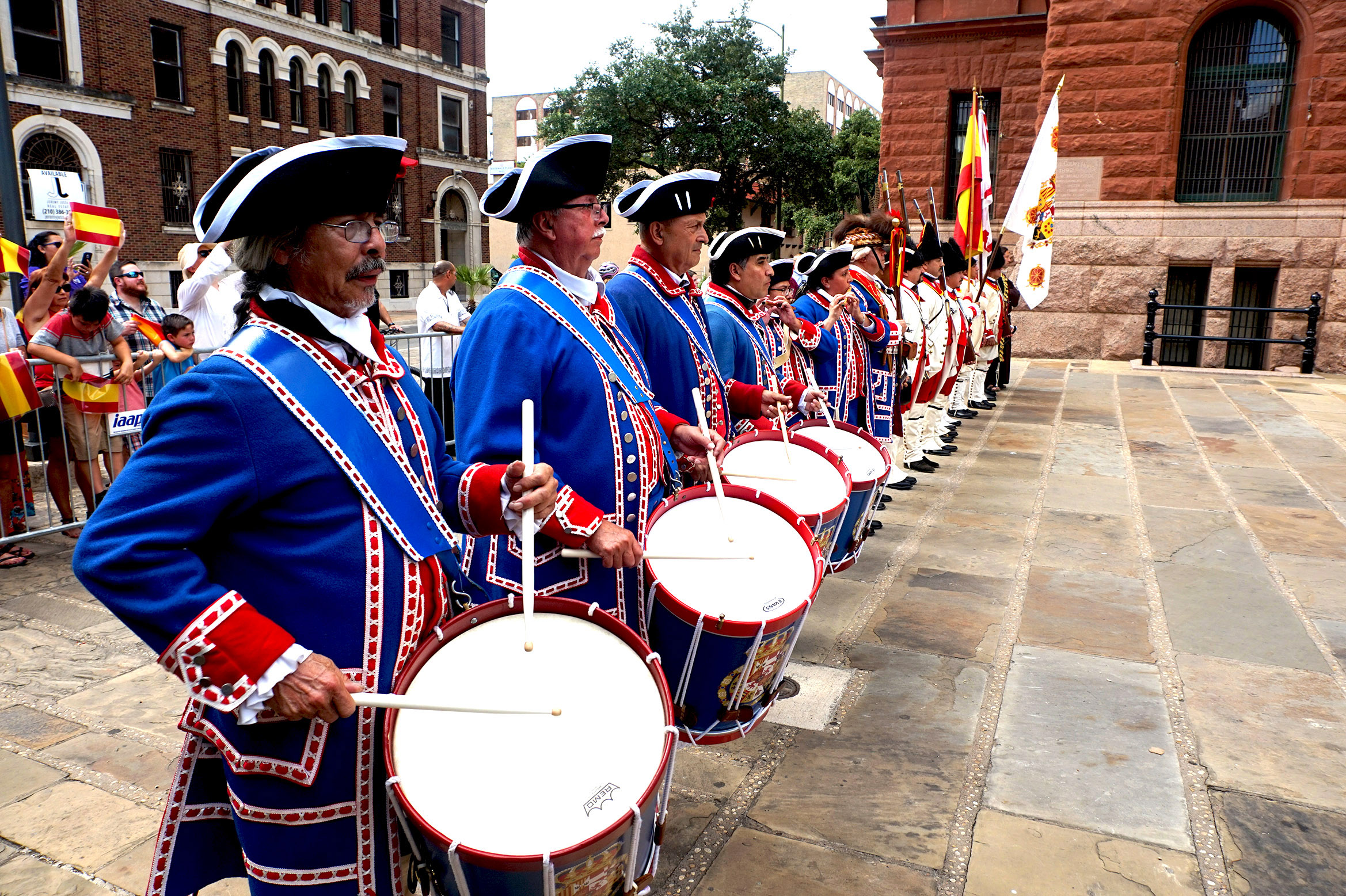
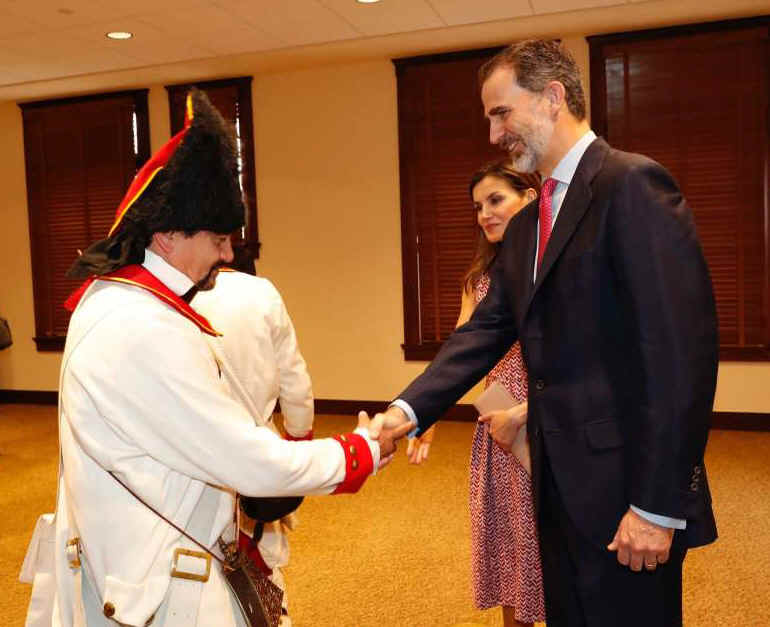
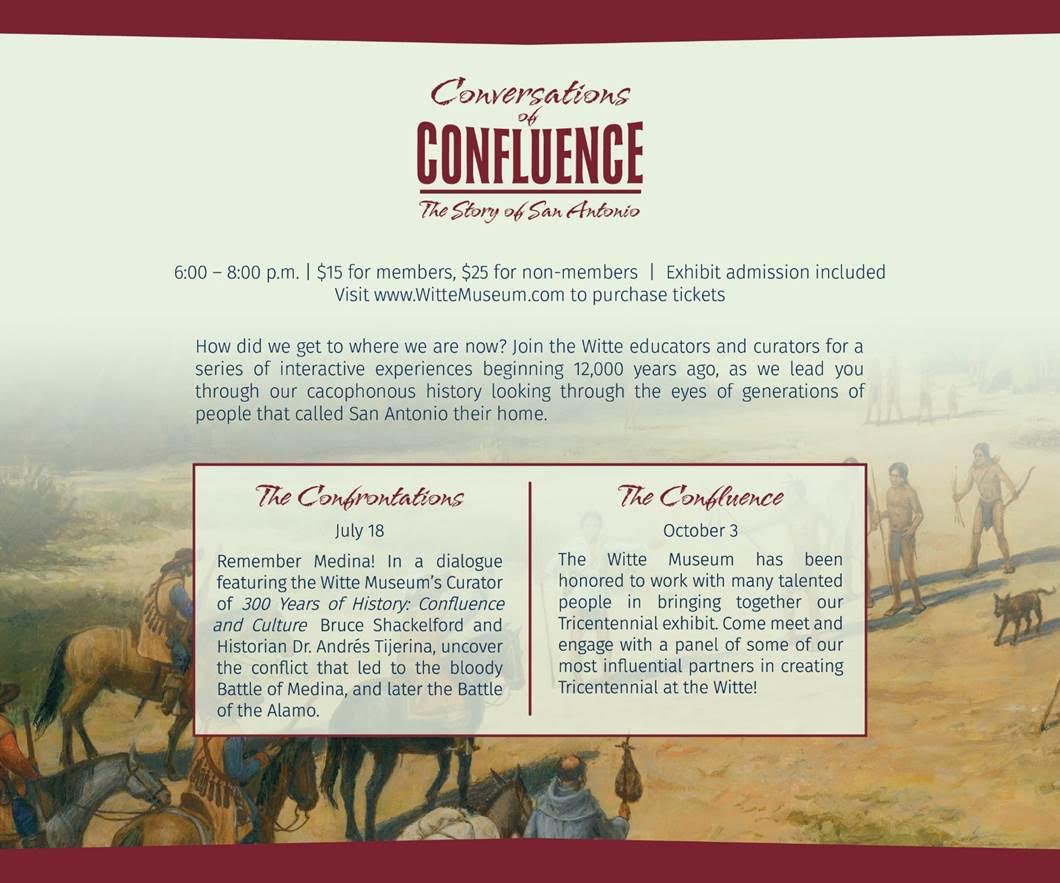


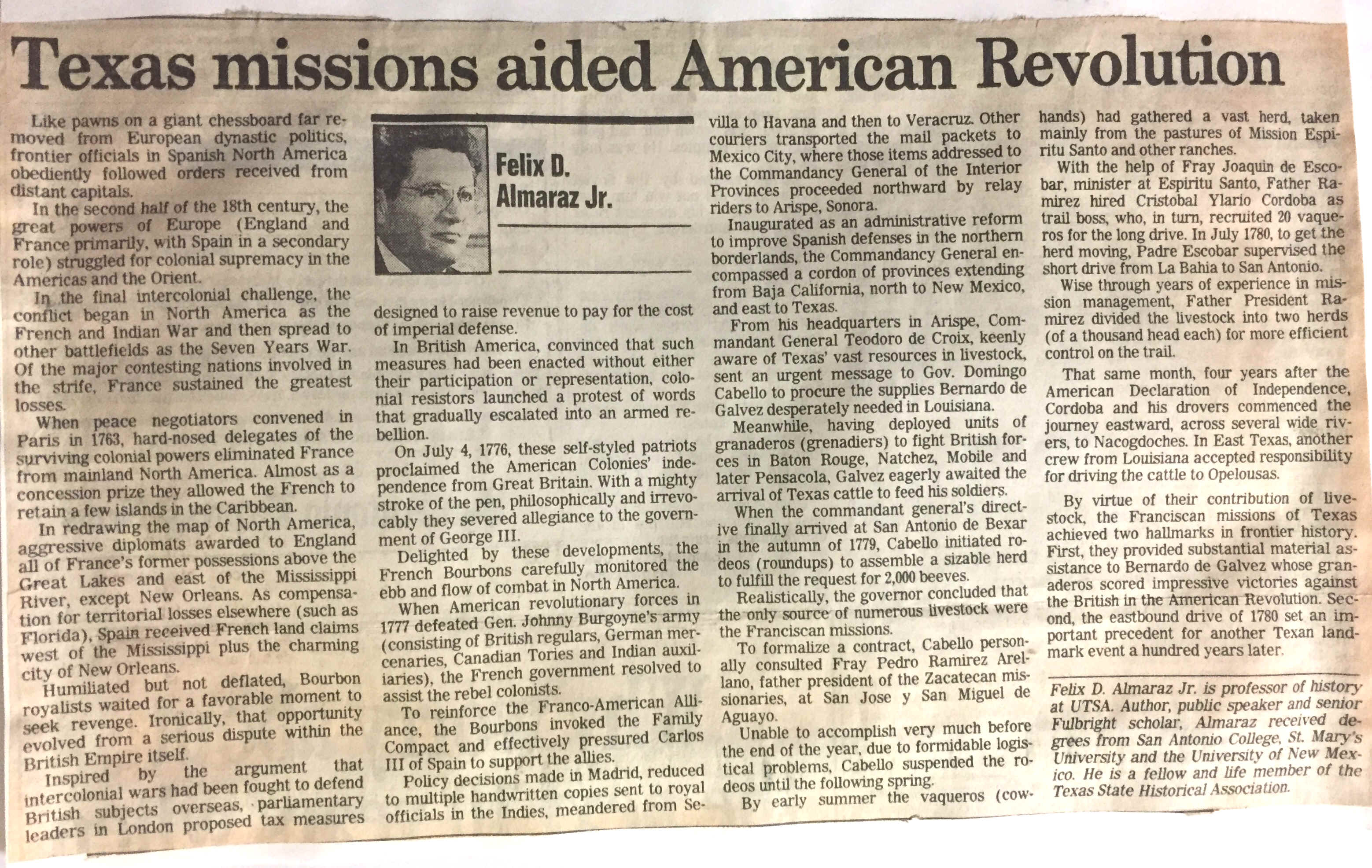


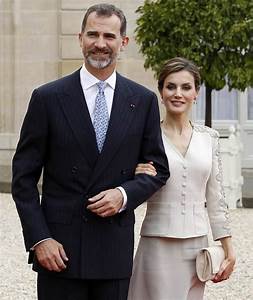
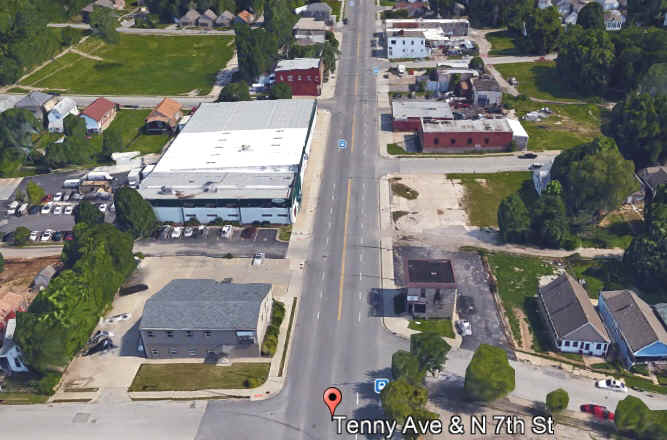


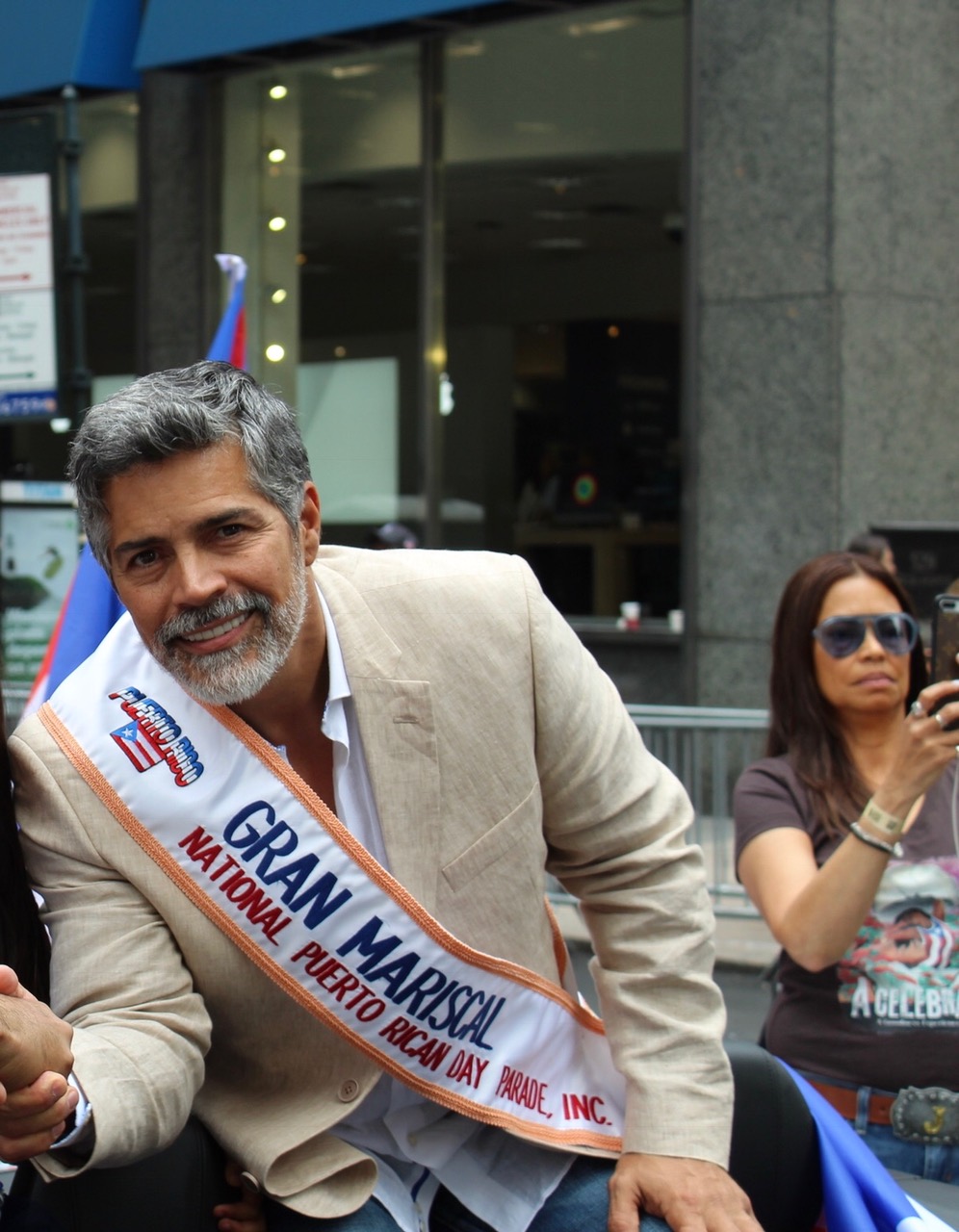
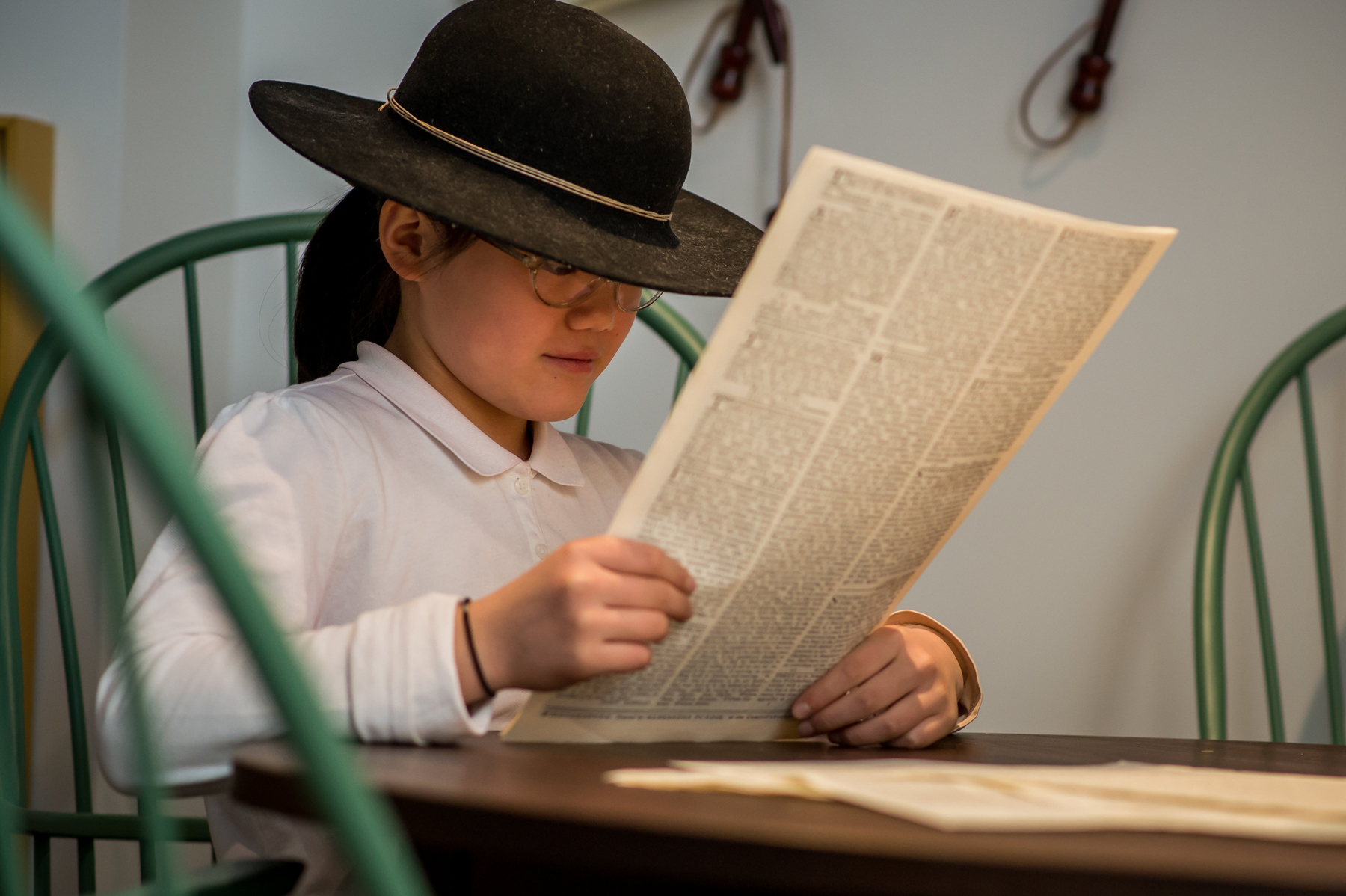

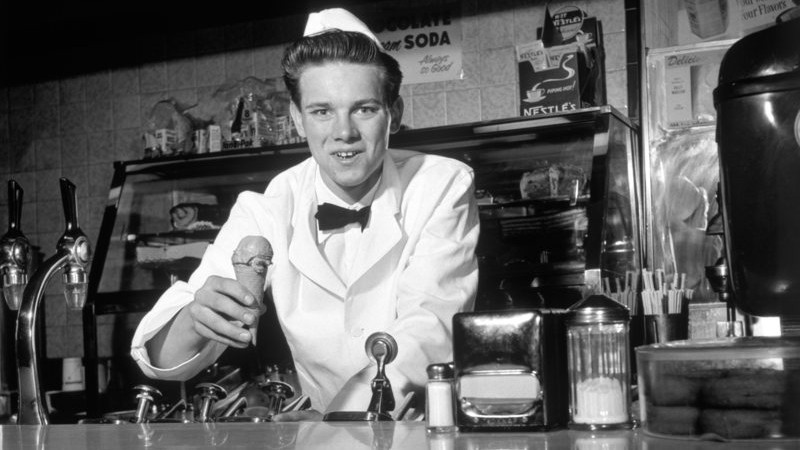
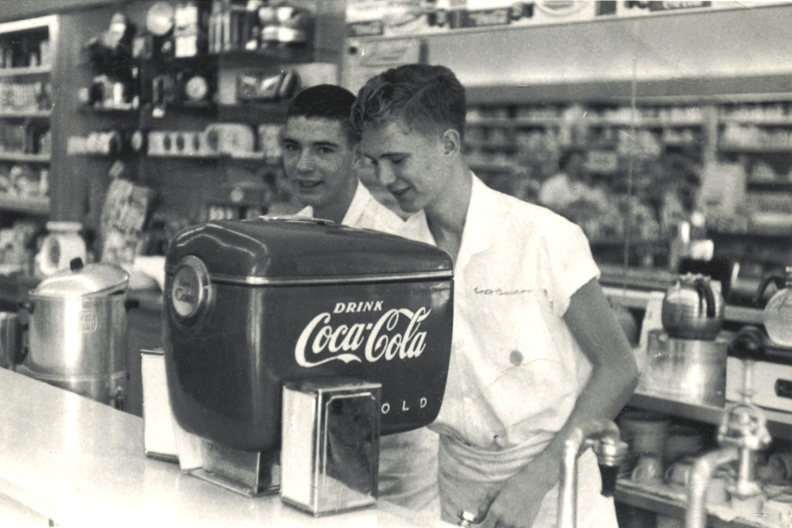
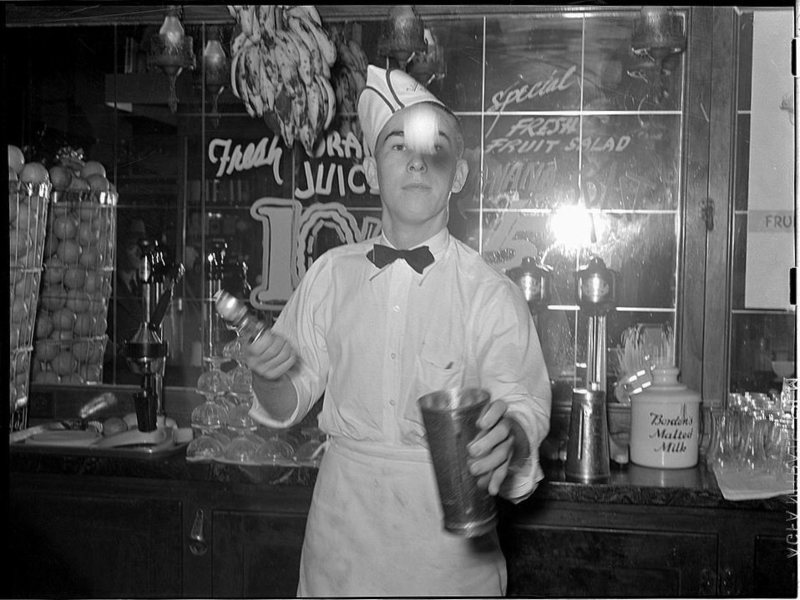
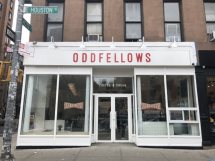
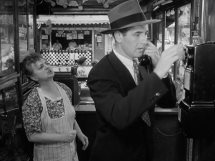
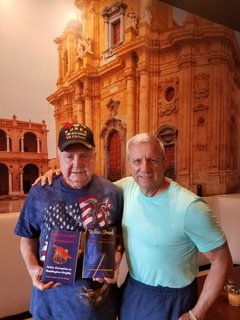 These
two former NYPD These two former New York Police Department Puerto Rican cops, Eddie Martinez Corian war veteran and Joe Sanchez Vietnam veteran would have made a great team in street crime if they had given them a chance to join. Any retired as a Bronx homicide detective me I went to prison as a correction officer. Eddie is holding two of my four books. I should put any's photo on my website. He was one heck of a homicide detective. If he says it's okay,
I will. Eddie is a kind of private person, though, but he took no crap from no one, even on the job. He would have also made a great technical advisor in cop movies. He knows how to write both in Spanish and English fluently. Thanks for your service in the military and in the NY PD, Eddie
You da man! El hombre! La Jada! ~ Joe
These
two former NYPD These two former New York Police Department Puerto Rican cops, Eddie Martinez Corian war veteran and Joe Sanchez Vietnam veteran would have made a great team in street crime if they had given them a chance to join. Any retired as a Bronx homicide detective me I went to prison as a correction officer. Eddie is holding two of my four books. I should put any's photo on my website. He was one heck of a homicide detective. If he says it's okay,
I will. Eddie is a kind of private person, though, but he took no crap from no one, even on the job. He would have also made a great technical advisor in cop movies. He knows how to write both in Spanish and English fluently. Thanks for your service in the military and in the NY PD, Eddie
You da man! El hombre! La Jada! ~ Joe
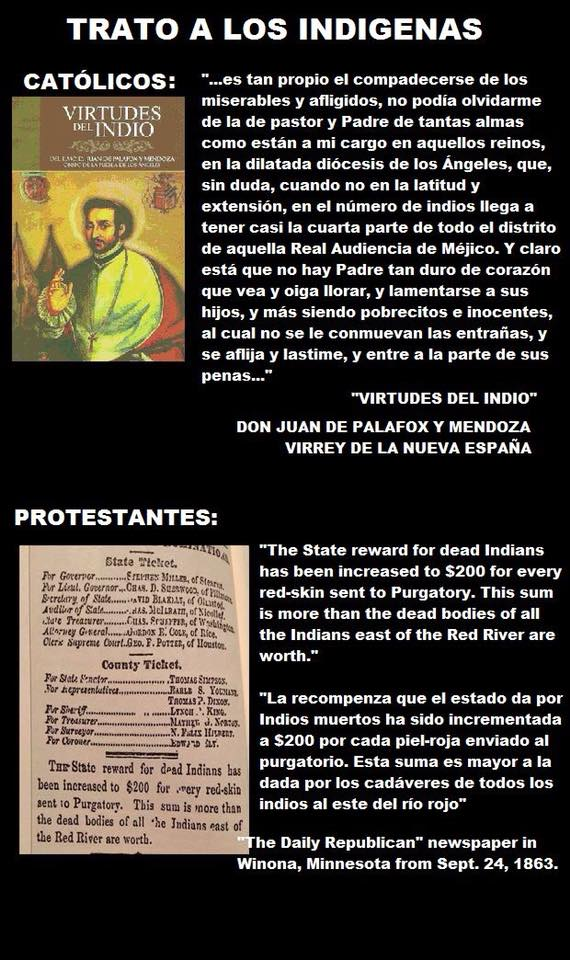
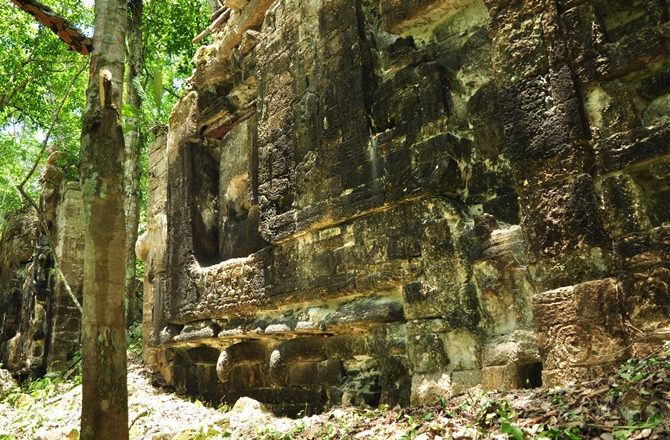

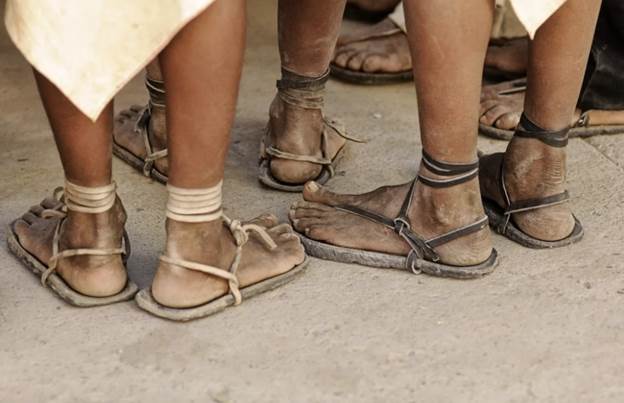
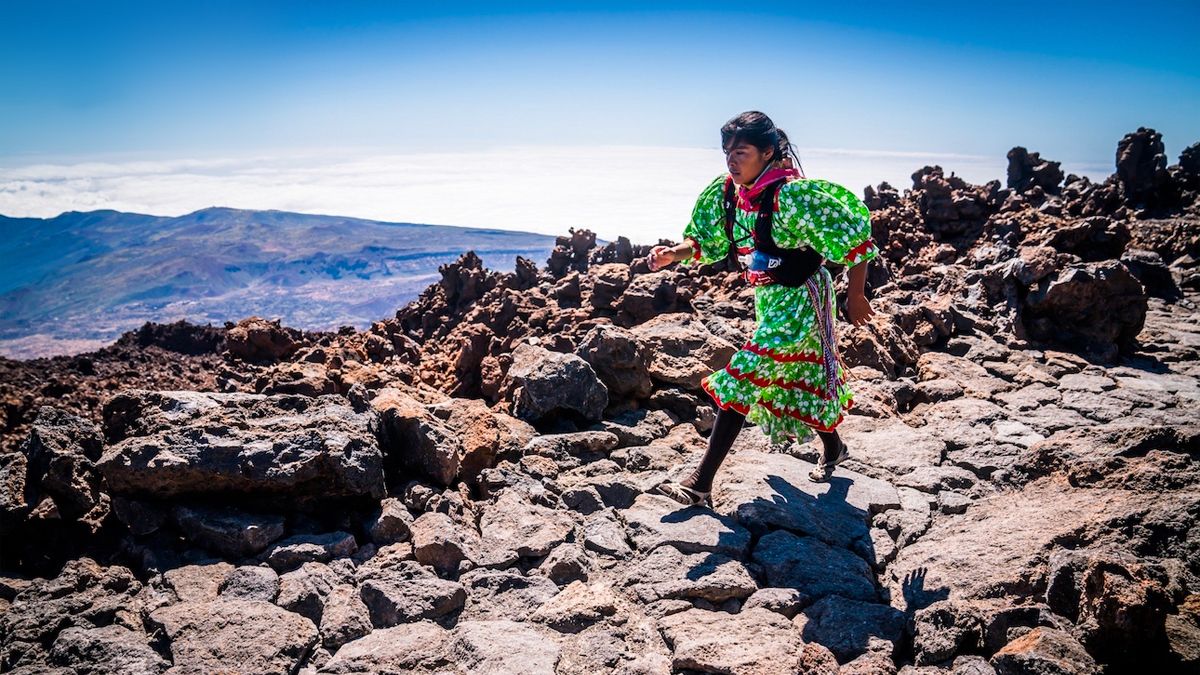
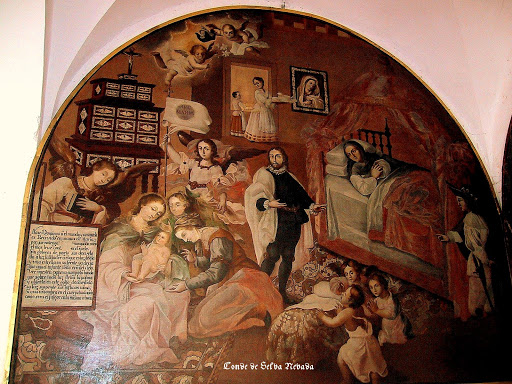
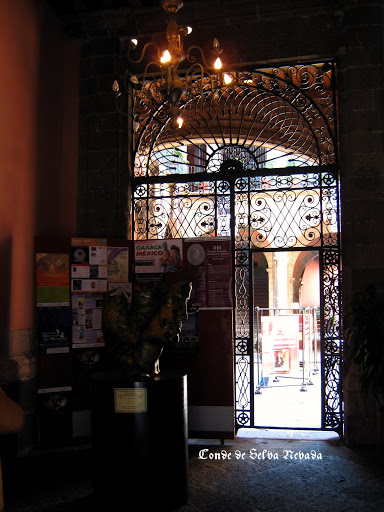
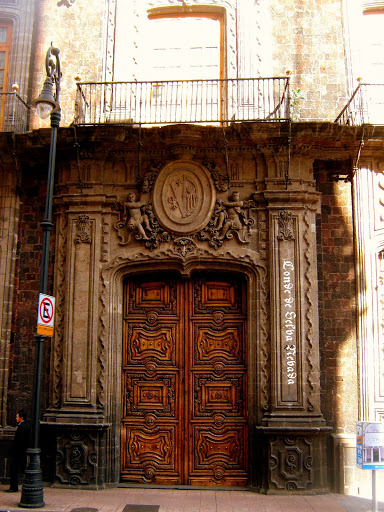
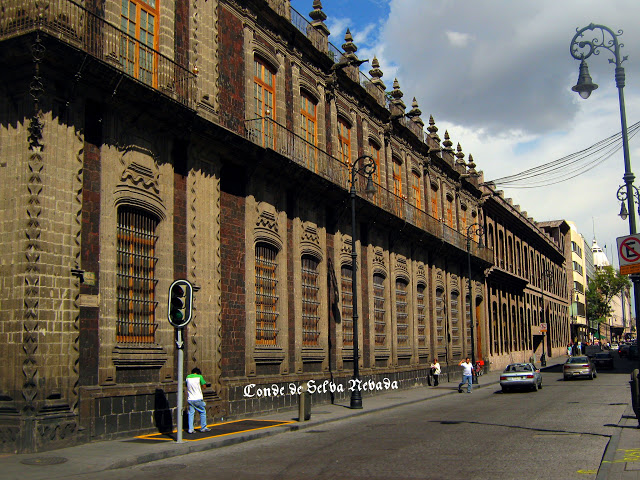




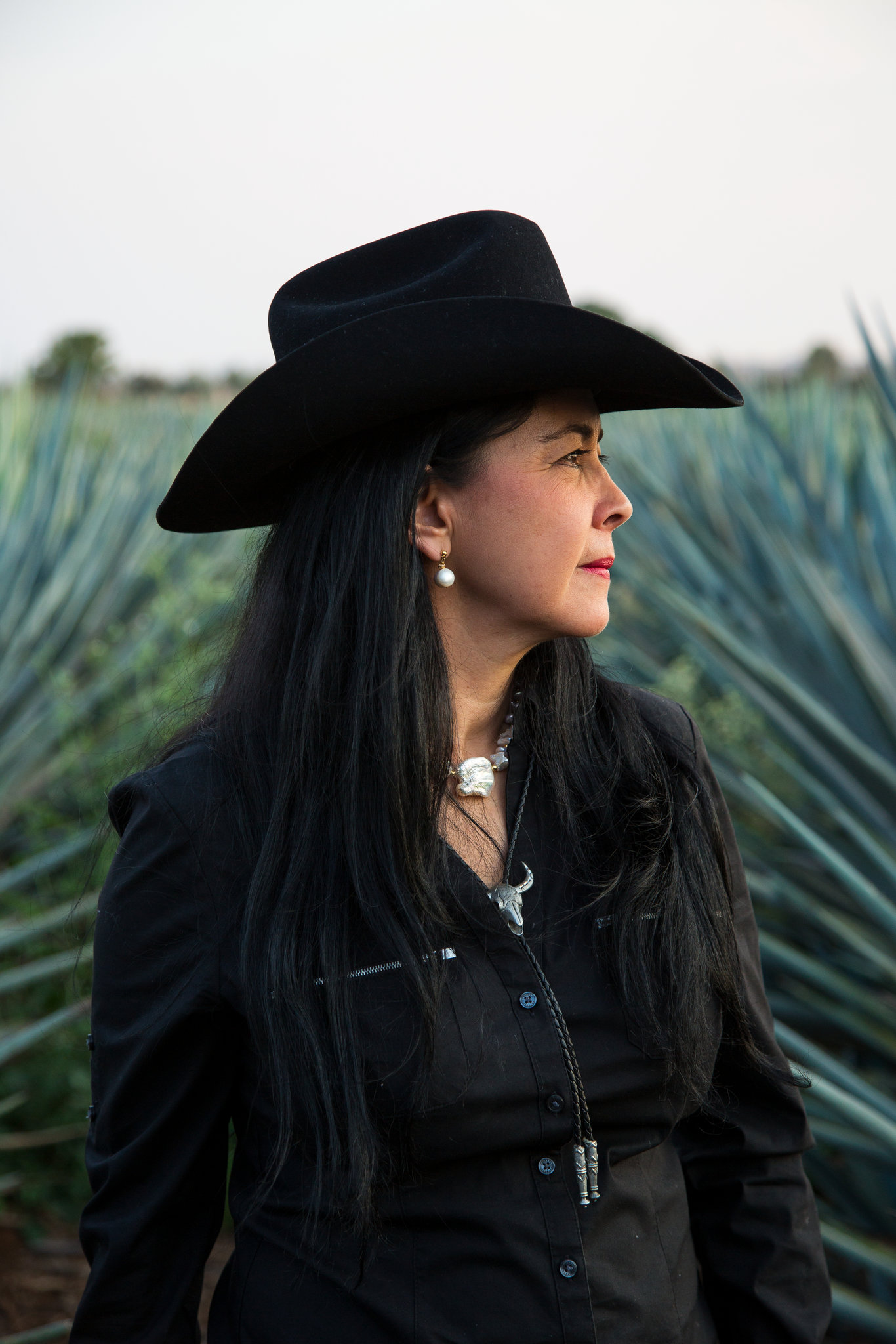
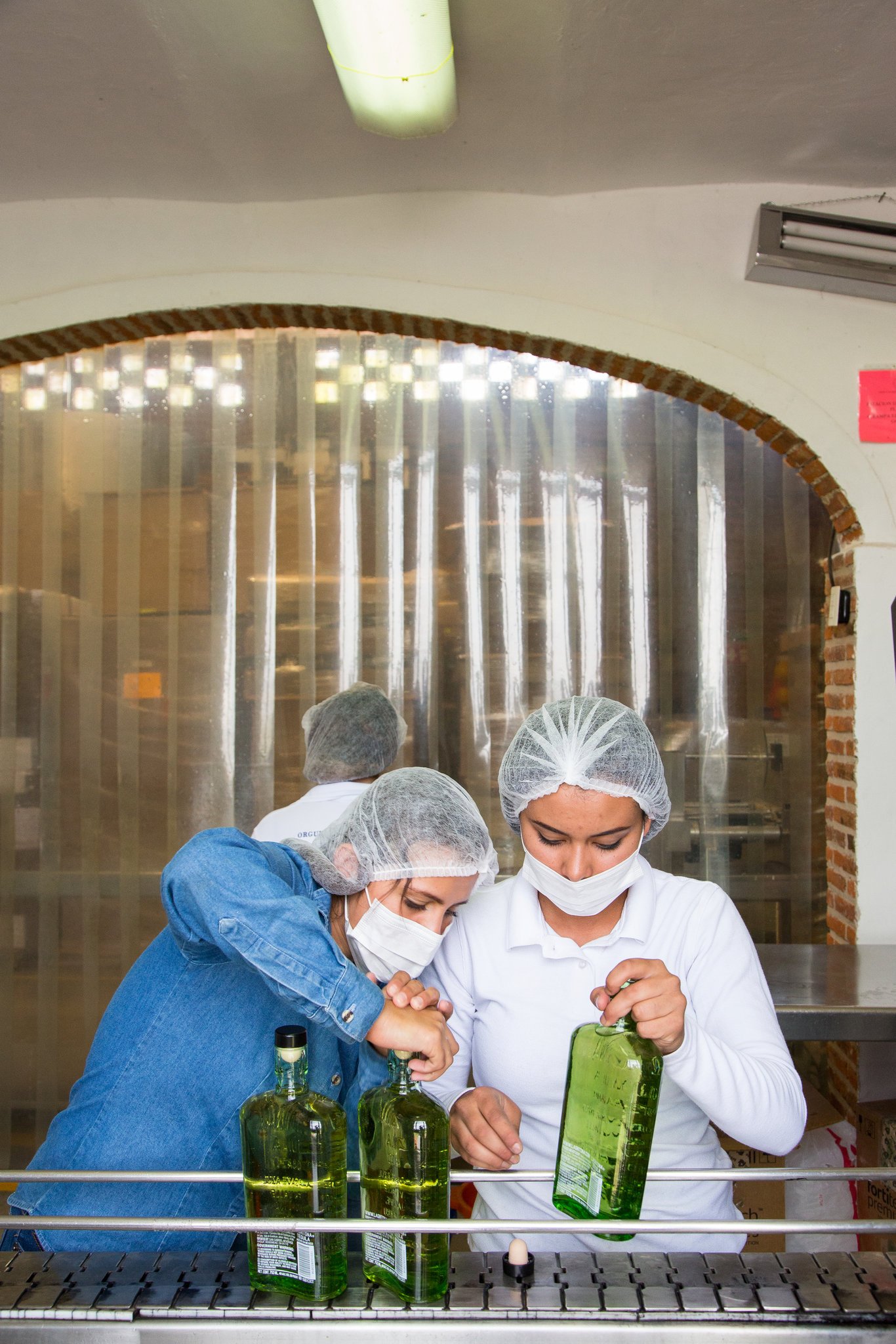
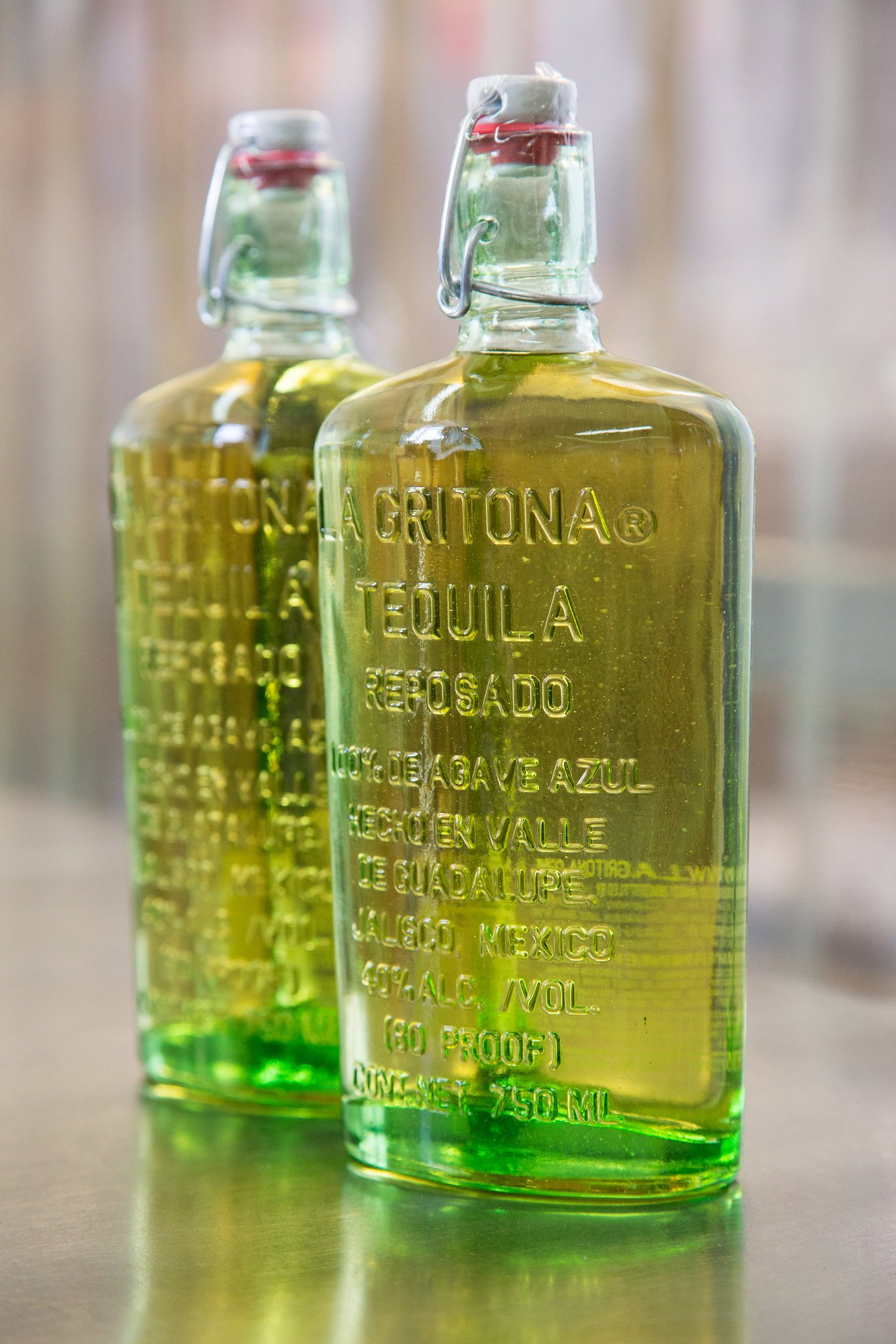
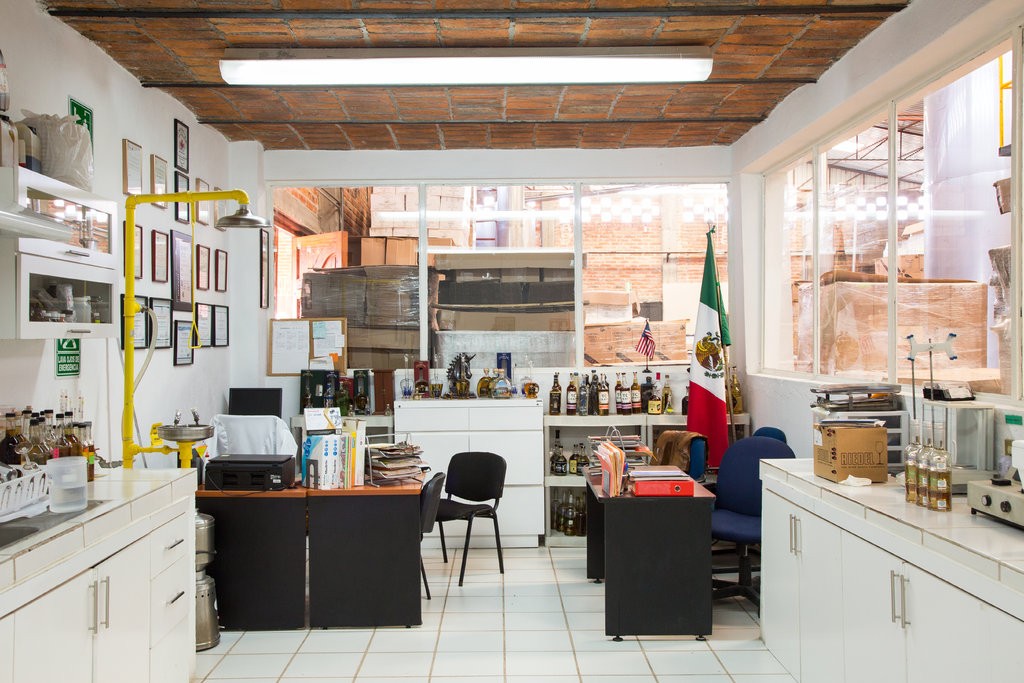
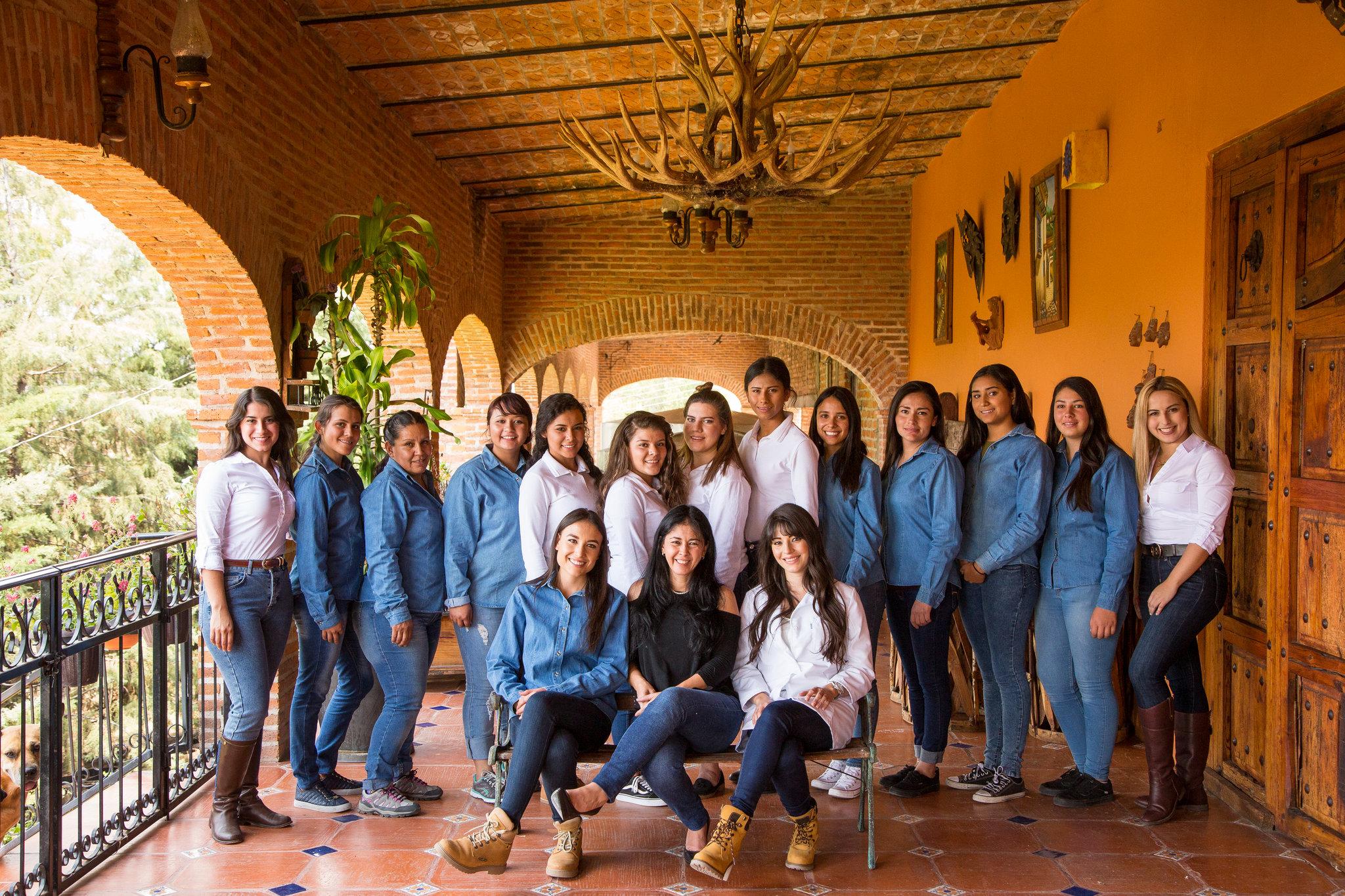
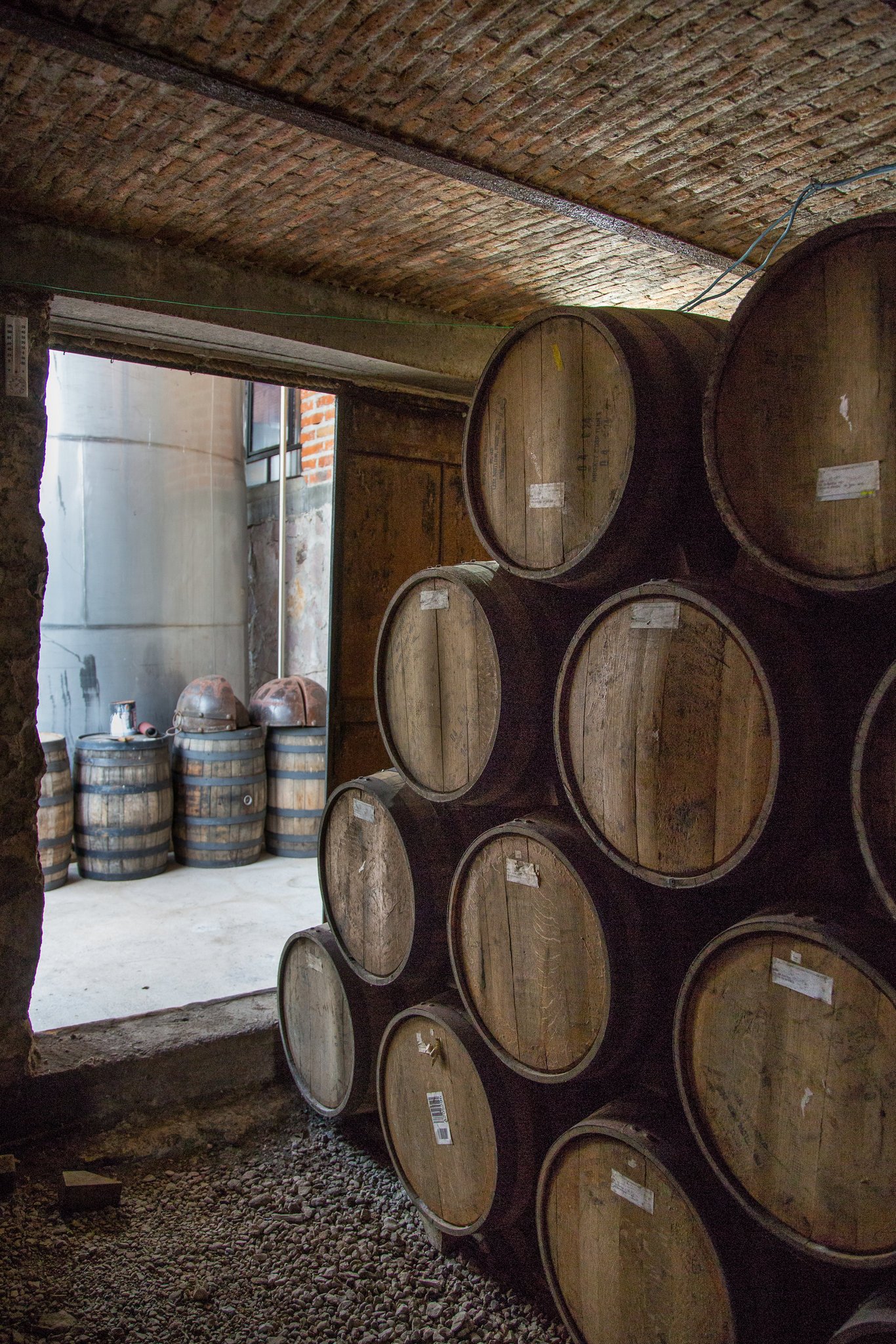

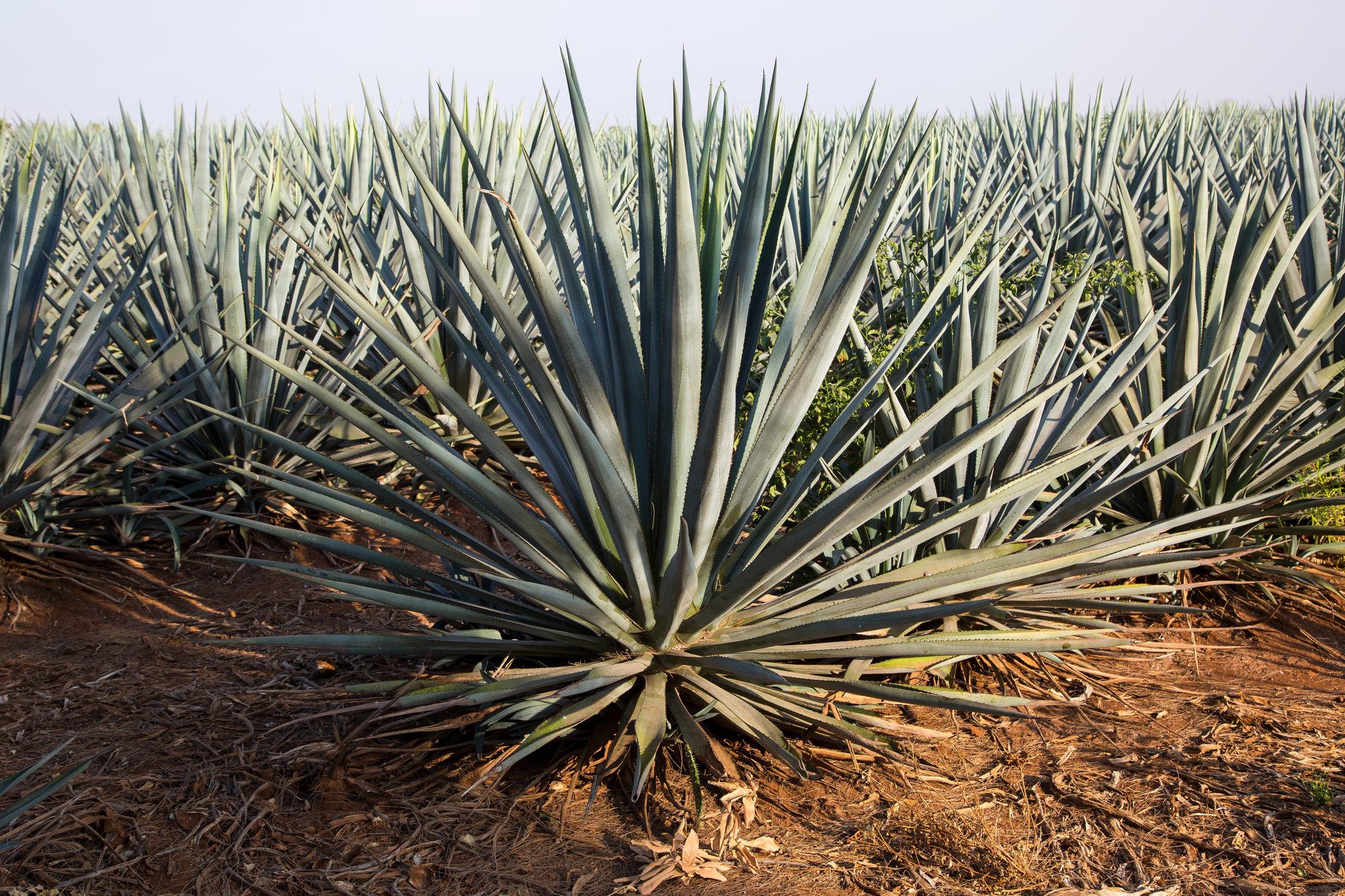
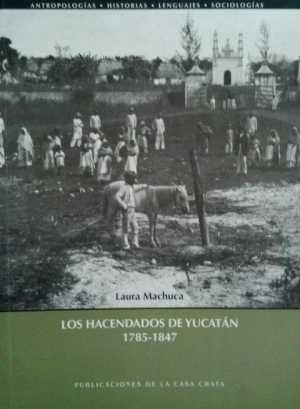
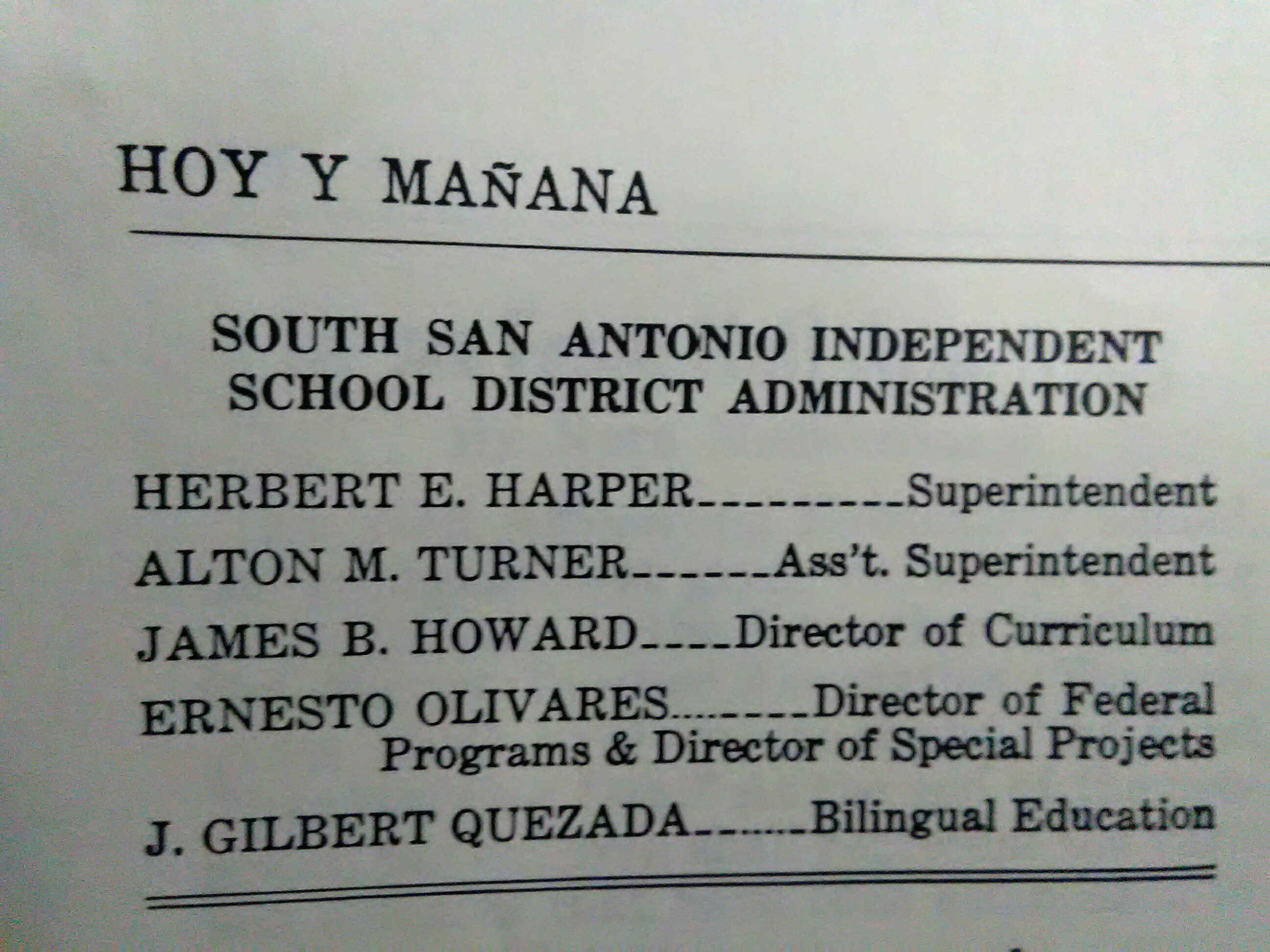
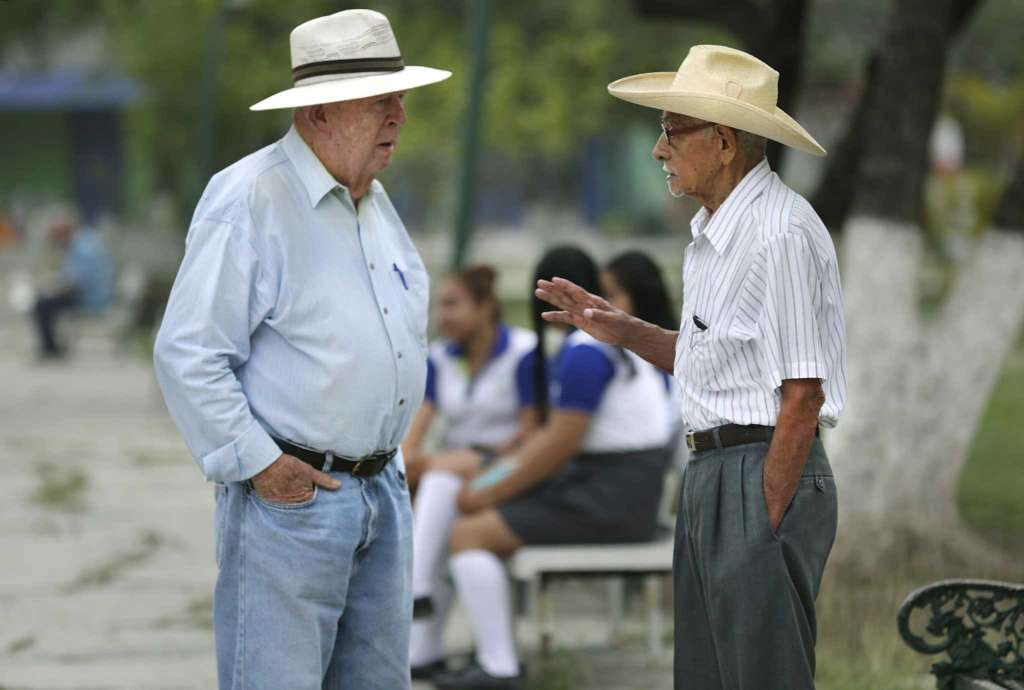
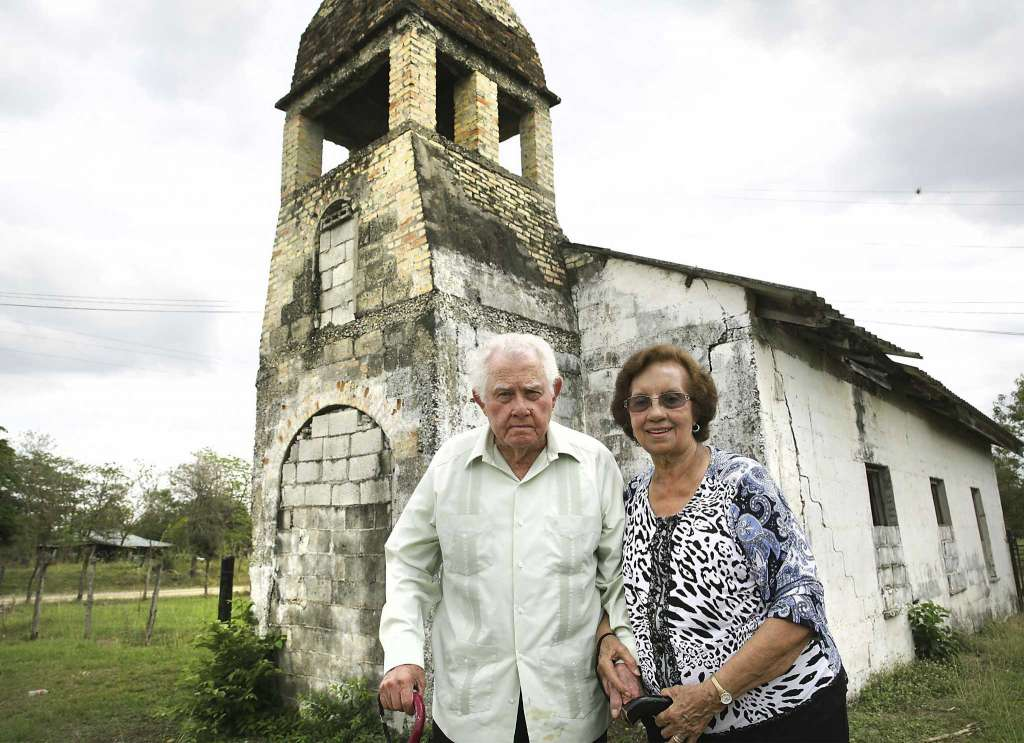
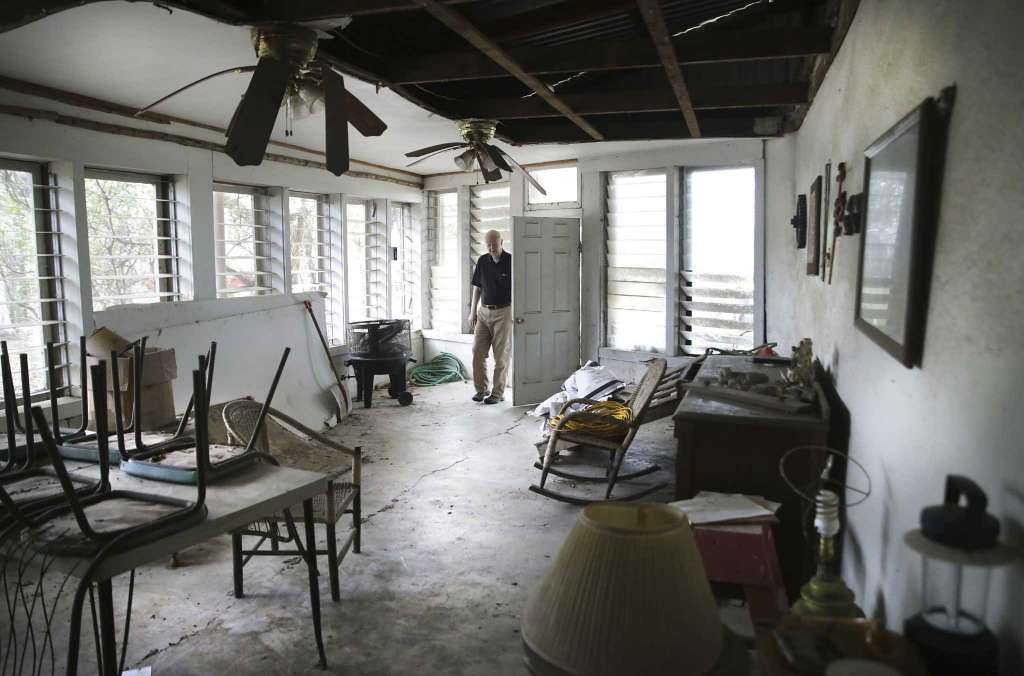
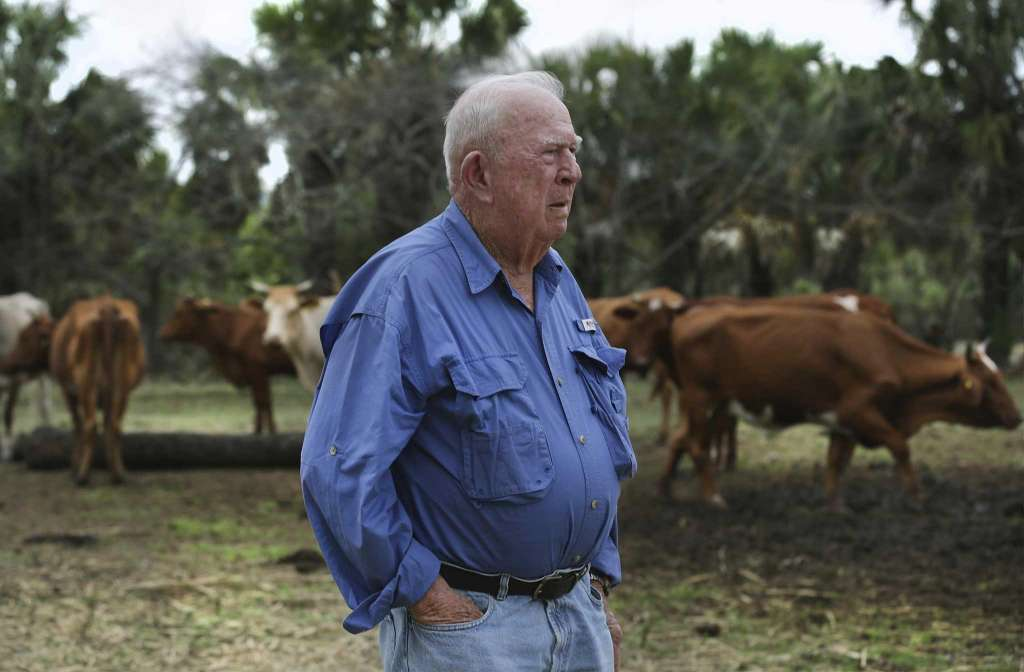
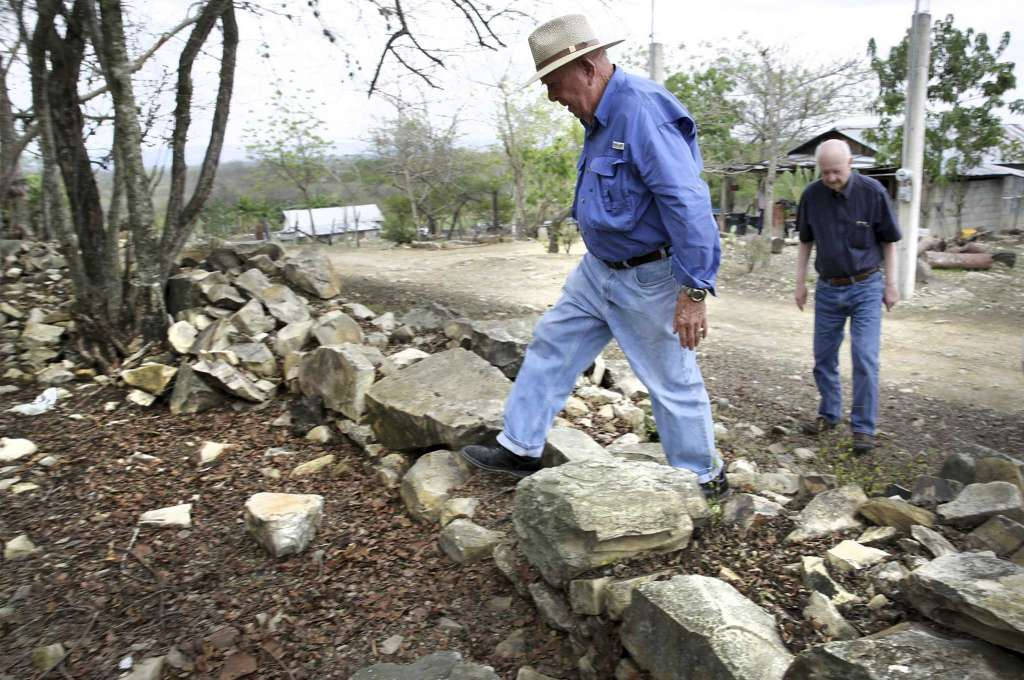
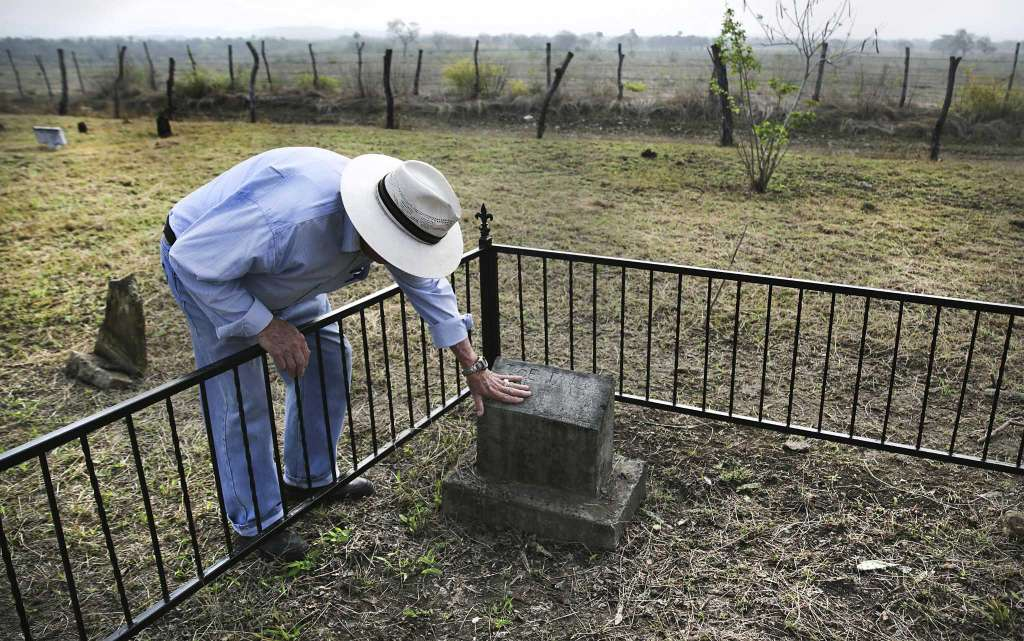
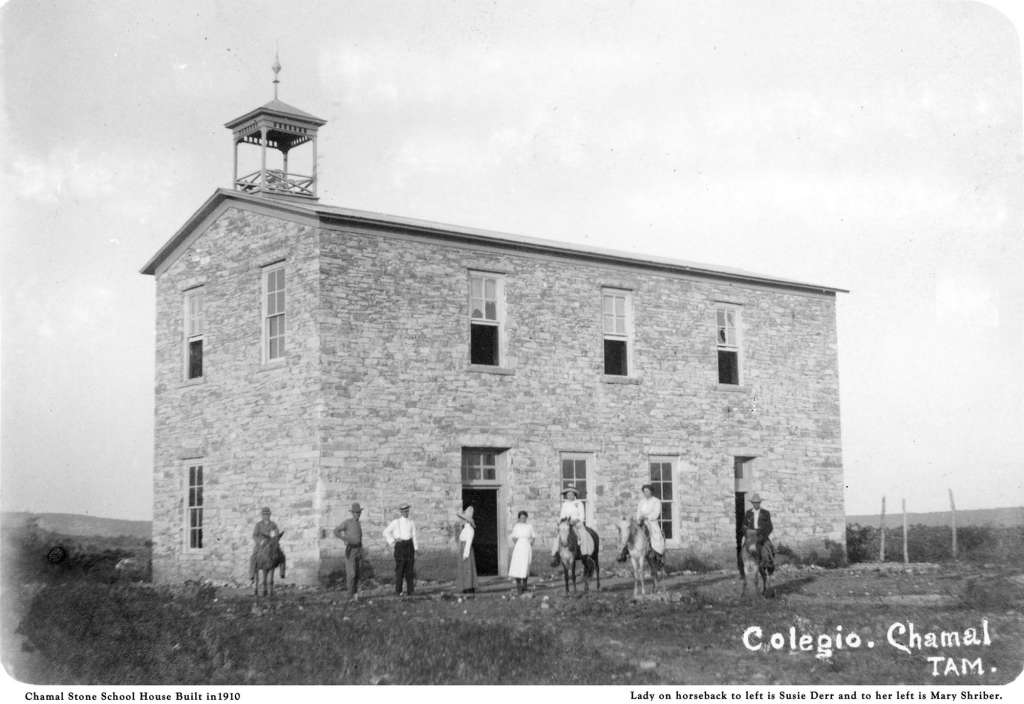
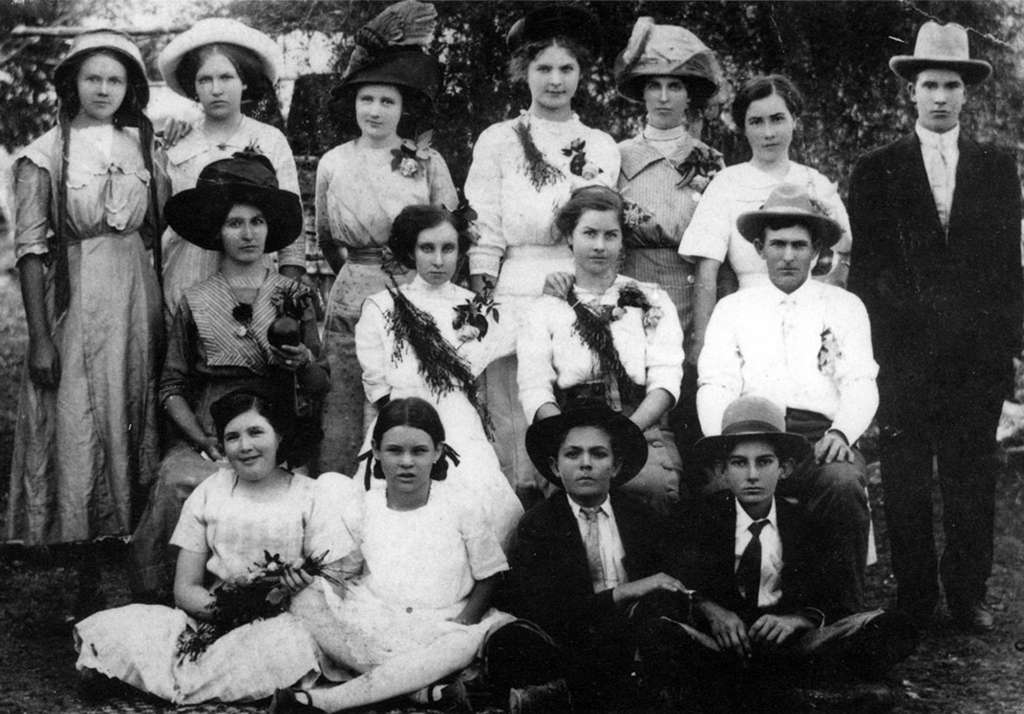
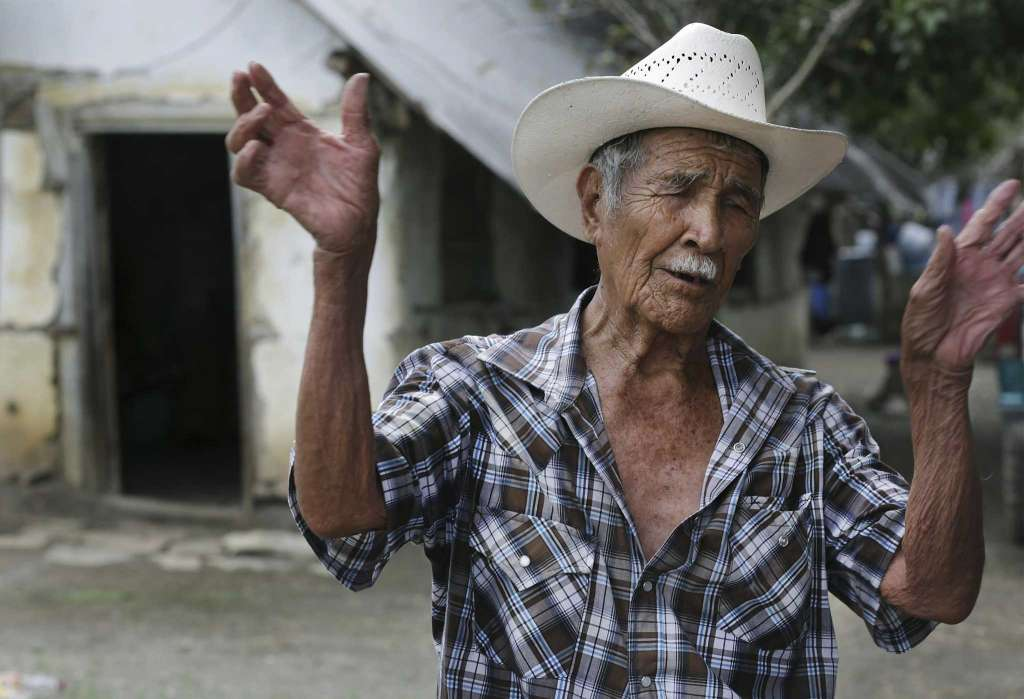
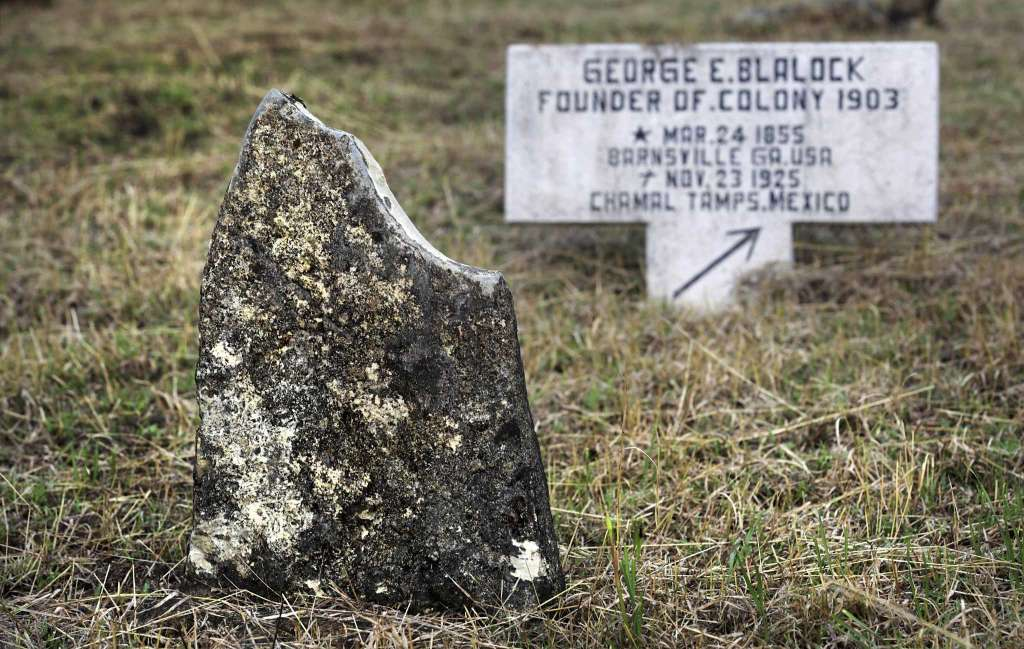
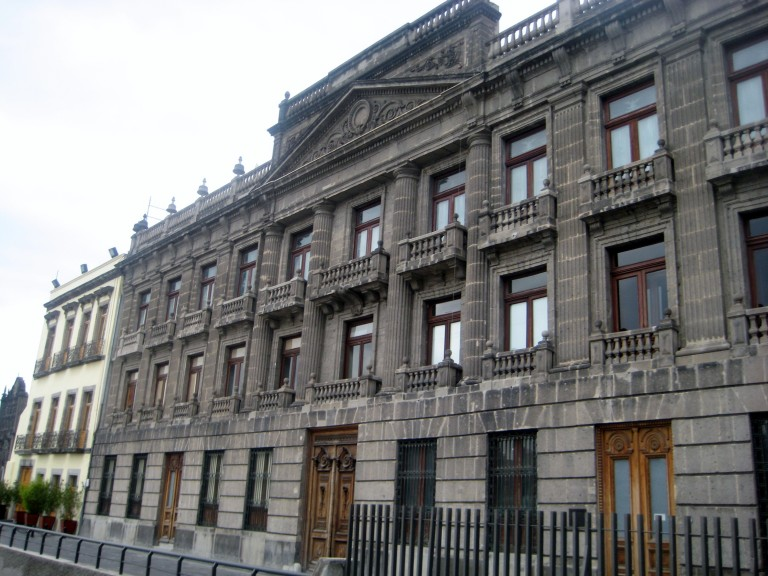
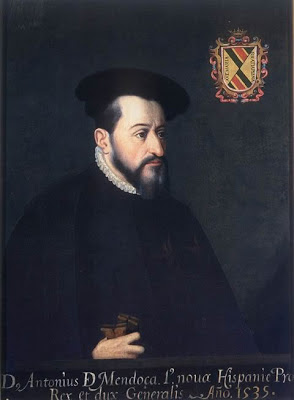
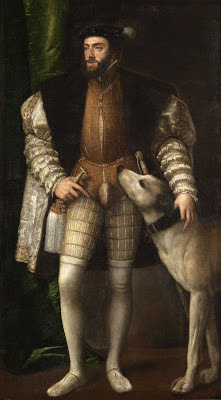
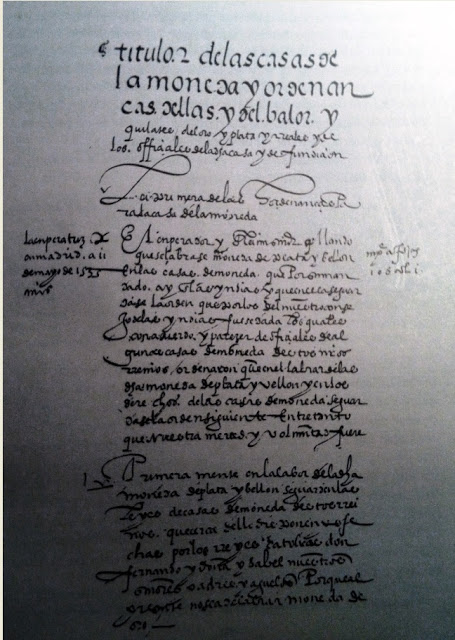
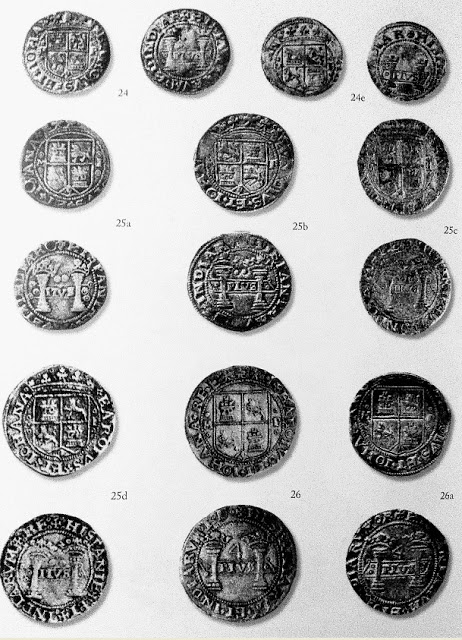
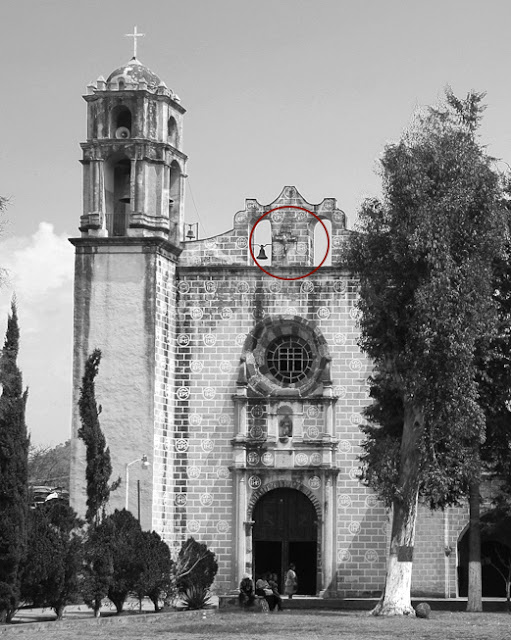
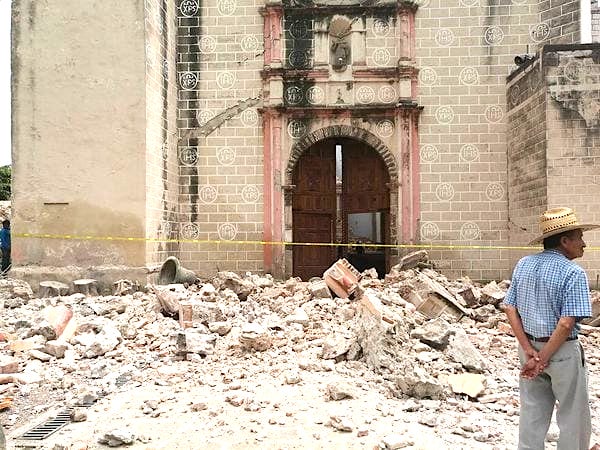
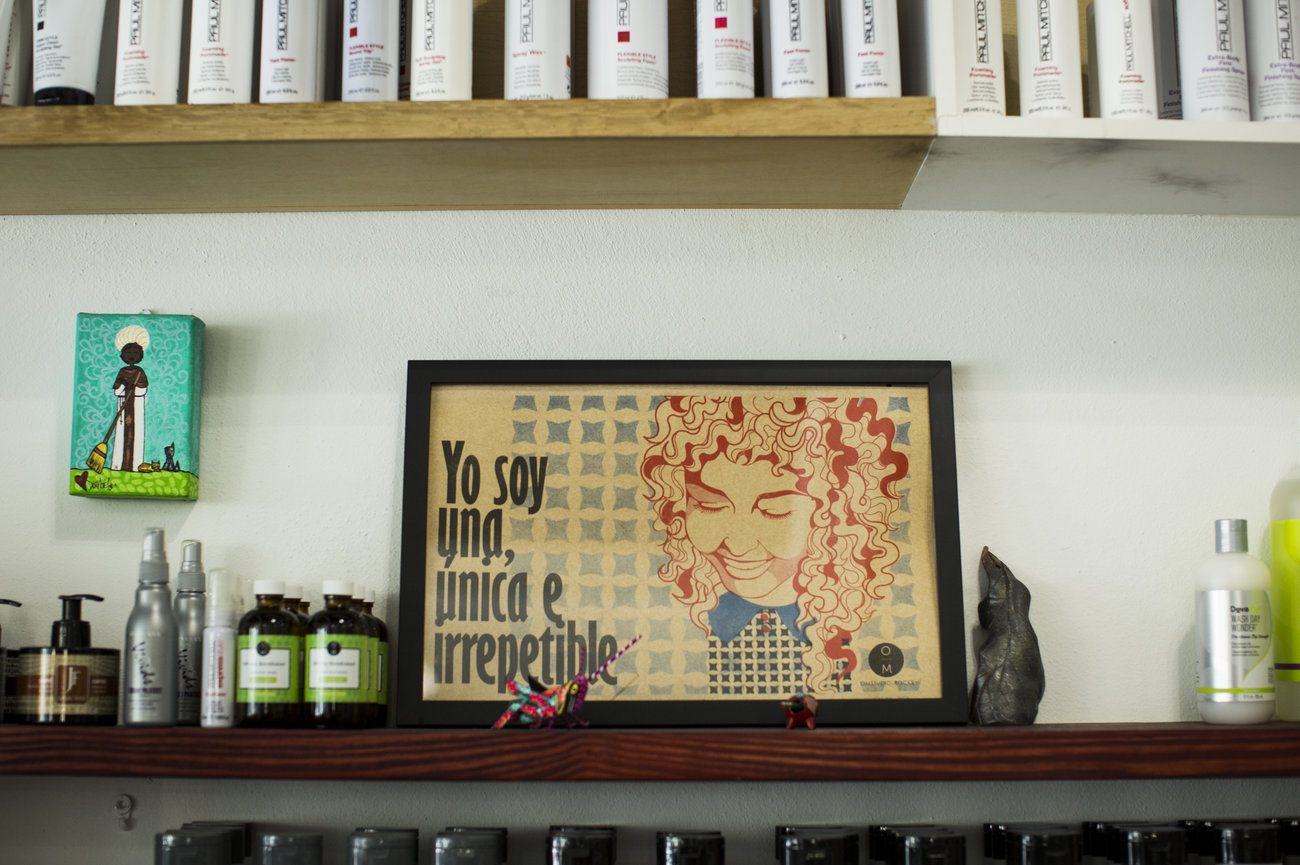


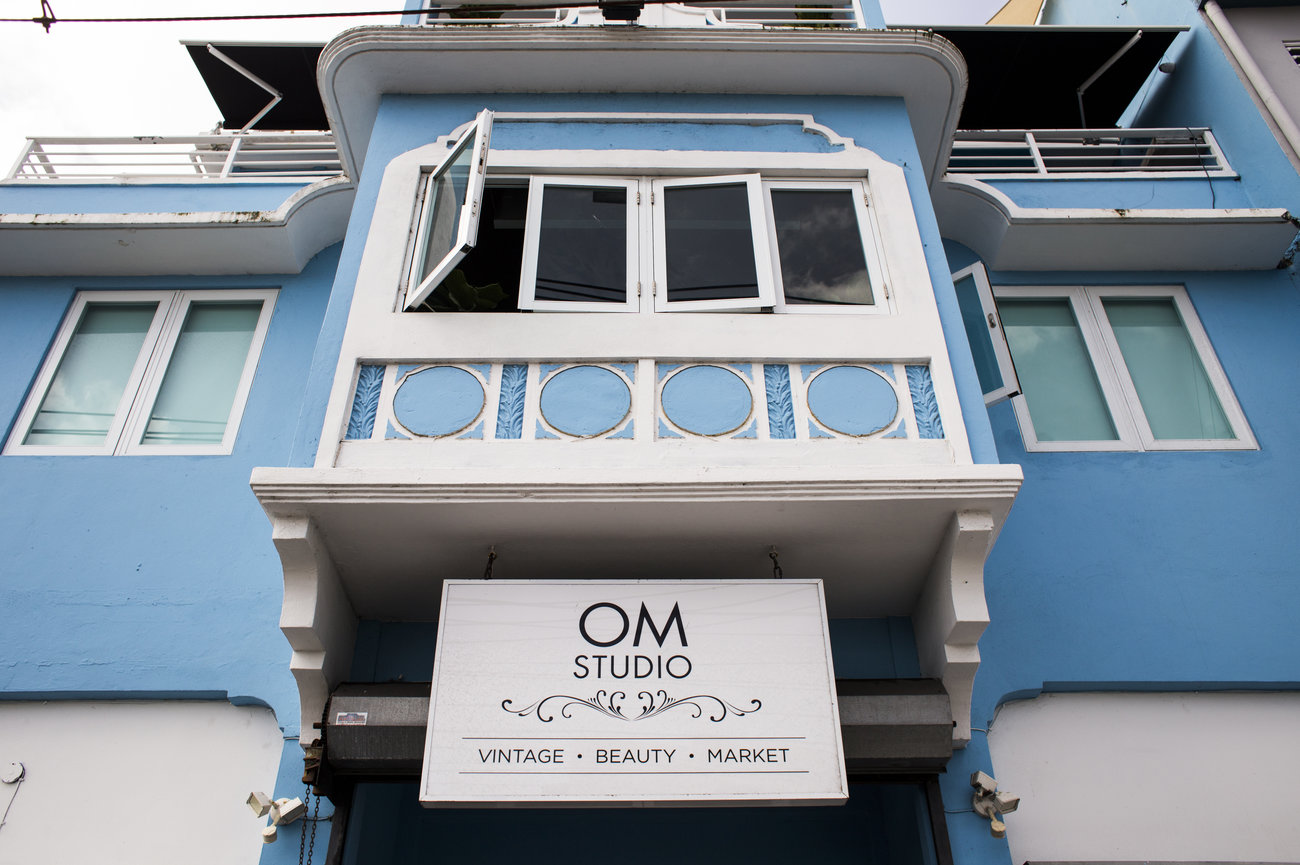
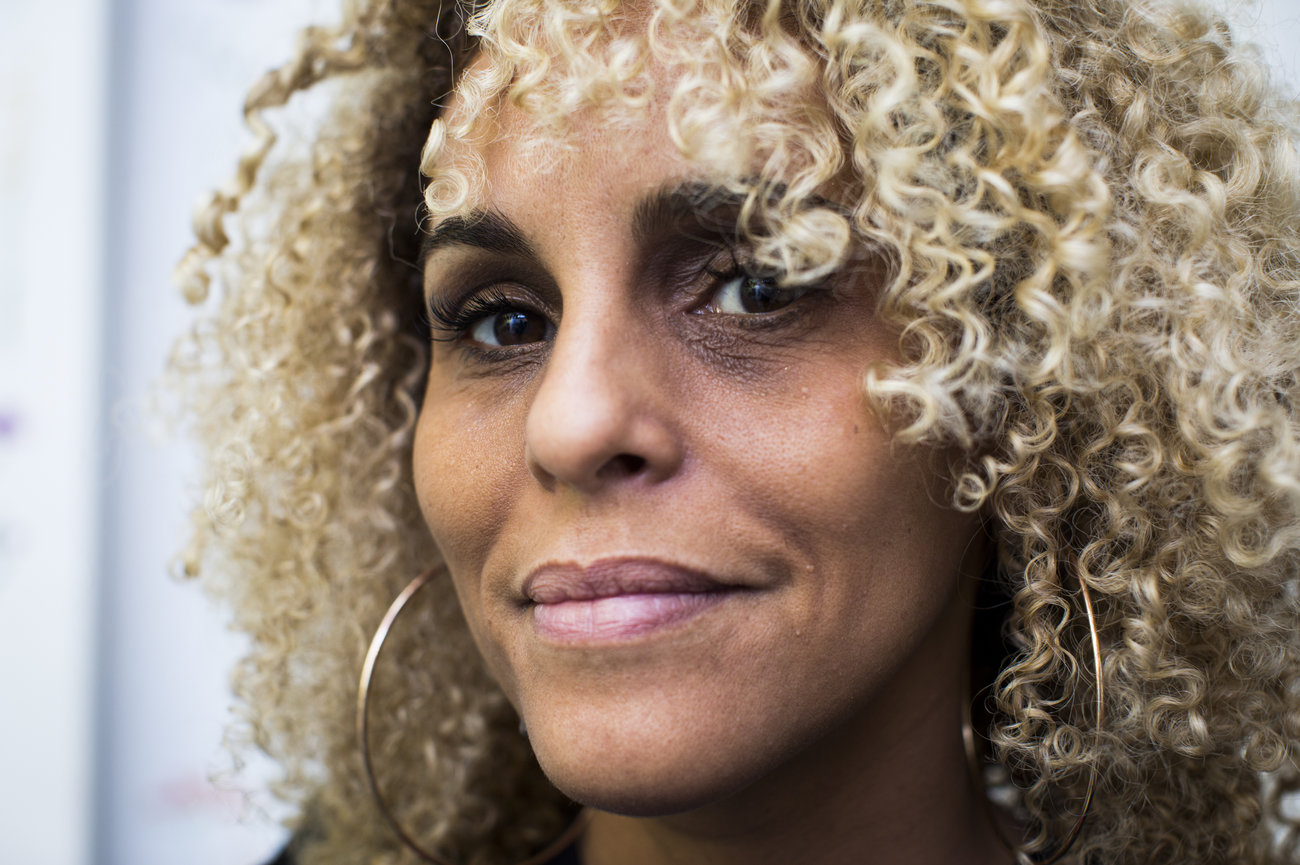 Ahniella
Gomez, 44, with her finished hair cut at OM Studio. She left her
hair natural 30 years ago. According Laura Om, owner of the
salon, more people have decided to keep their hair natural after
Hurricane Maria.
Ahniella
Gomez, 44, with her finished hair cut at OM Studio. She left her
hair natural 30 years ago. According Laura Om, owner of the
salon, more people have decided to keep their hair natural after
Hurricane Maria.
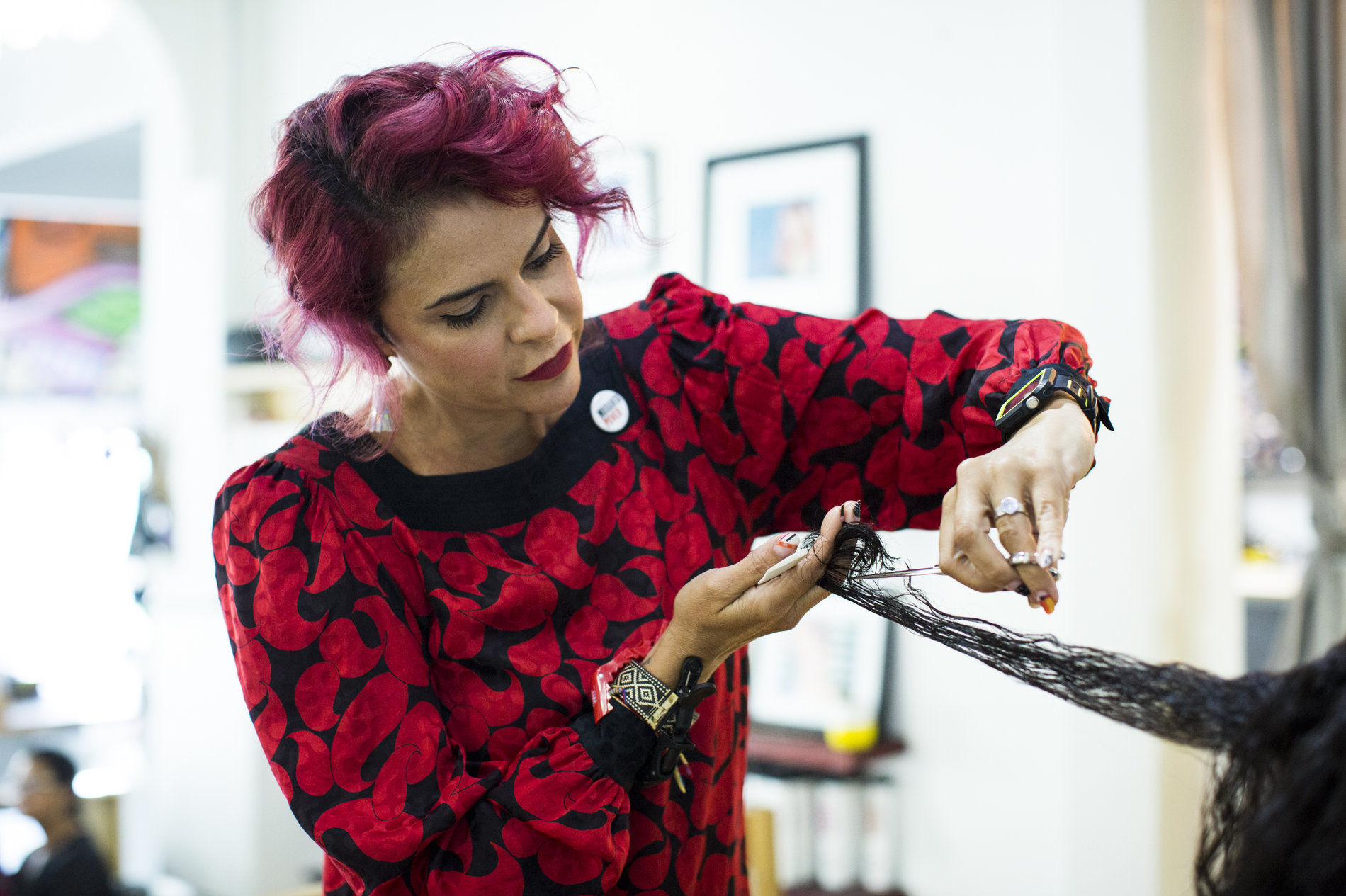

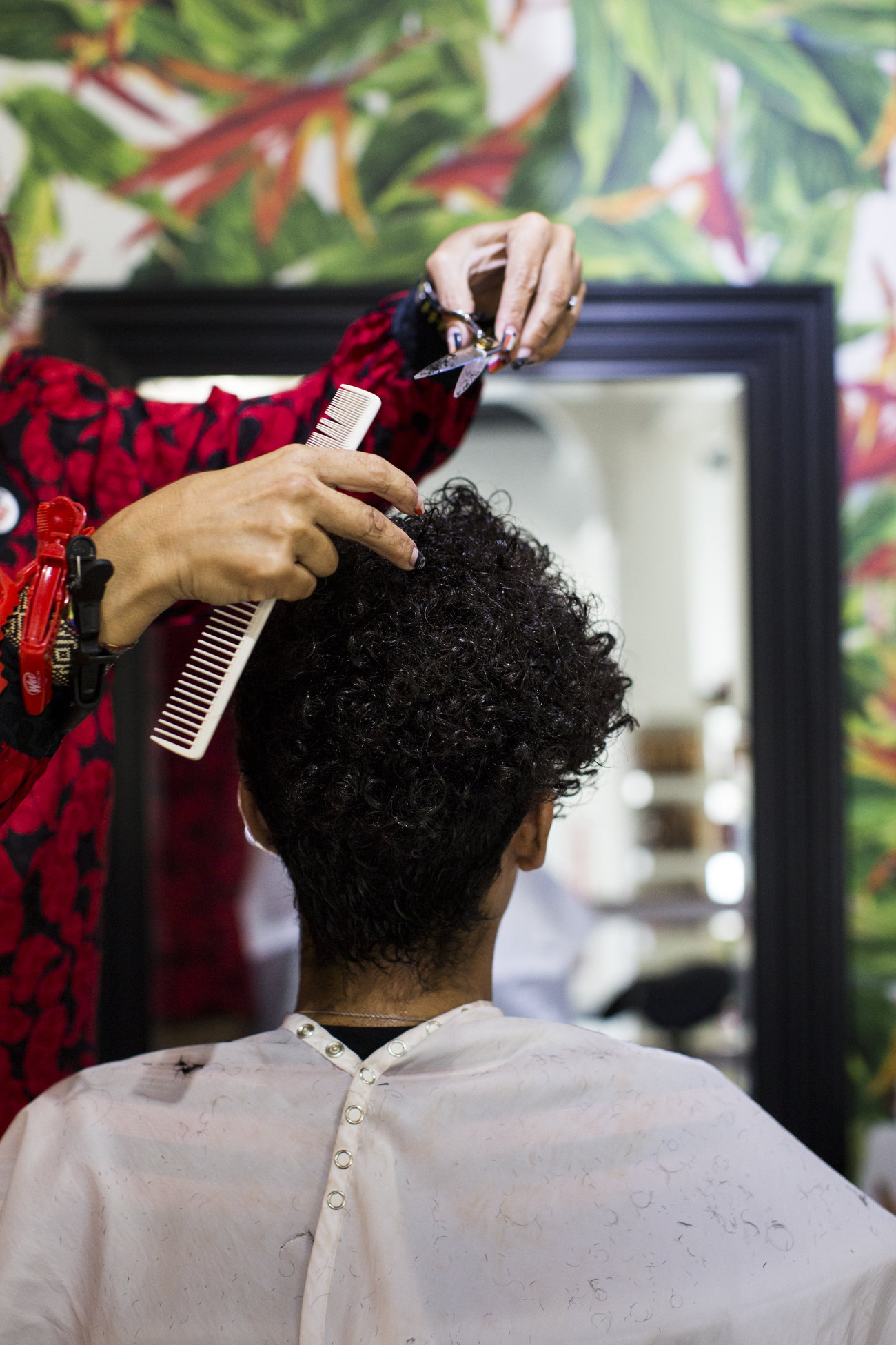
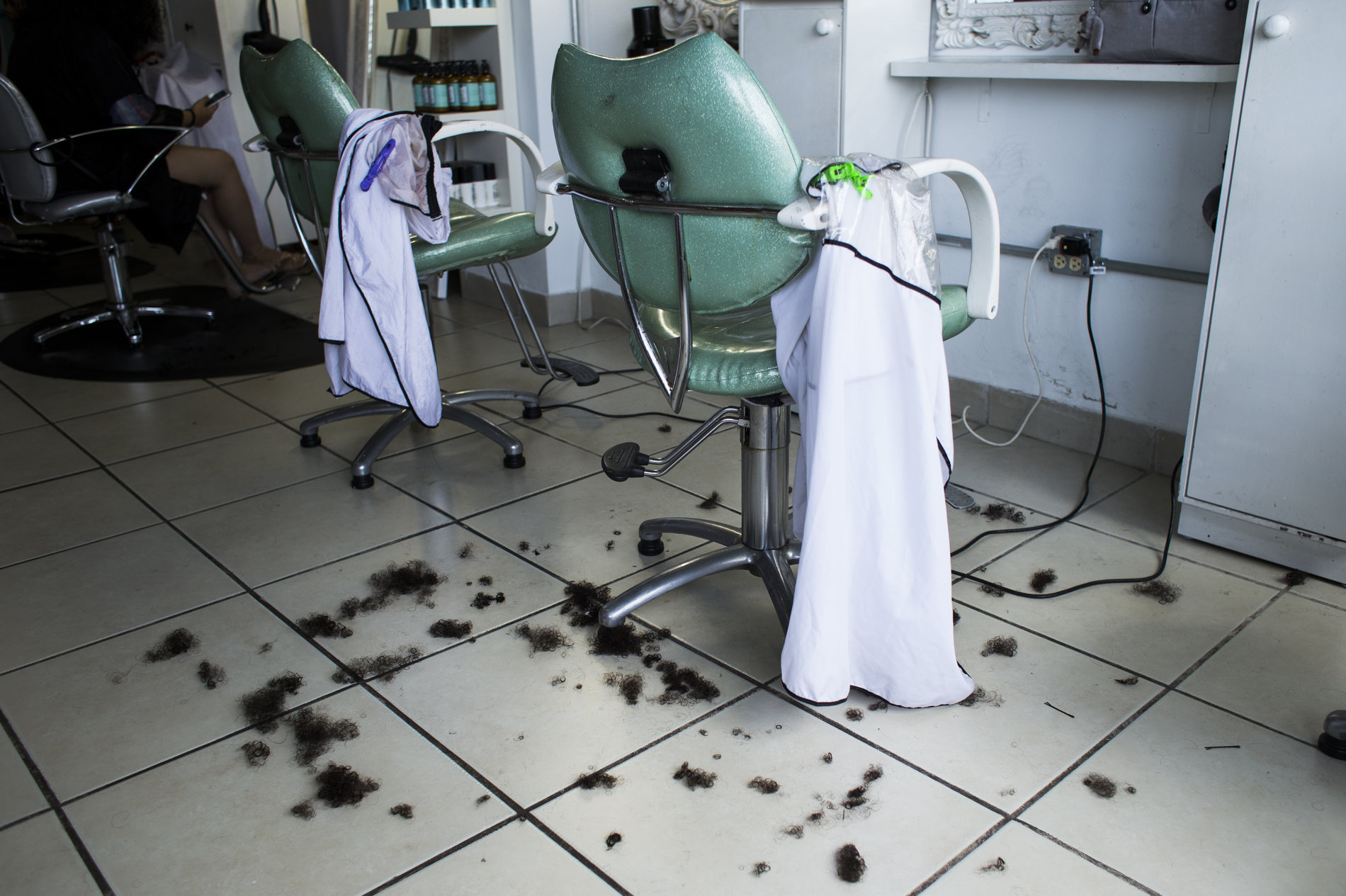

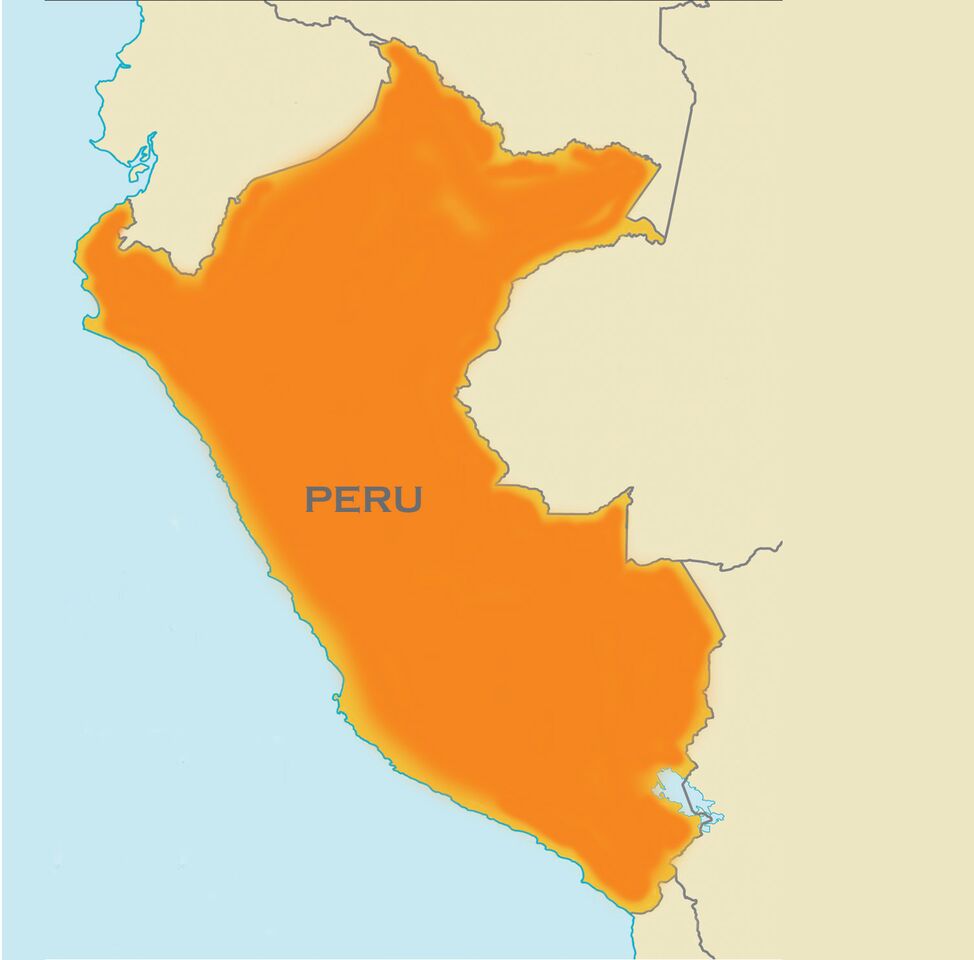
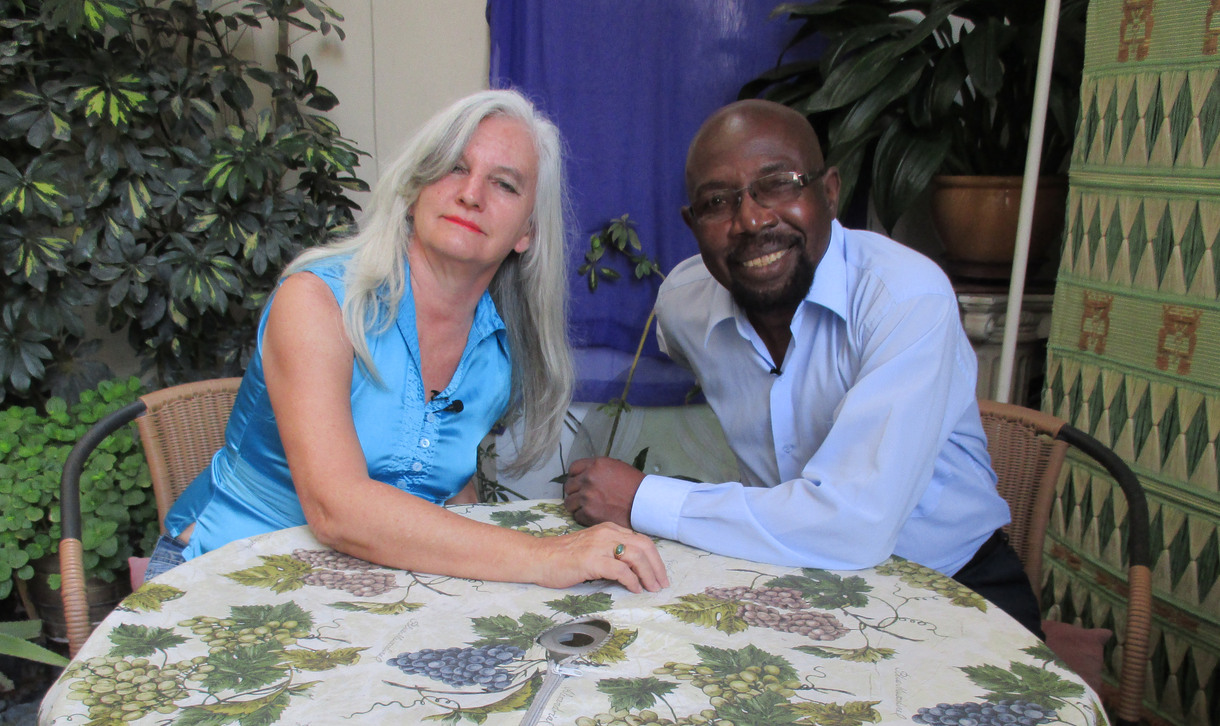
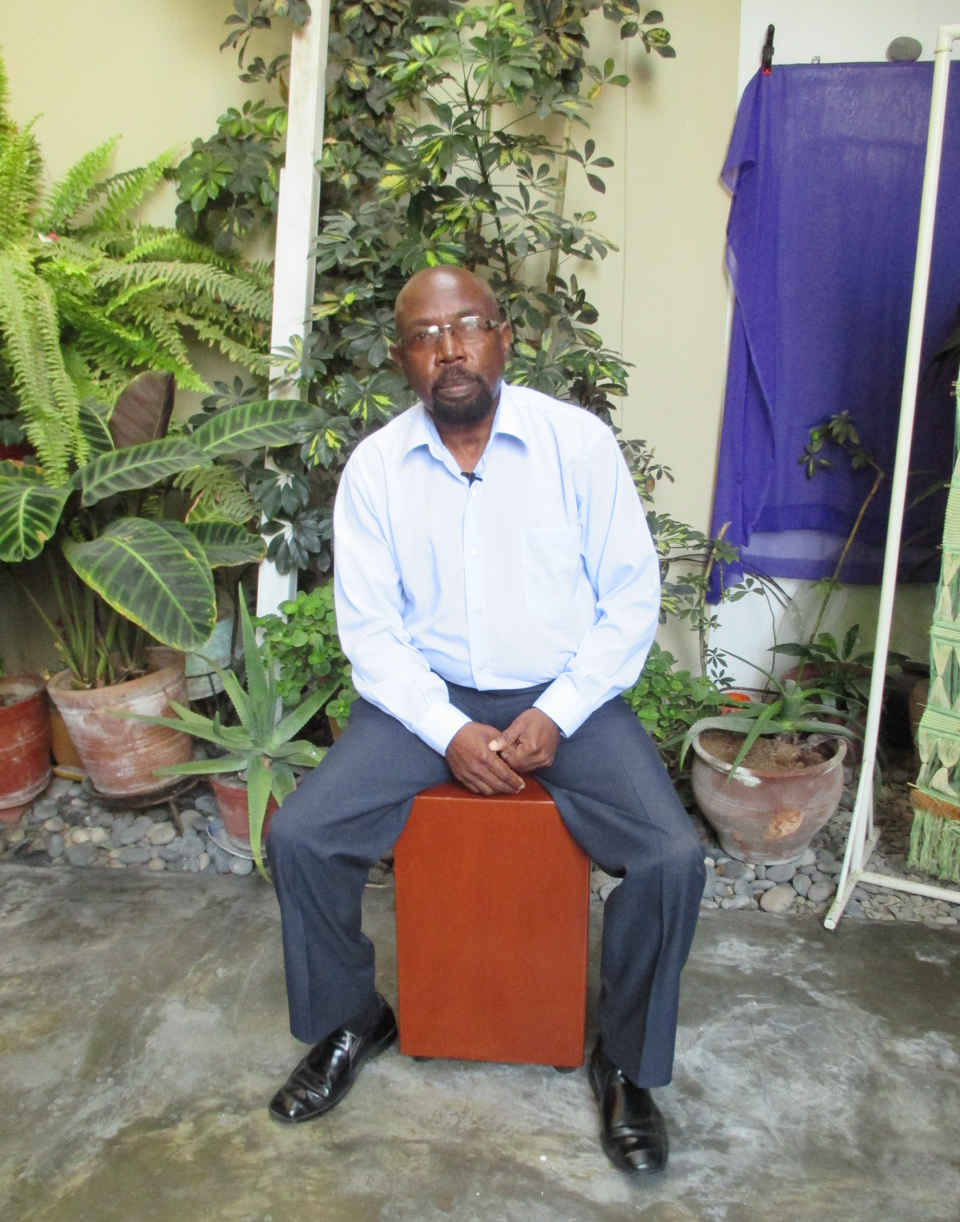
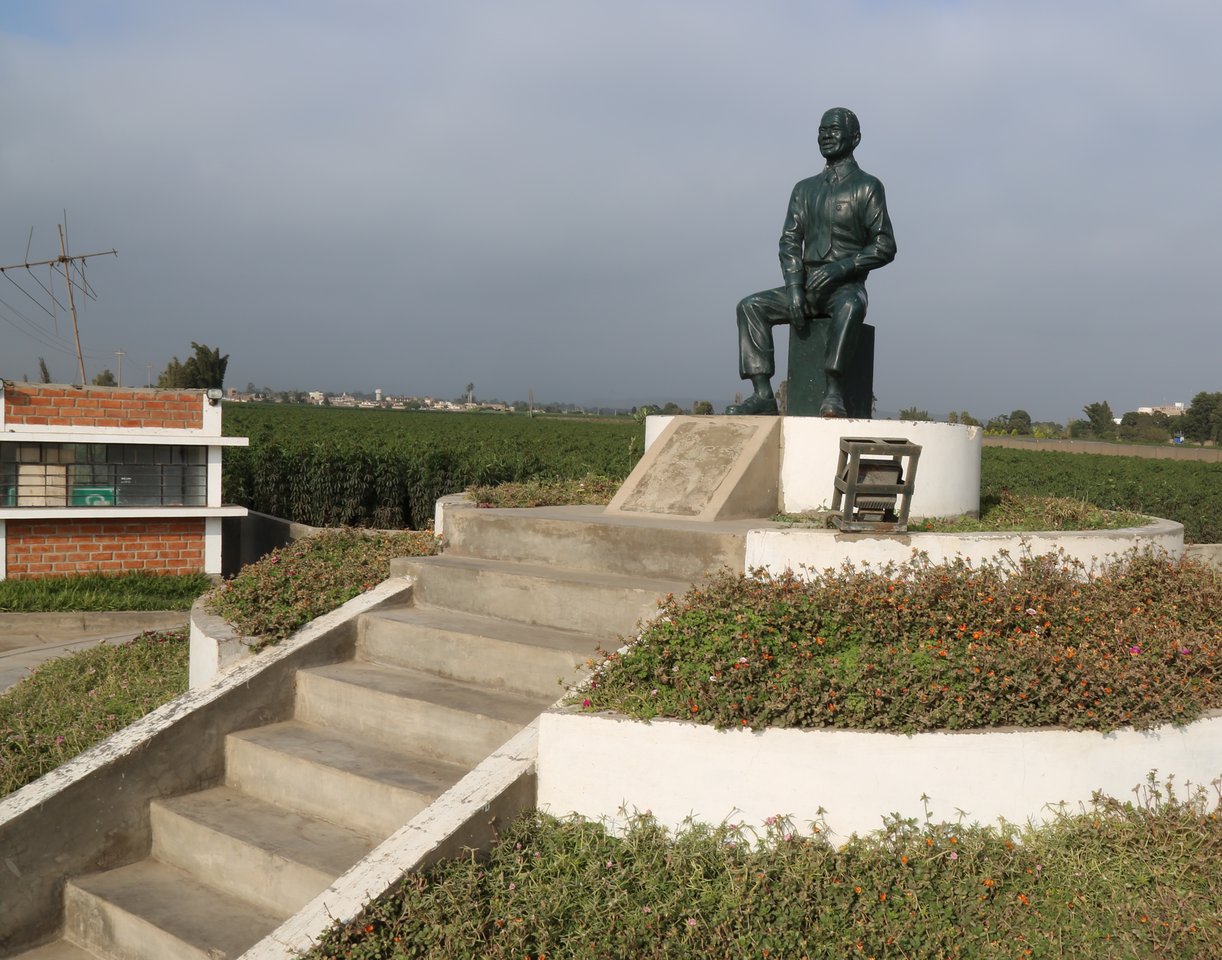
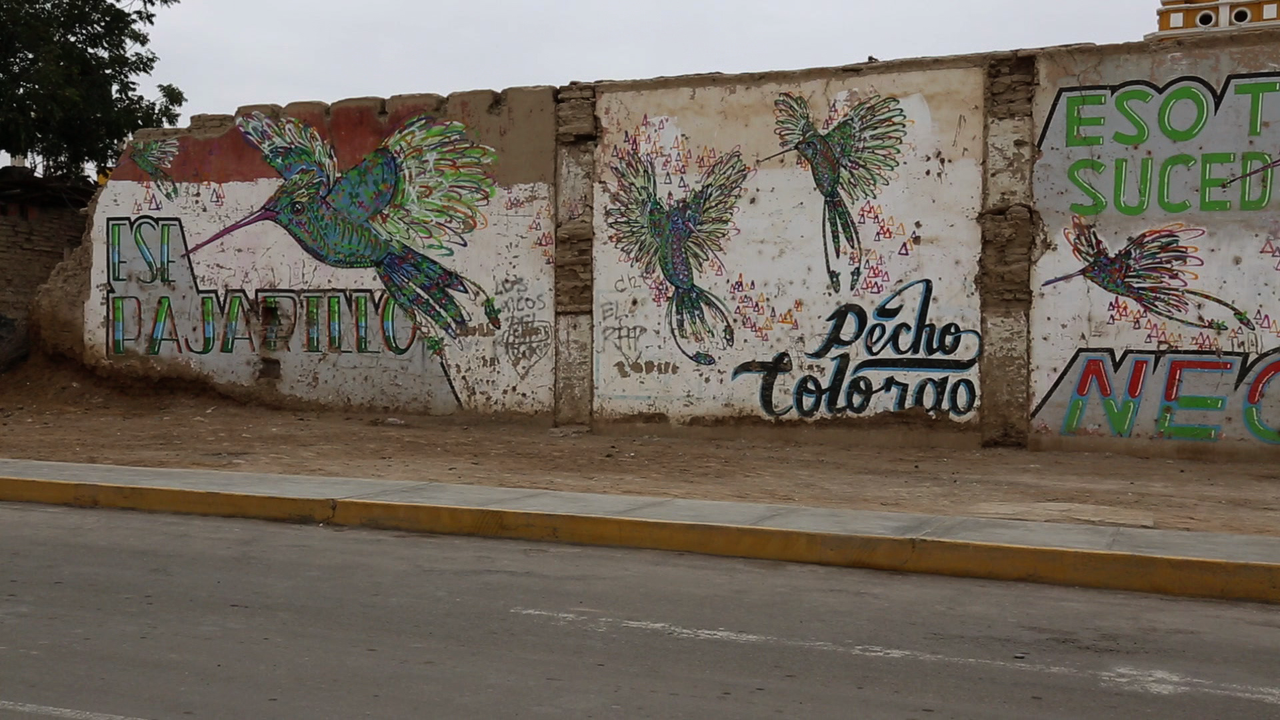
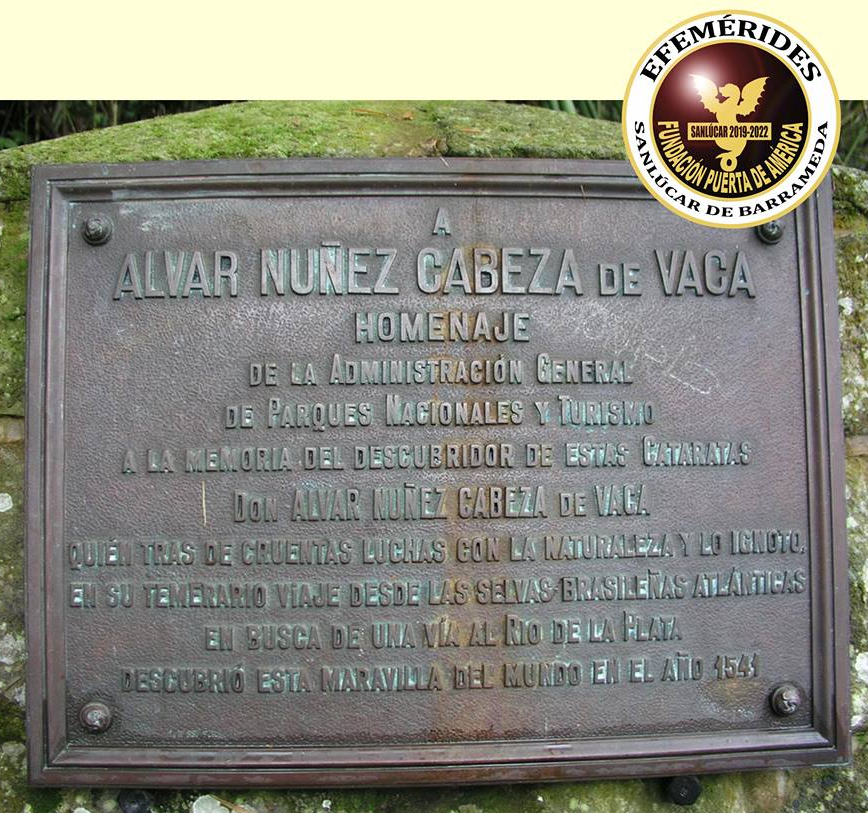
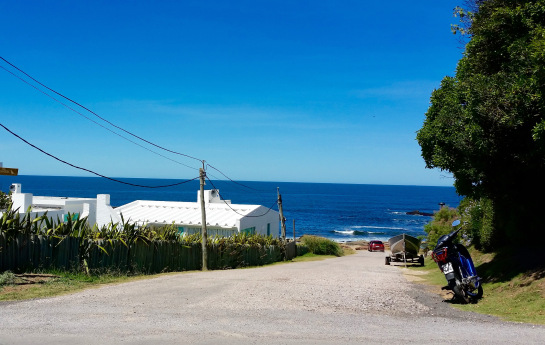
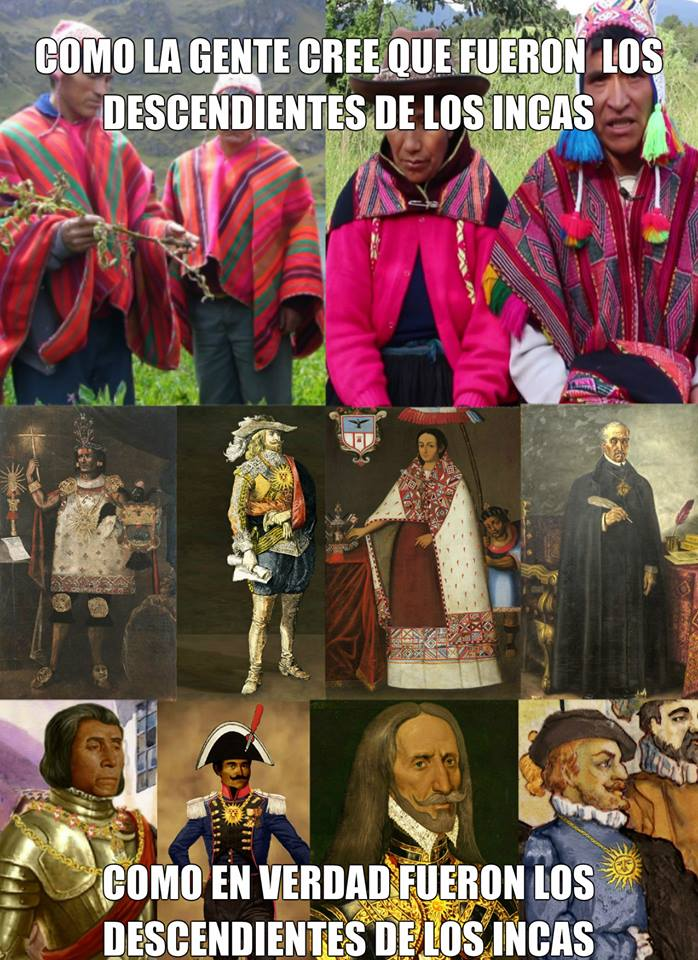
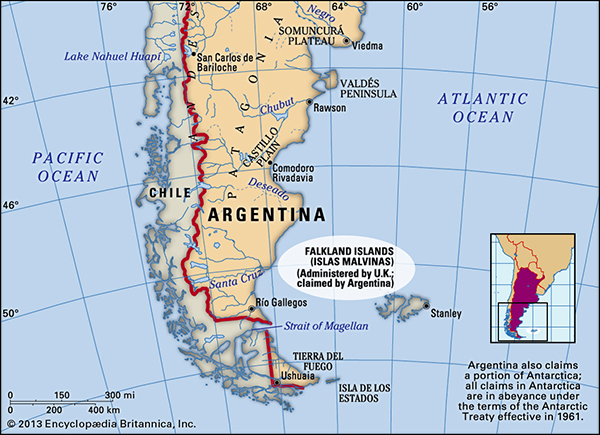
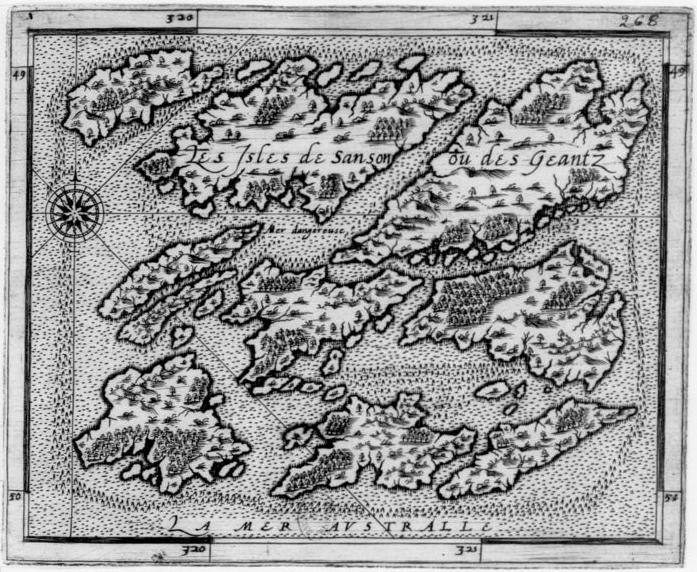
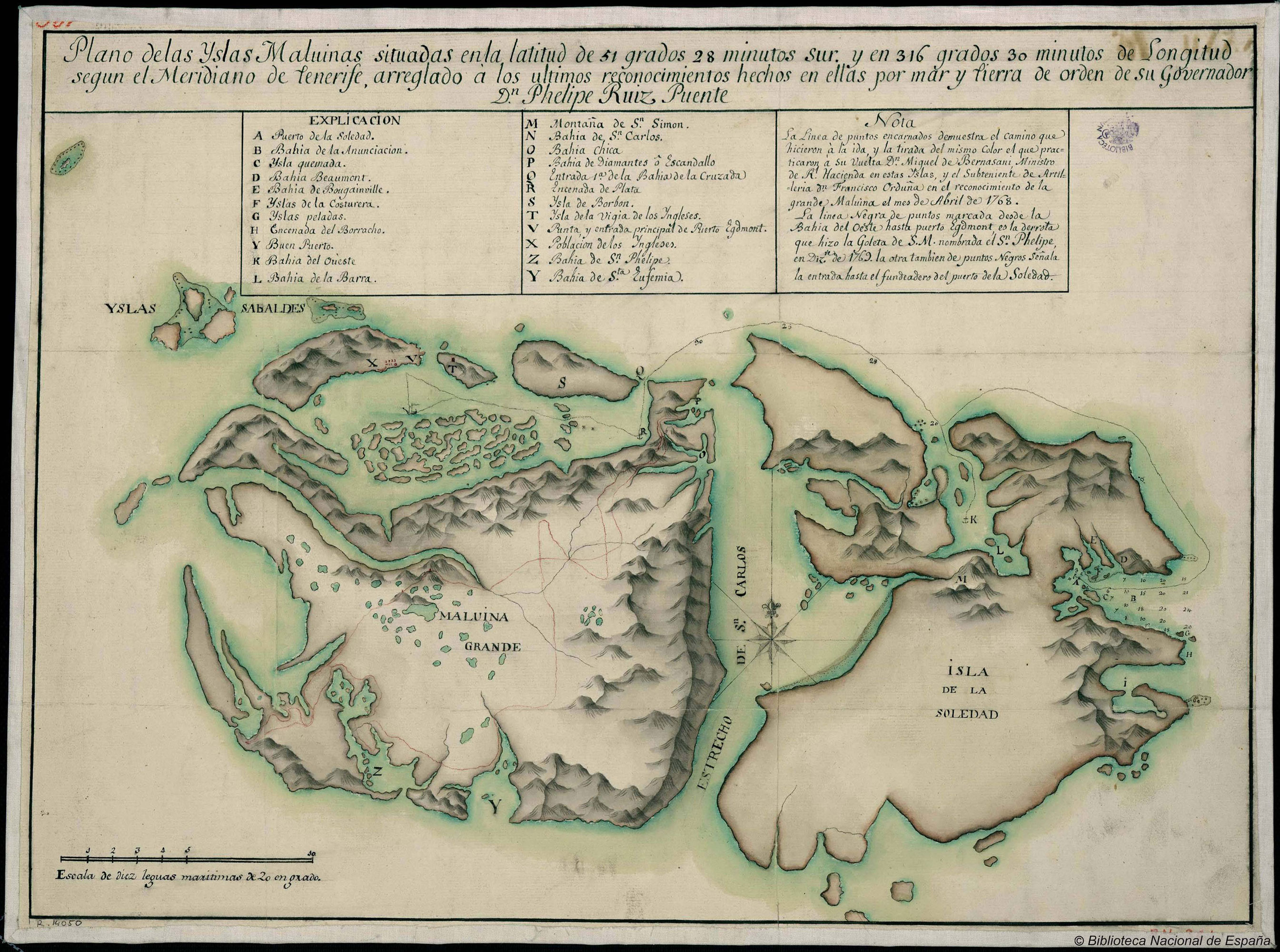
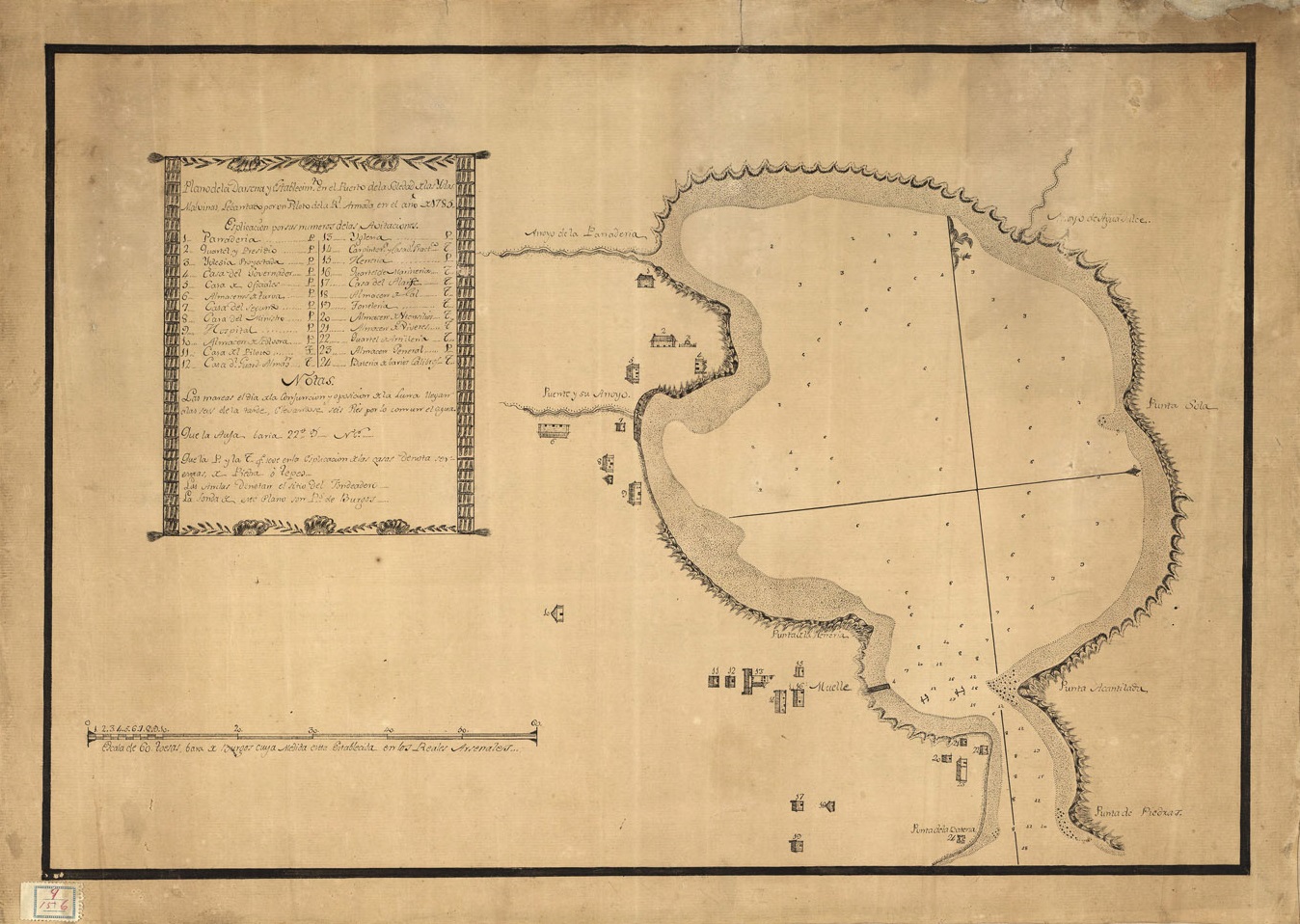
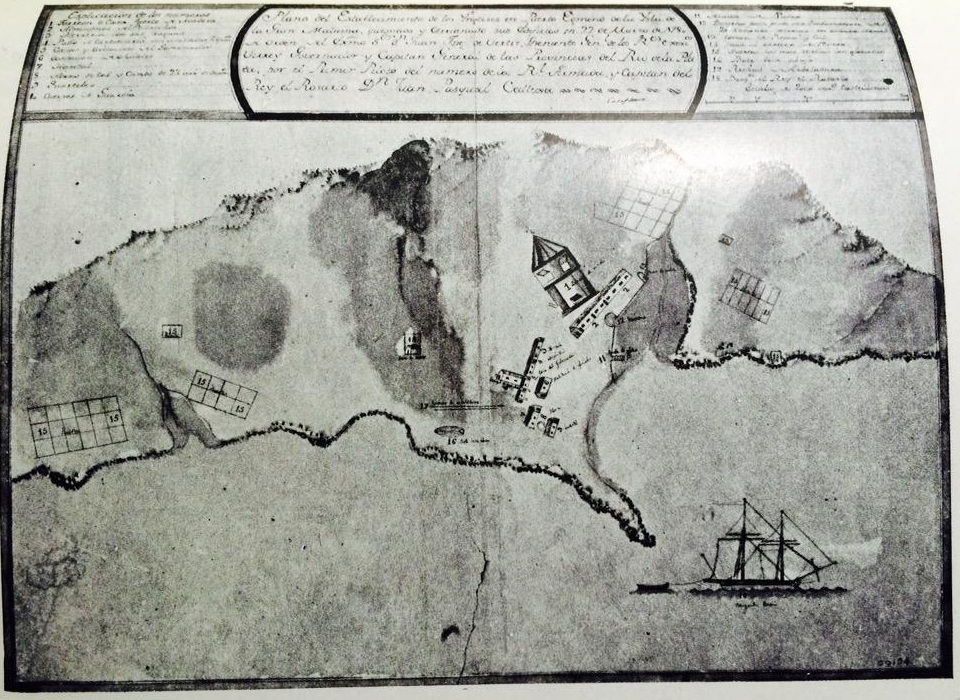
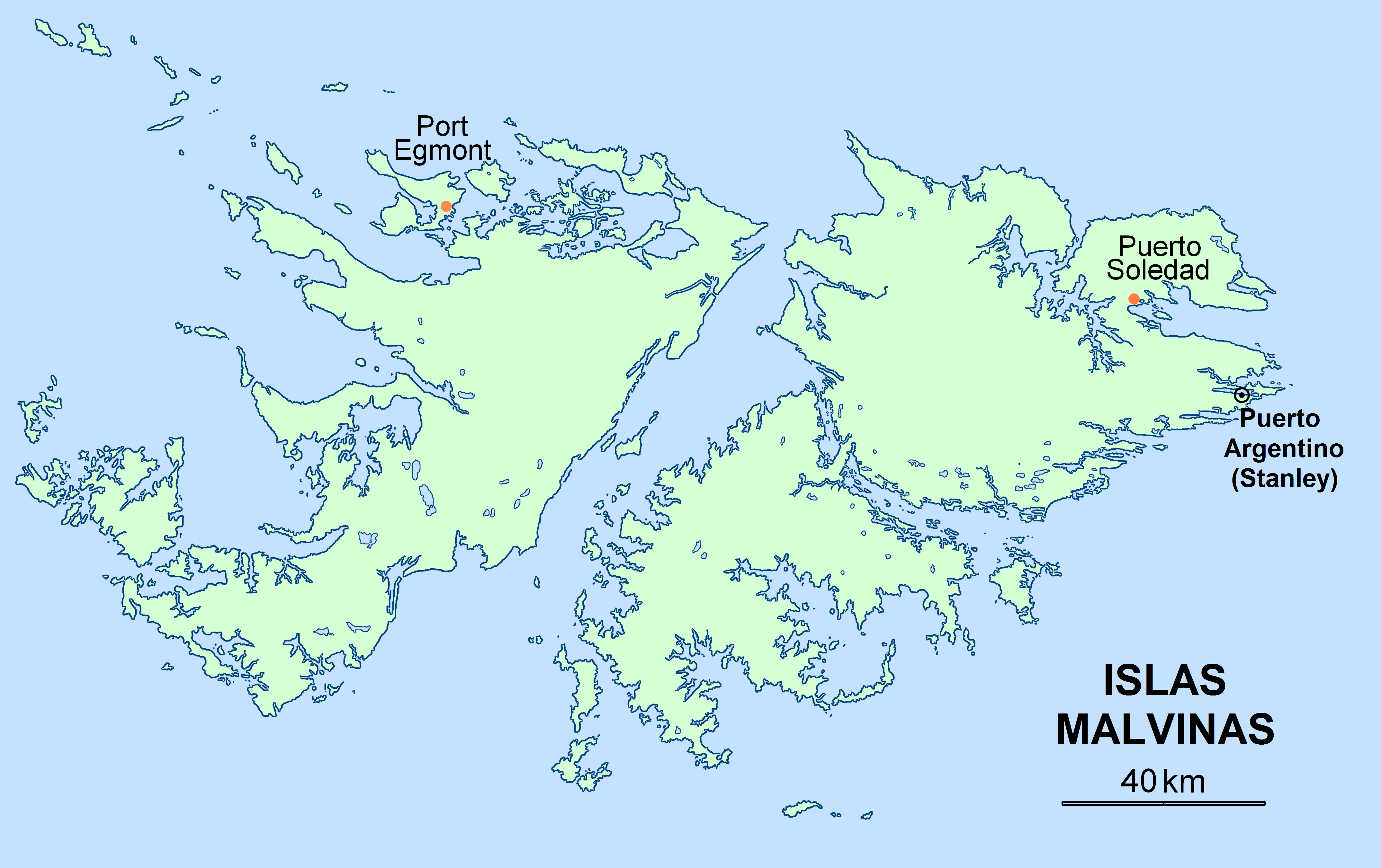
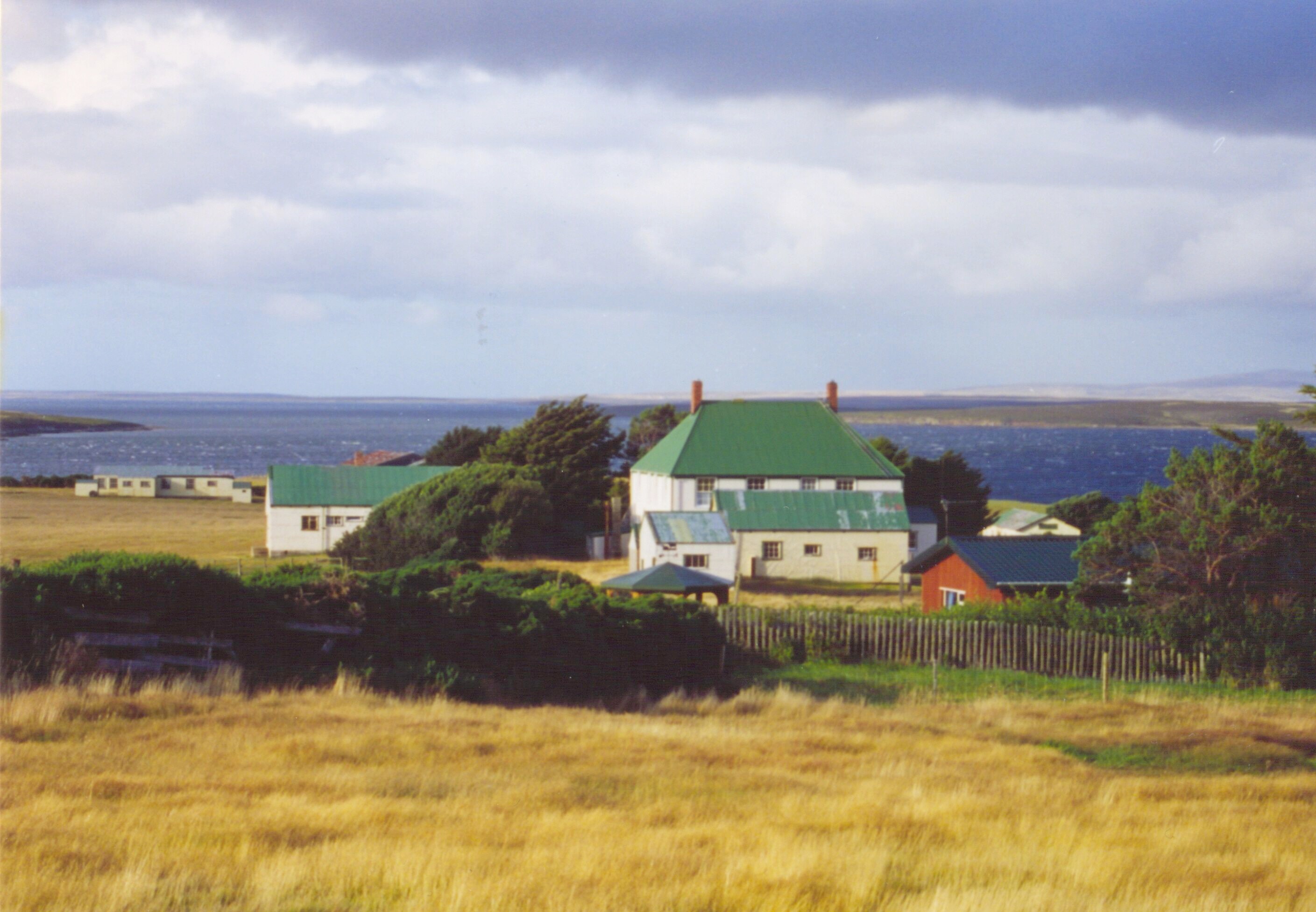
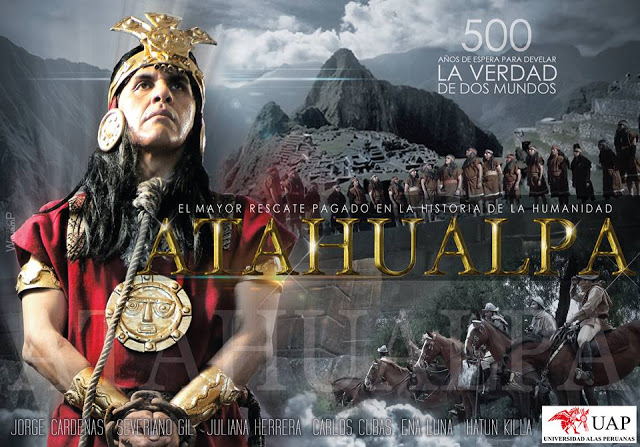
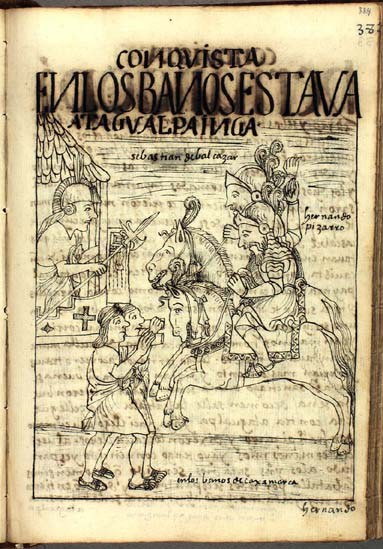
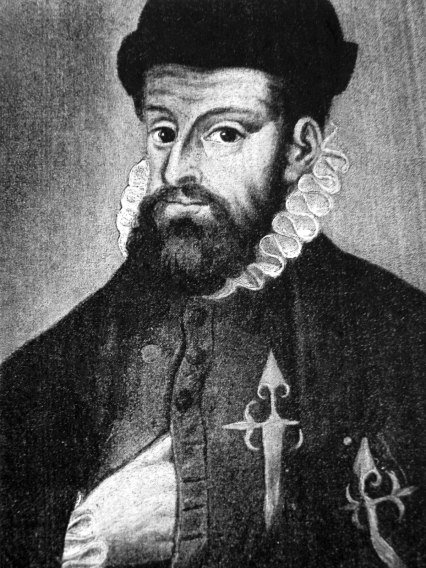
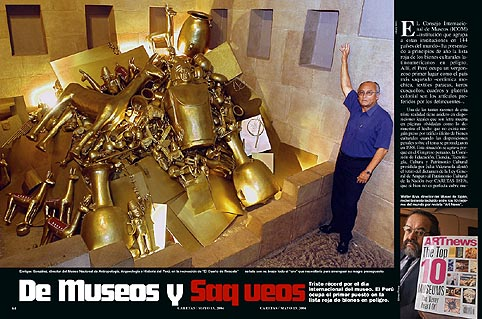
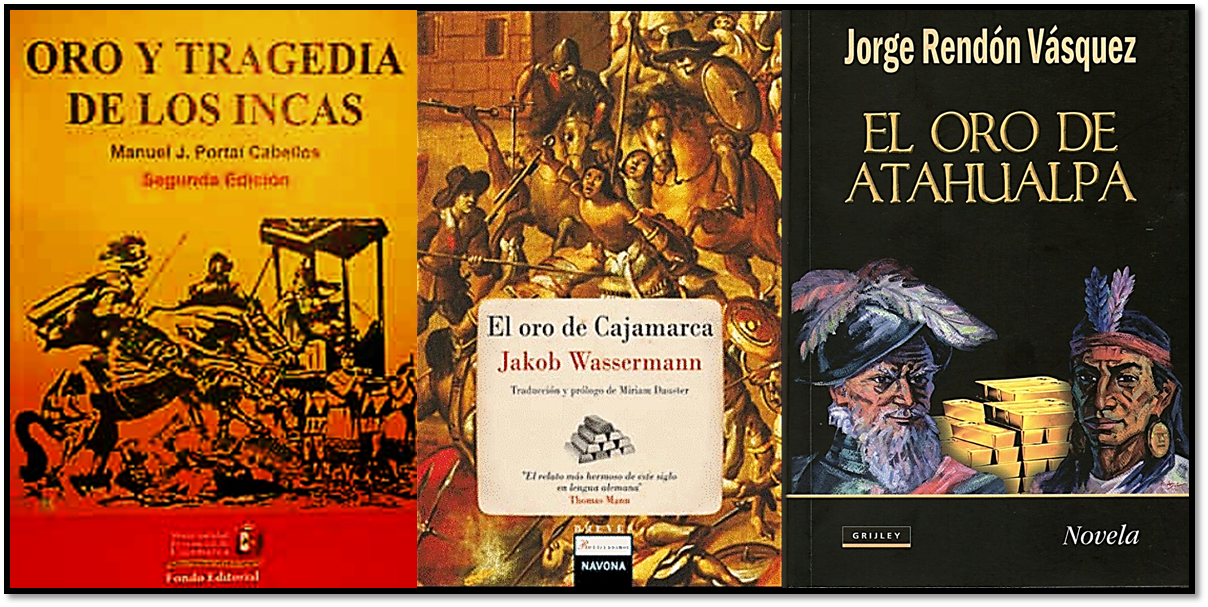
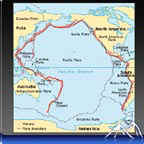
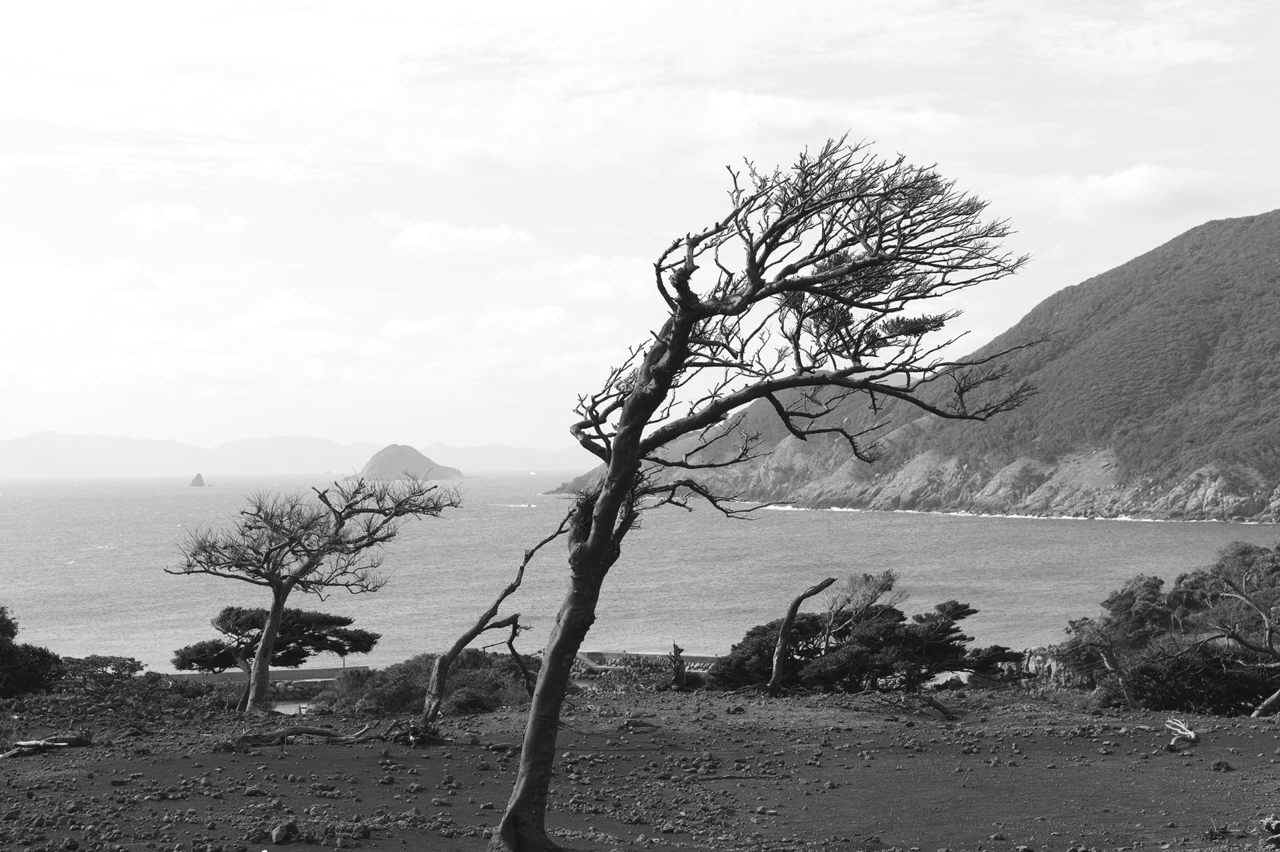
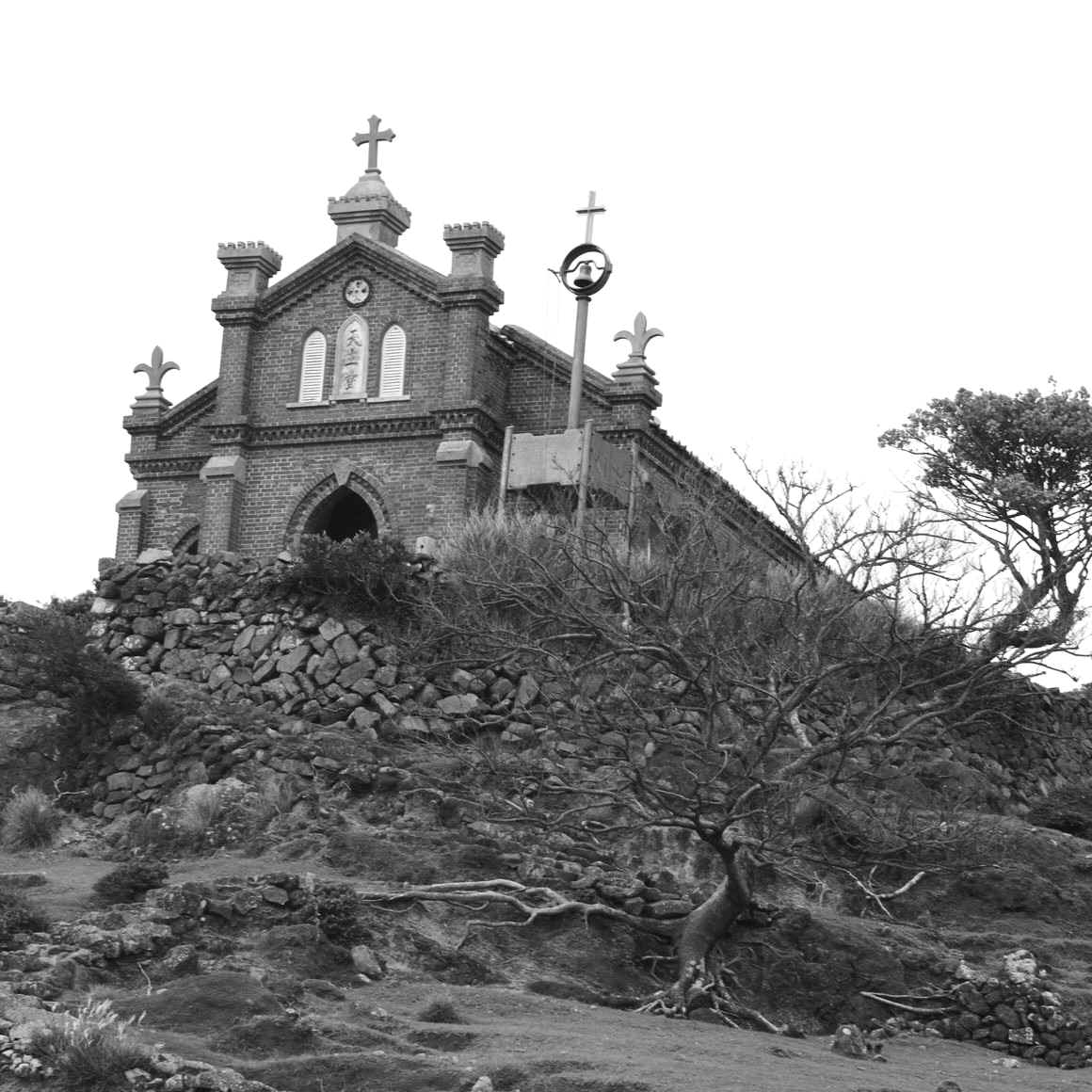
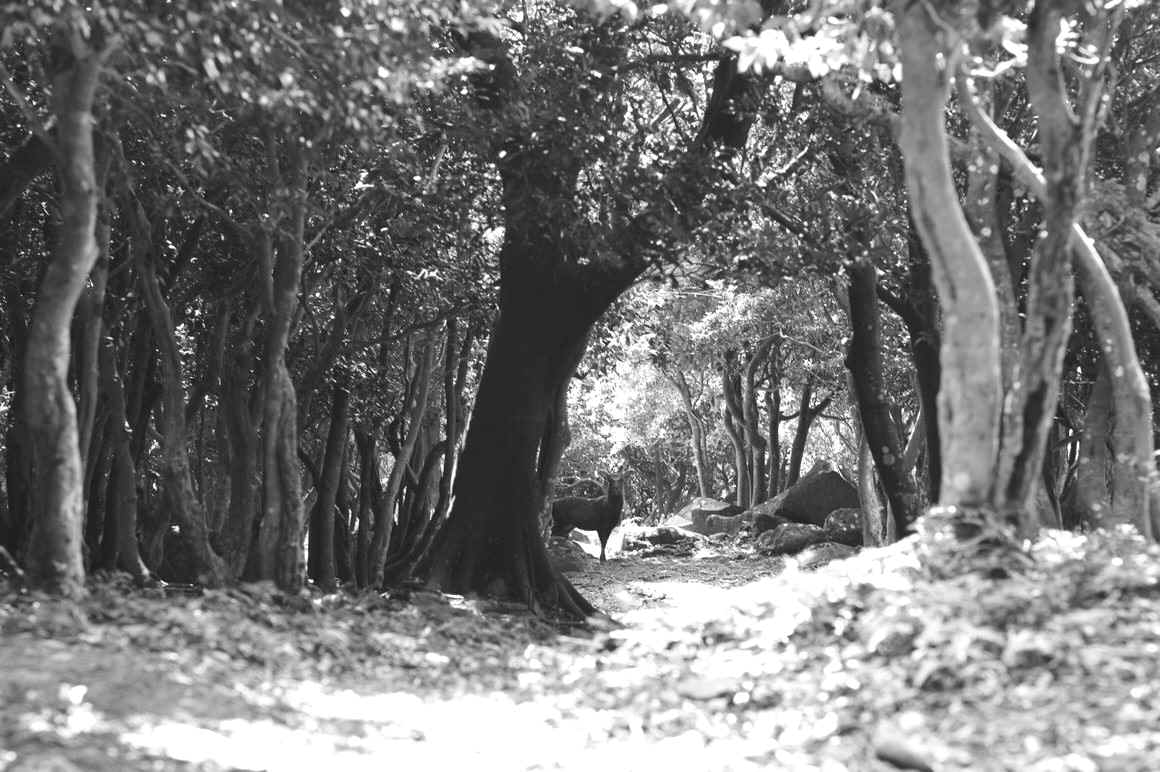
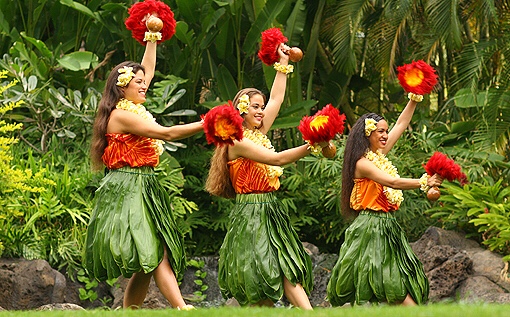
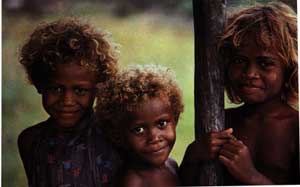
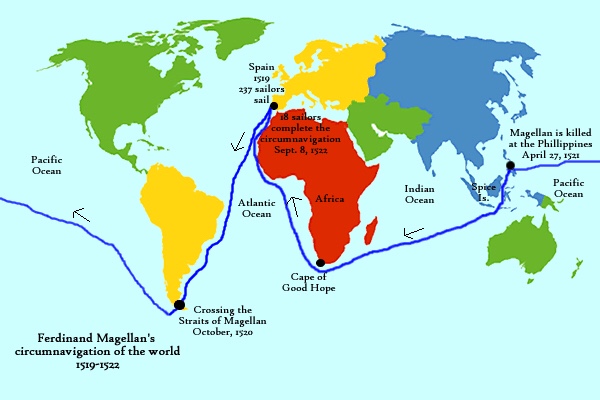 •Europeans
first contacted this area in 1521, when the Portuguese explorer
Ferdinand Magellan landed on the Micronesian island of Guam (now a US
colony)
•Europeans
first contacted this area in 1521, when the Portuguese explorer
Ferdinand Magellan landed on the Micronesian island of Guam (now a US
colony)

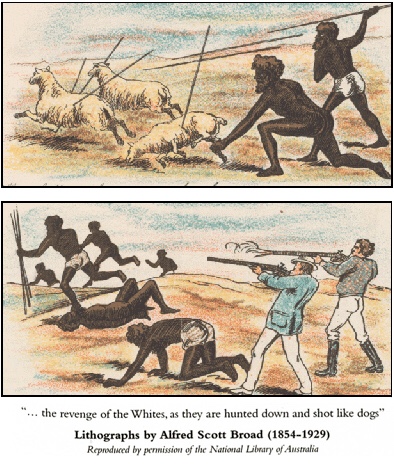 Colonization
Colonization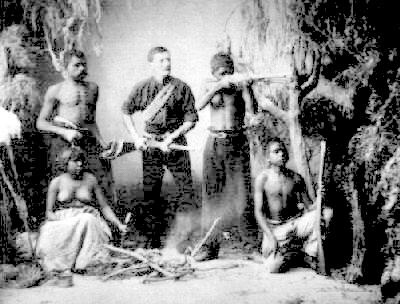 –The
Making of Australia: An Introductory History 1917: “When people
talk about the ‘history of Australia’ they mean the history of the
white people who have lived in Australia. There is good reason why we
should not stretch the term to make it include the history of the
dark-skinned wandering tribes who hurled boomerangs and ate snakes in
their native land for long ages before the arrival of the first
intruders from Europe…for they have nothing that can be called
history…When the white man came among them, he found them living just
as their fathers and grandfathers and remote ancestors had lived before
them…Change and progress are the stuff of which history is made.”
–The
Making of Australia: An Introductory History 1917: “When people
talk about the ‘history of Australia’ they mean the history of the
white people who have lived in Australia. There is good reason why we
should not stretch the term to make it include the history of the
dark-skinned wandering tribes who hurled boomerangs and ate snakes in
their native land for long ages before the arrival of the first
intruders from Europe…for they have nothing that can be called
history…When the white man came among them, he found them living just
as their fathers and grandfathers and remote ancestors had lived before
them…Change and progress are the stuff of which history is made.”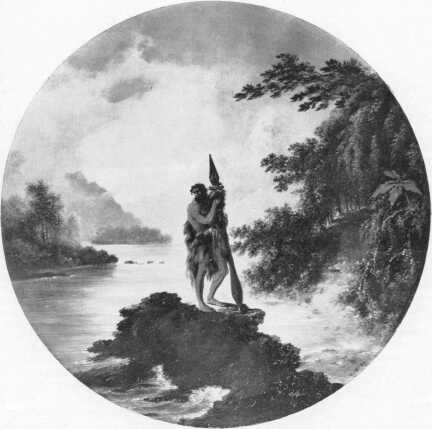
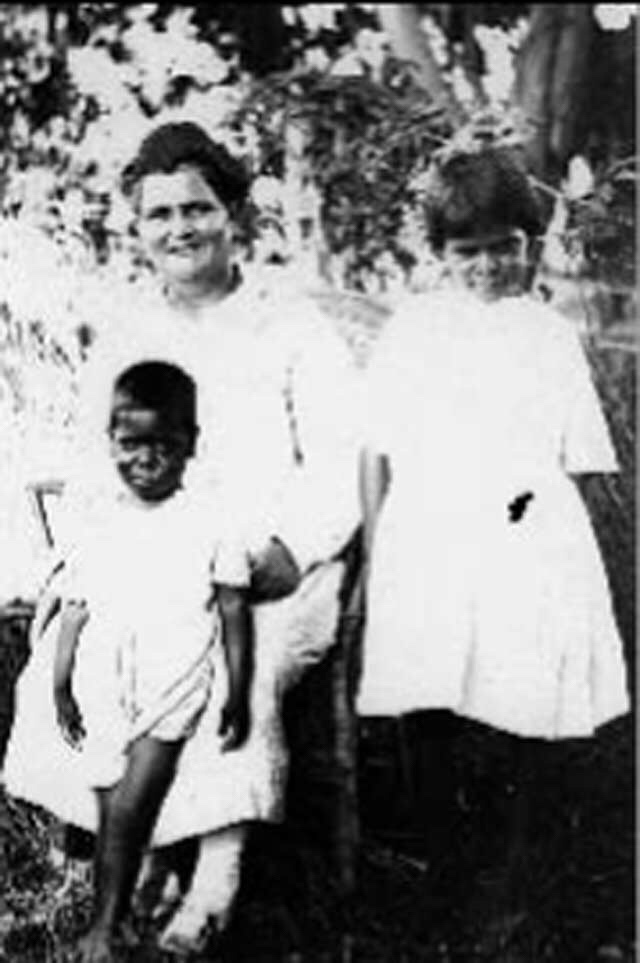
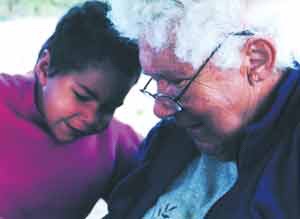 –
Nancy de Vries was taken from her birth mother as a 15-month-old baby.
She lived in 22 places before she was 18 years old. It was a shameful 53
years before she was reunited with her mother. Nancy de Vries was the
human face of past government policies of dispossession.
–
Nancy de Vries was taken from her birth mother as a 15-month-old baby.
She lived in 22 places before she was 18 years old. It was a shameful 53
years before she was reunited with her mother. Nancy de Vries was the
human face of past government policies of dispossession.